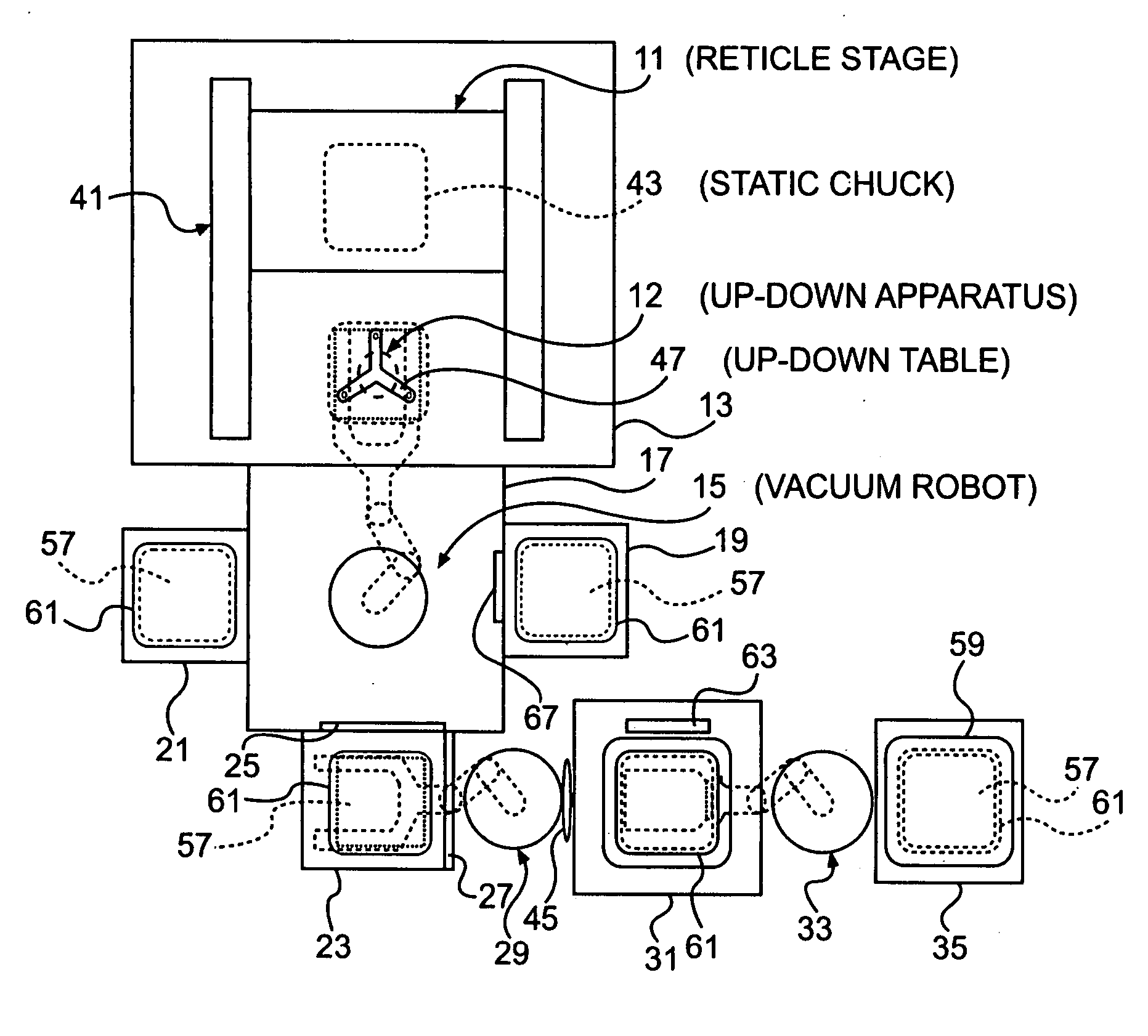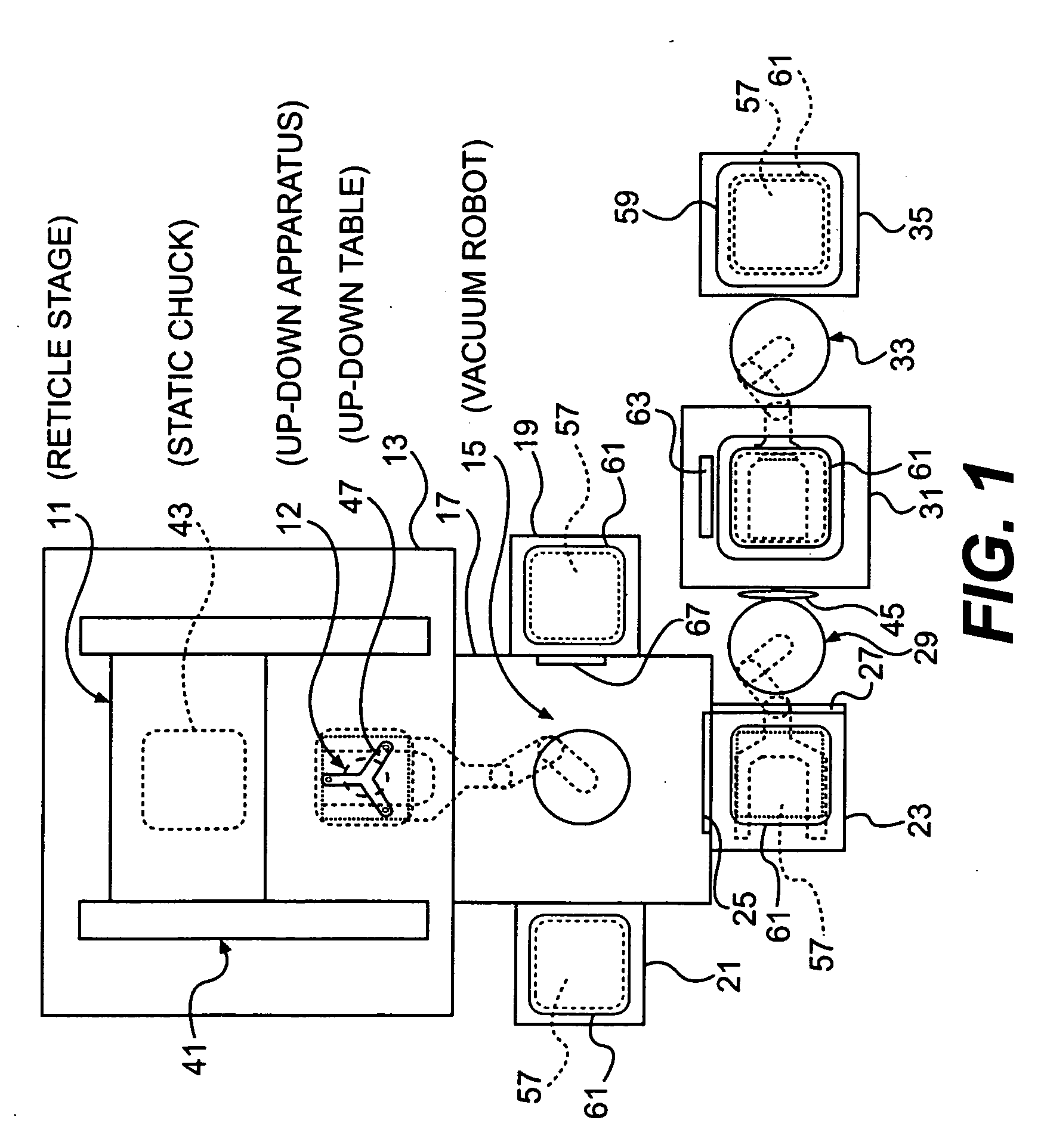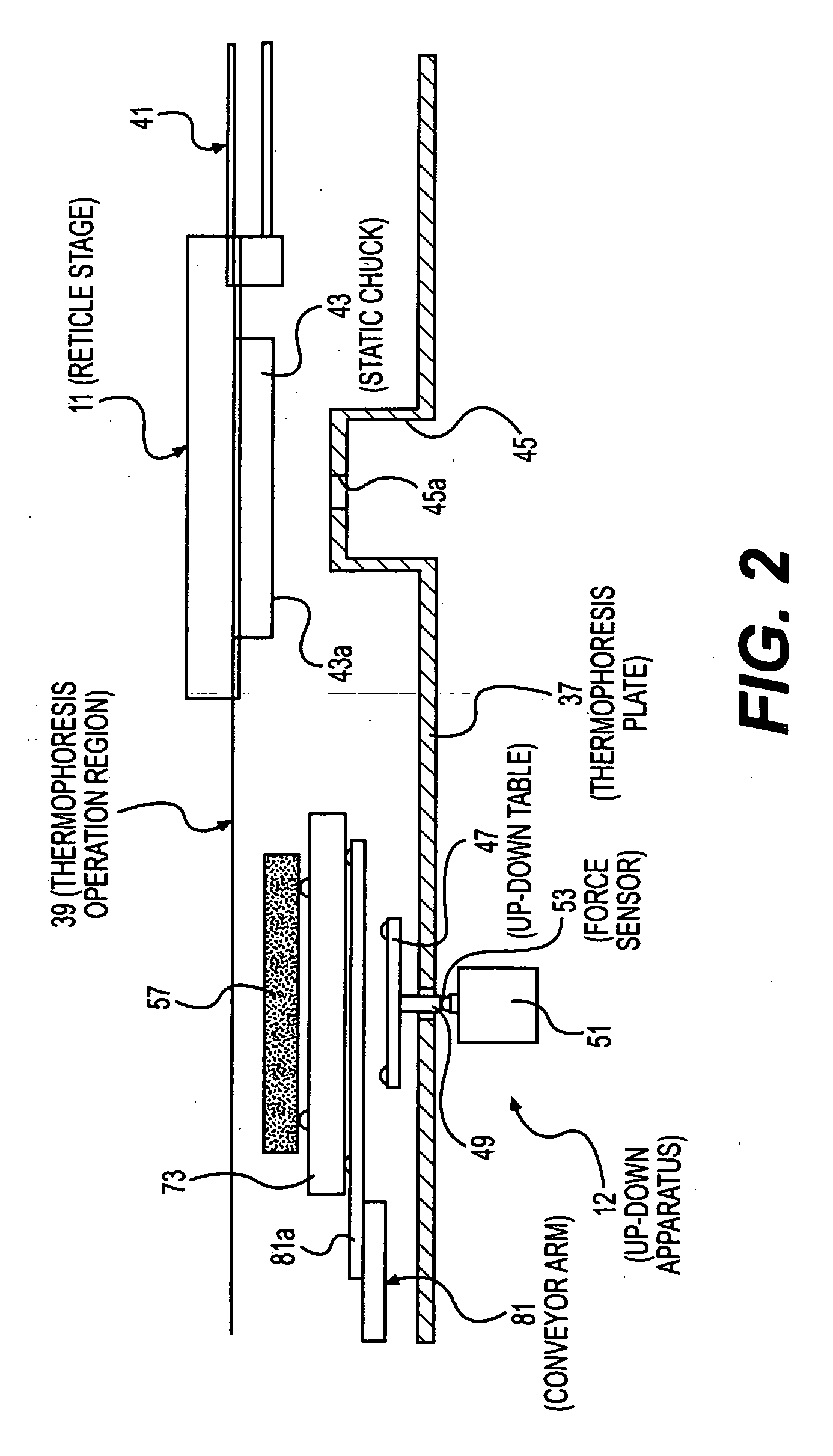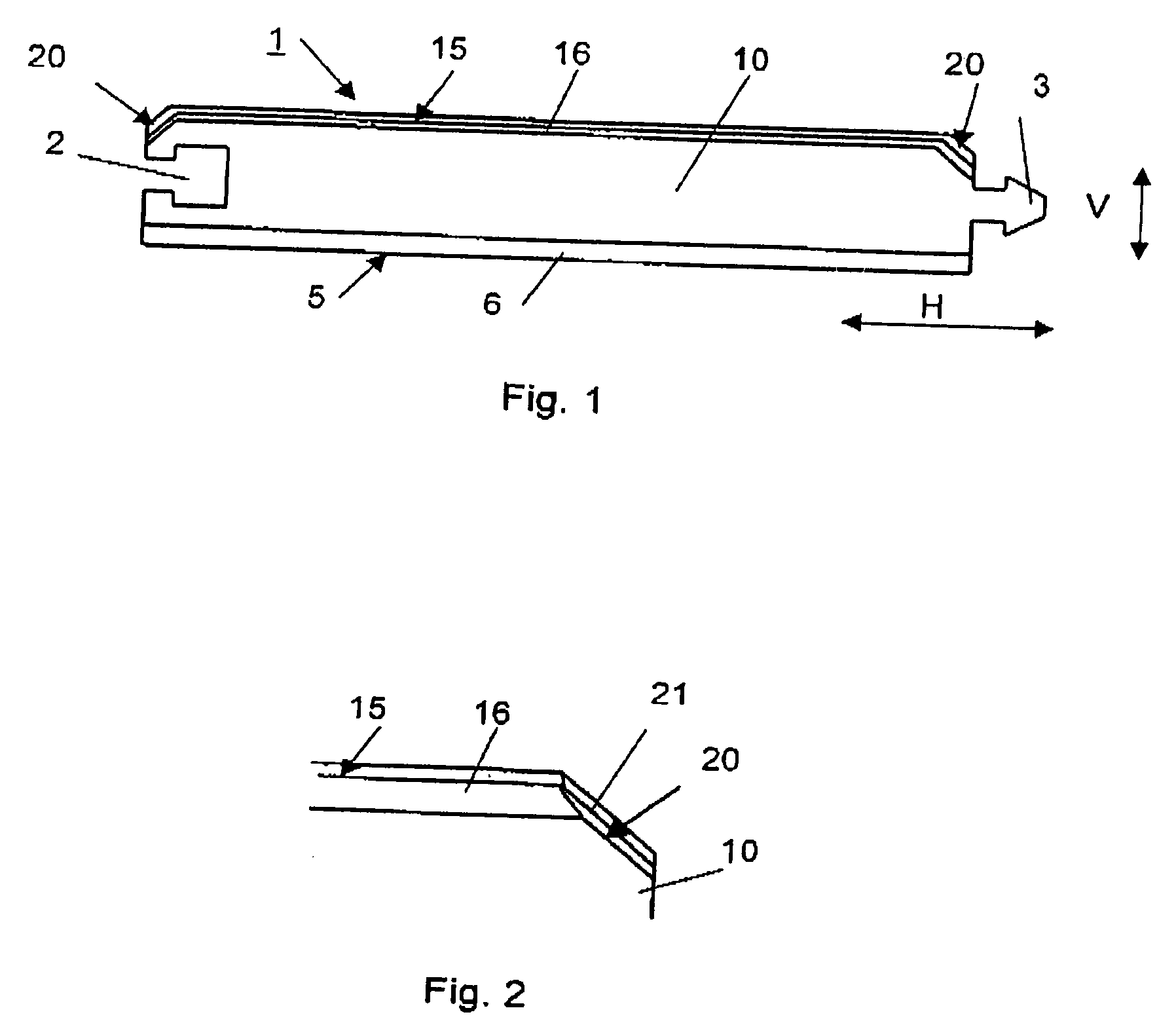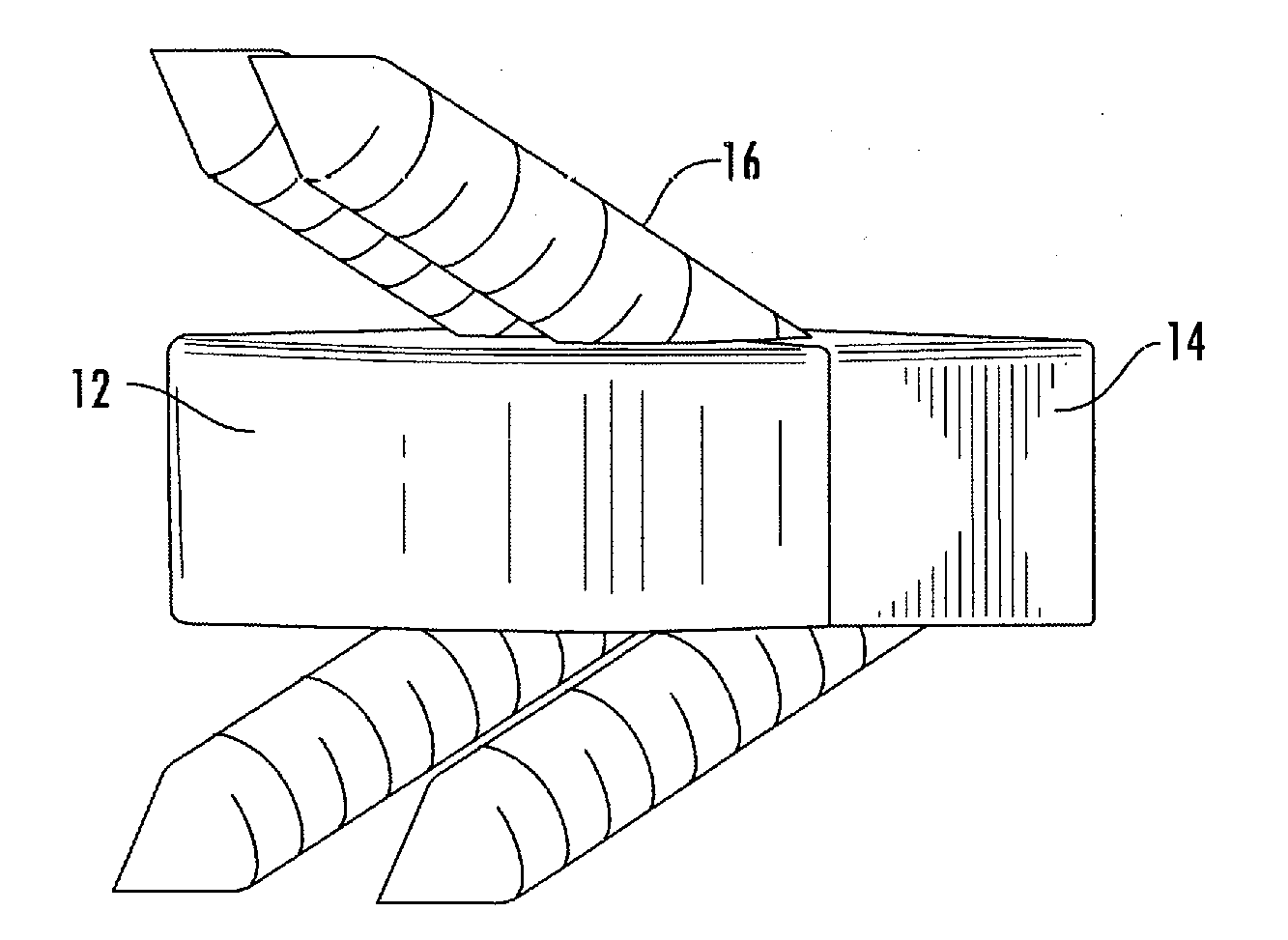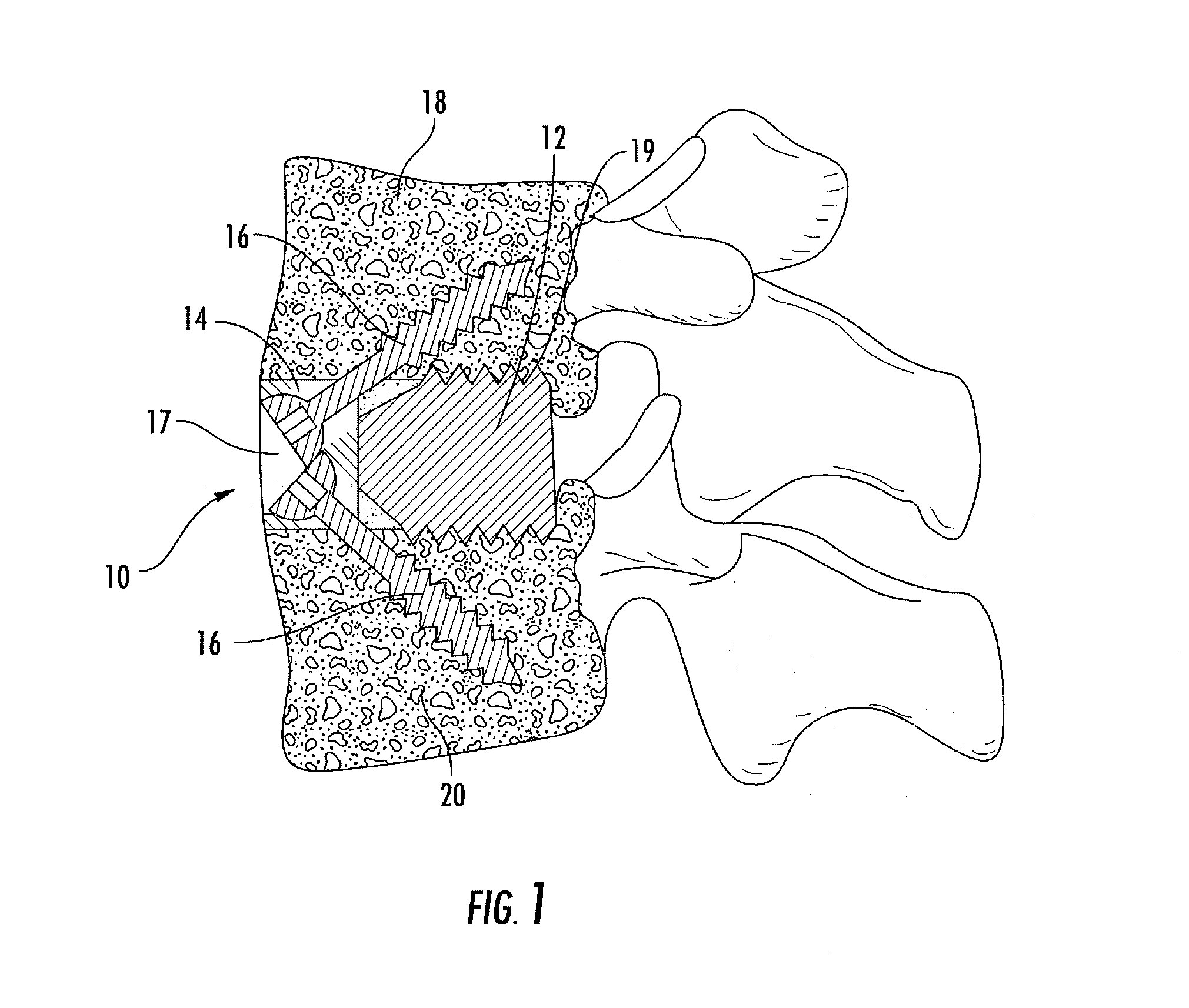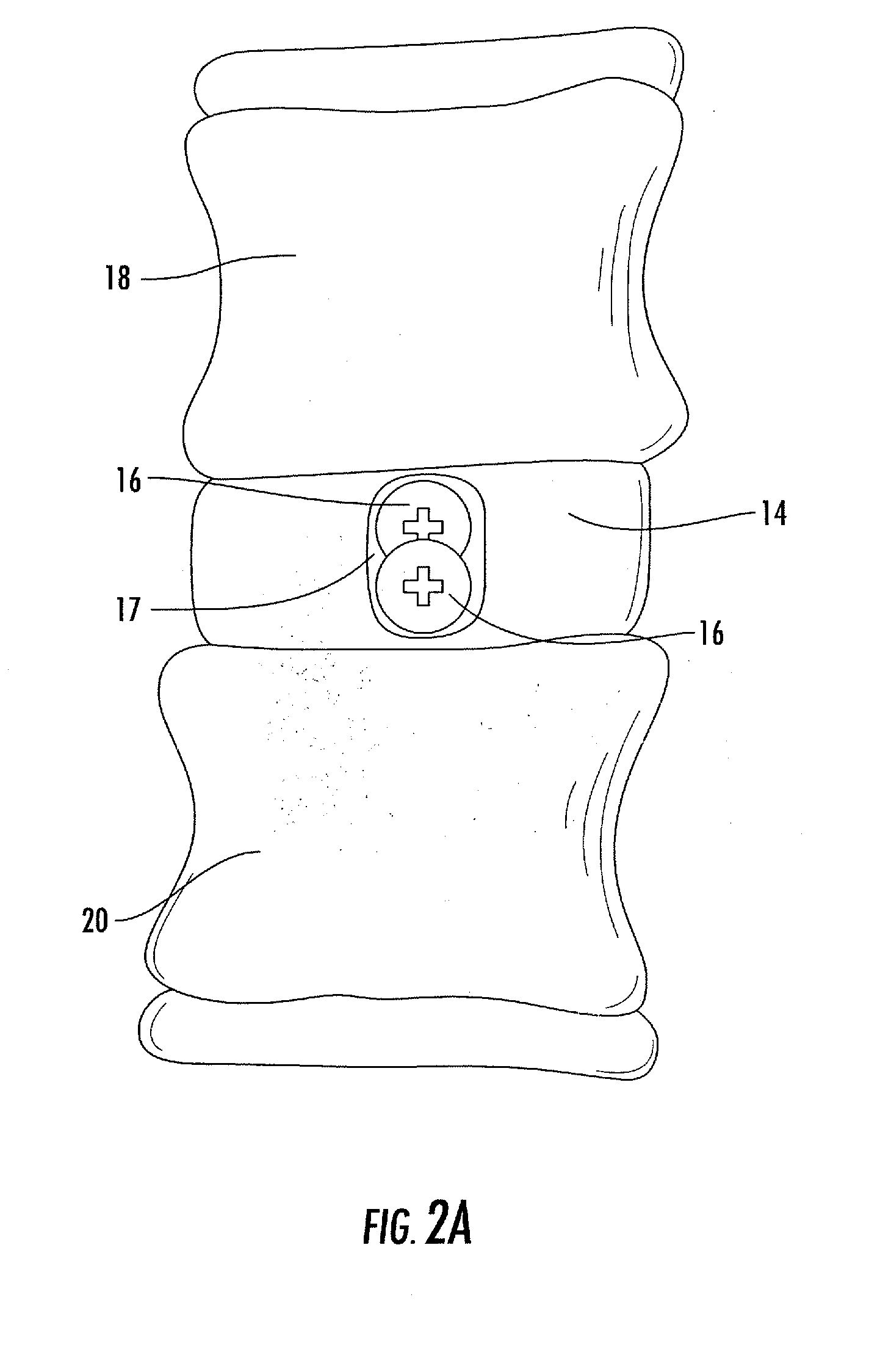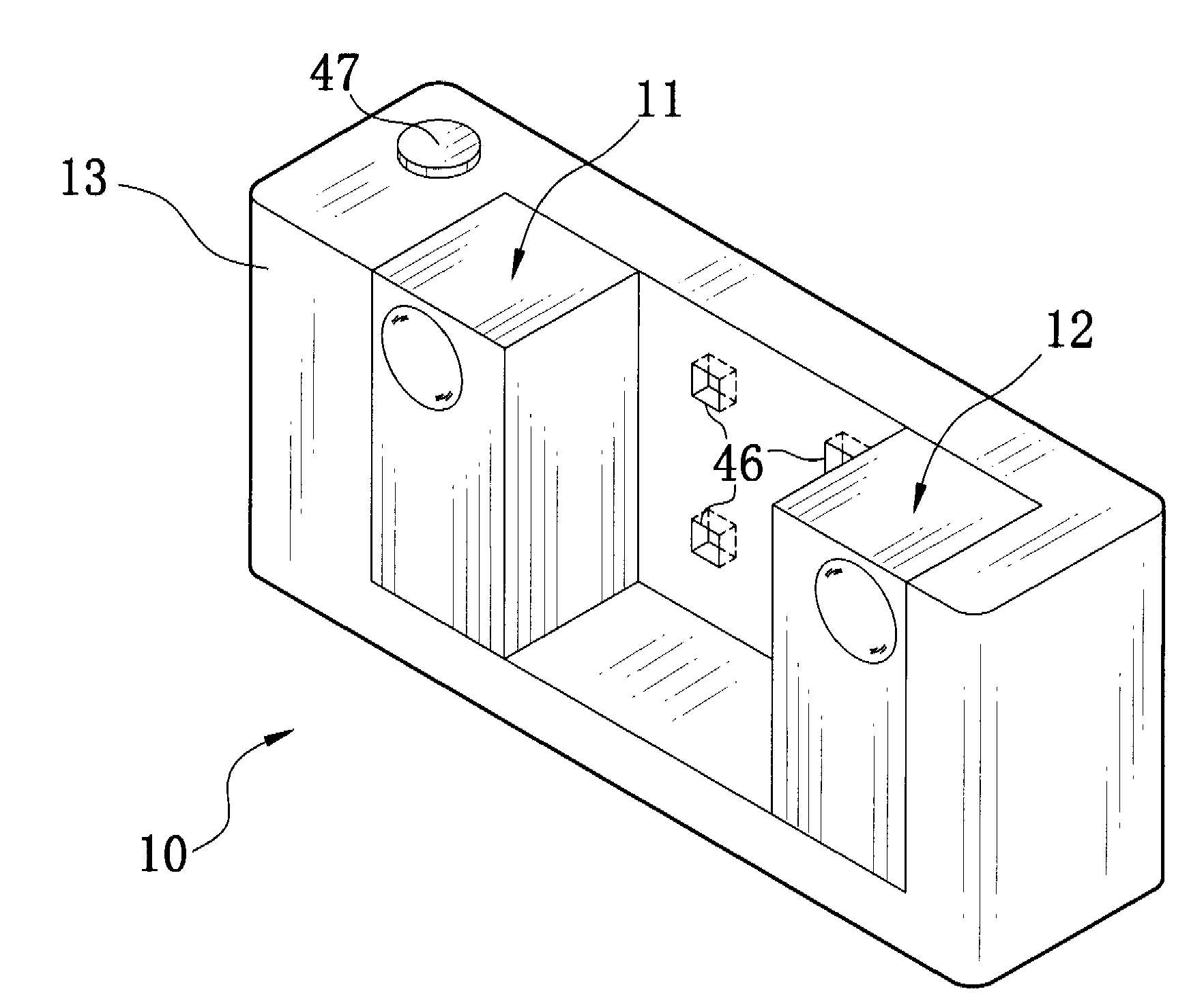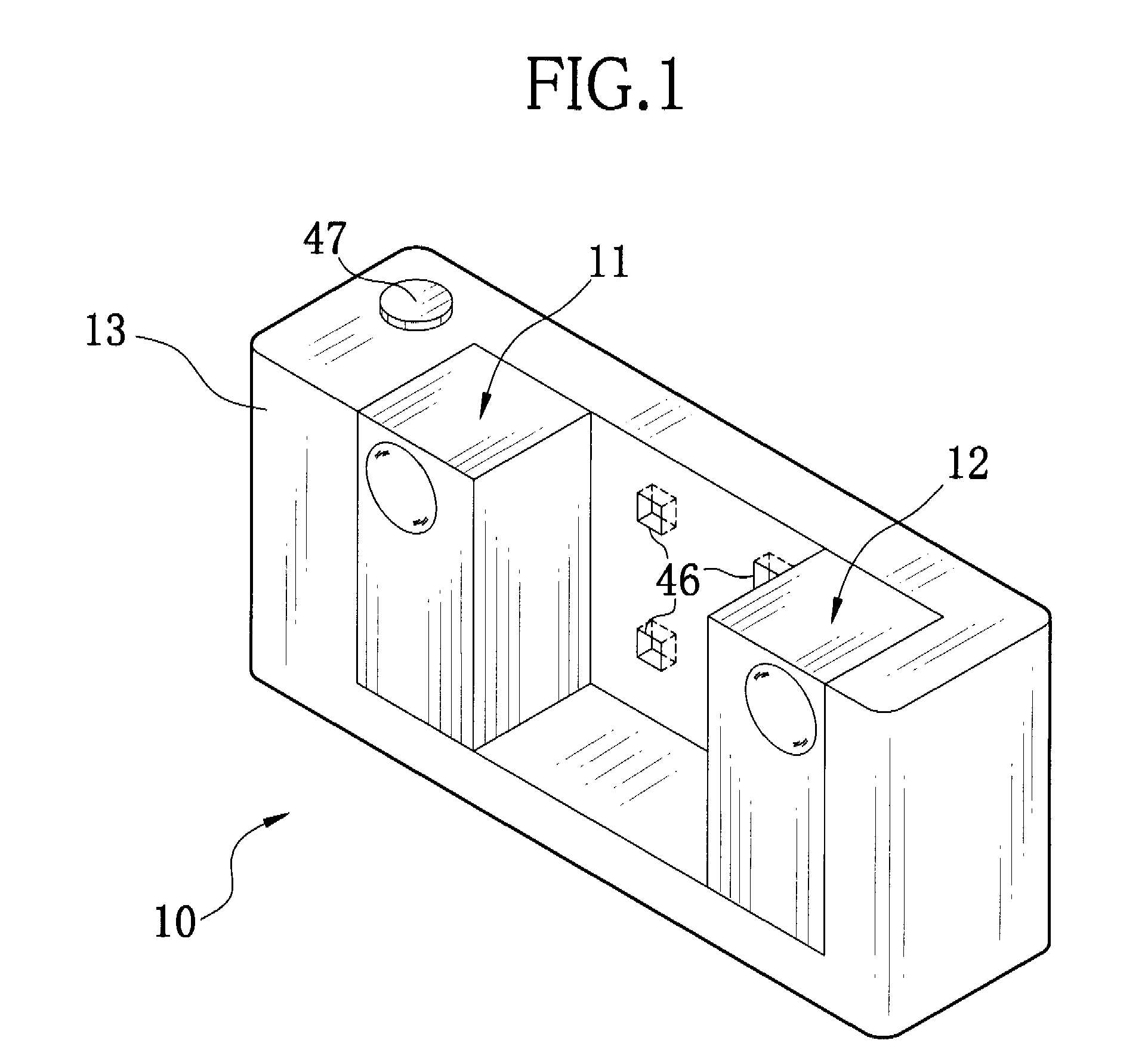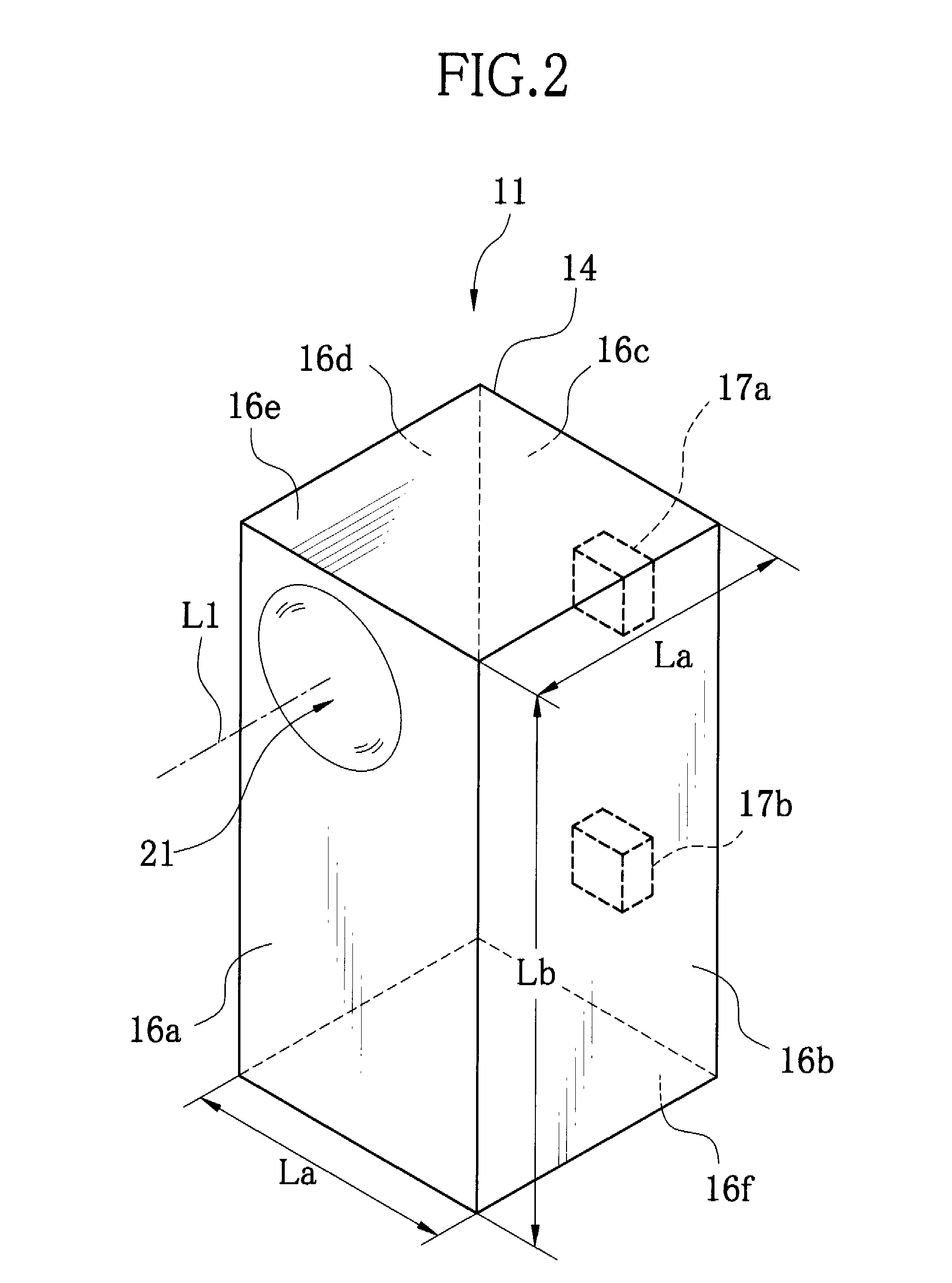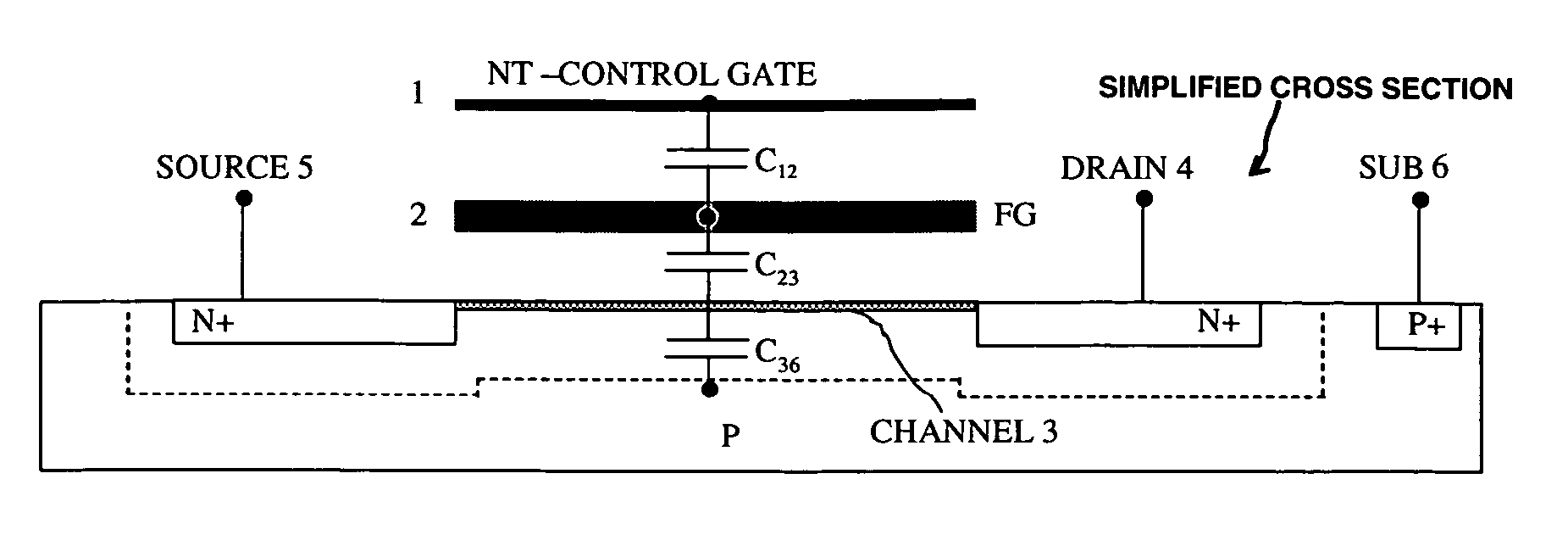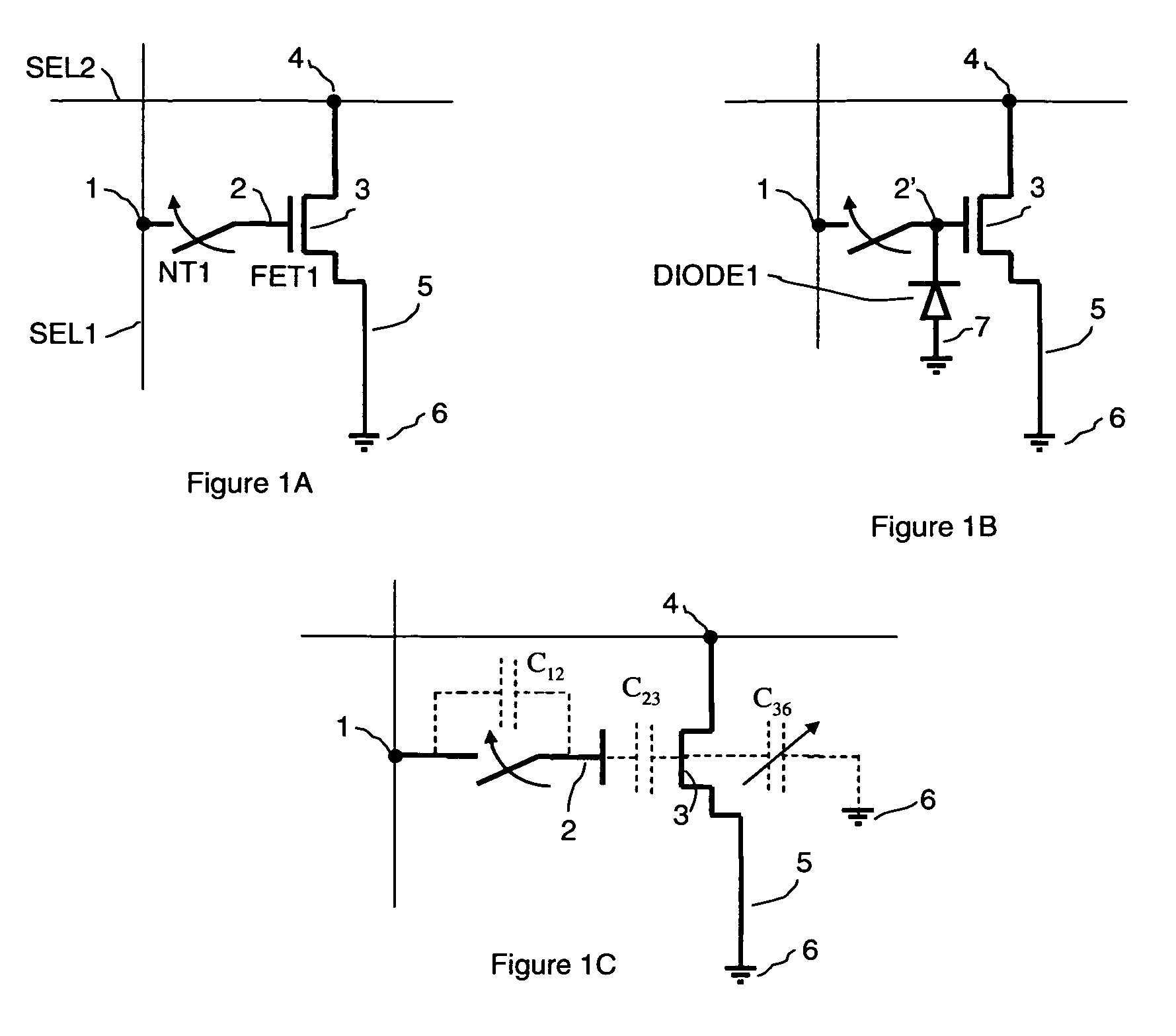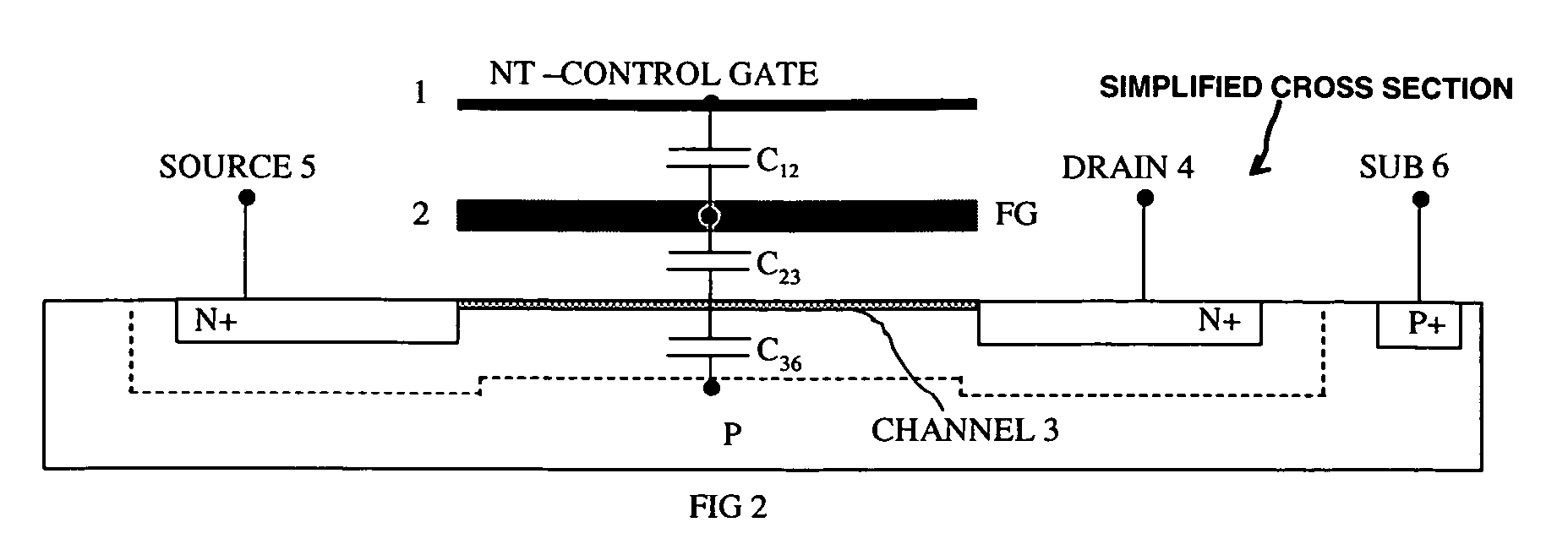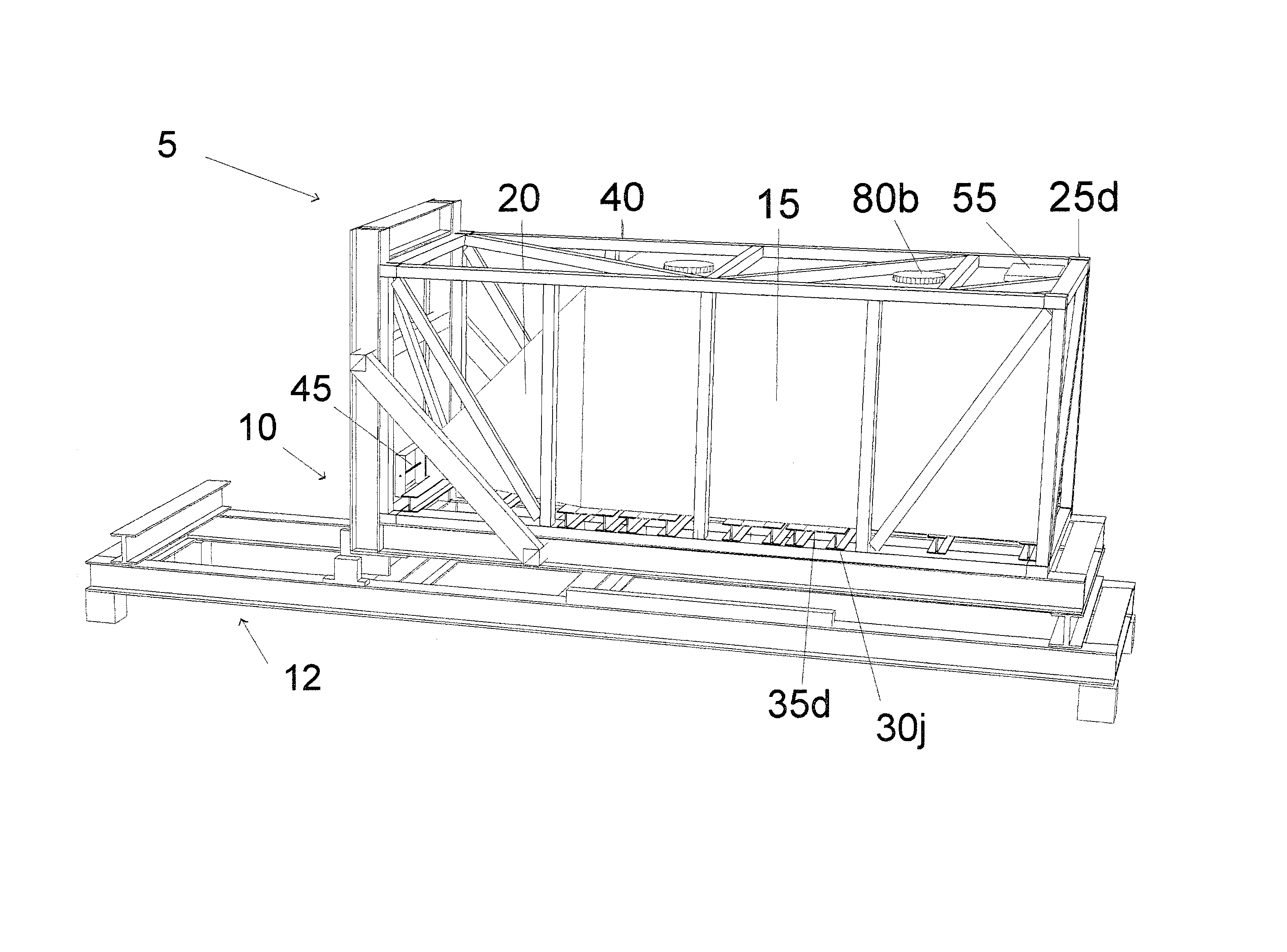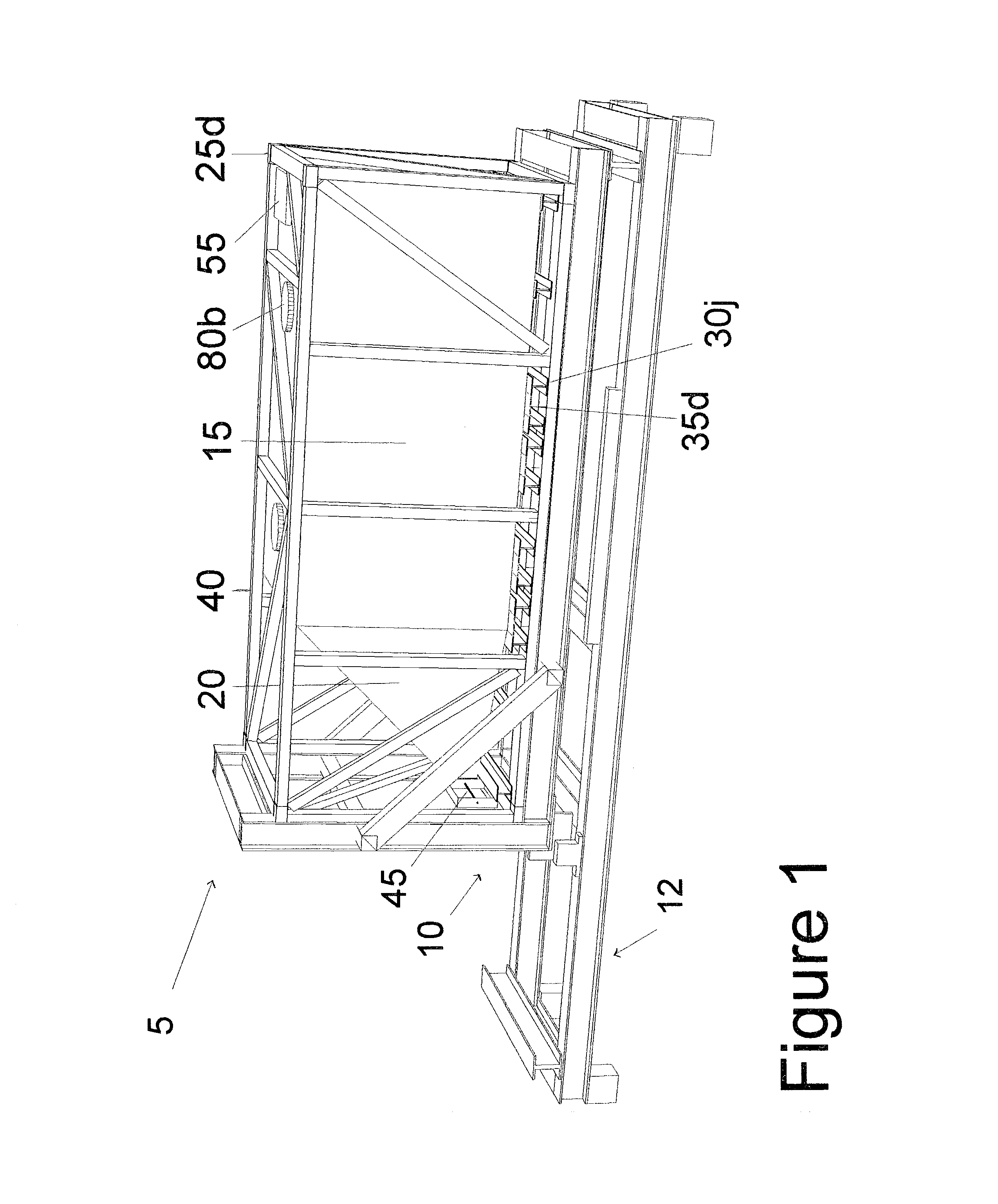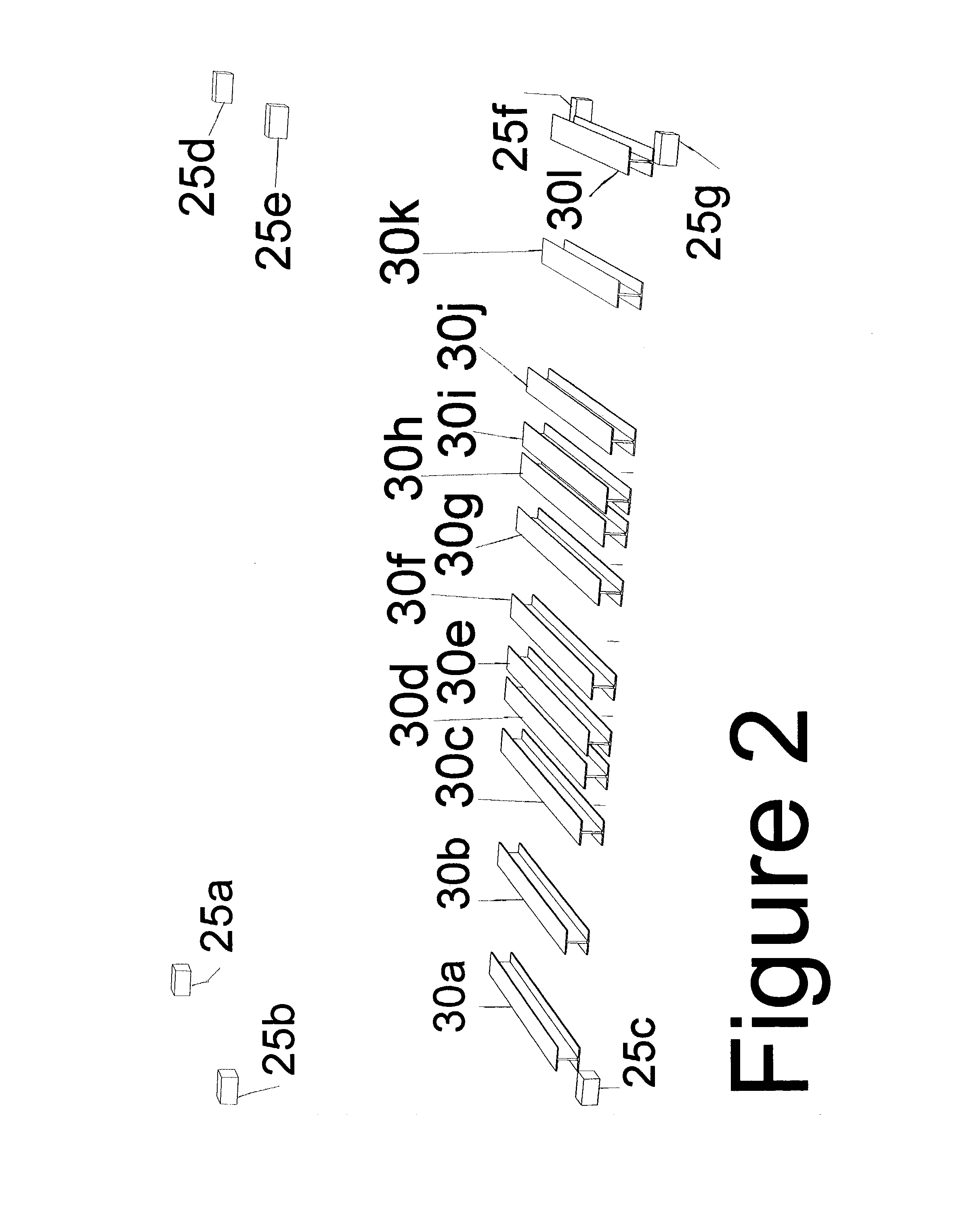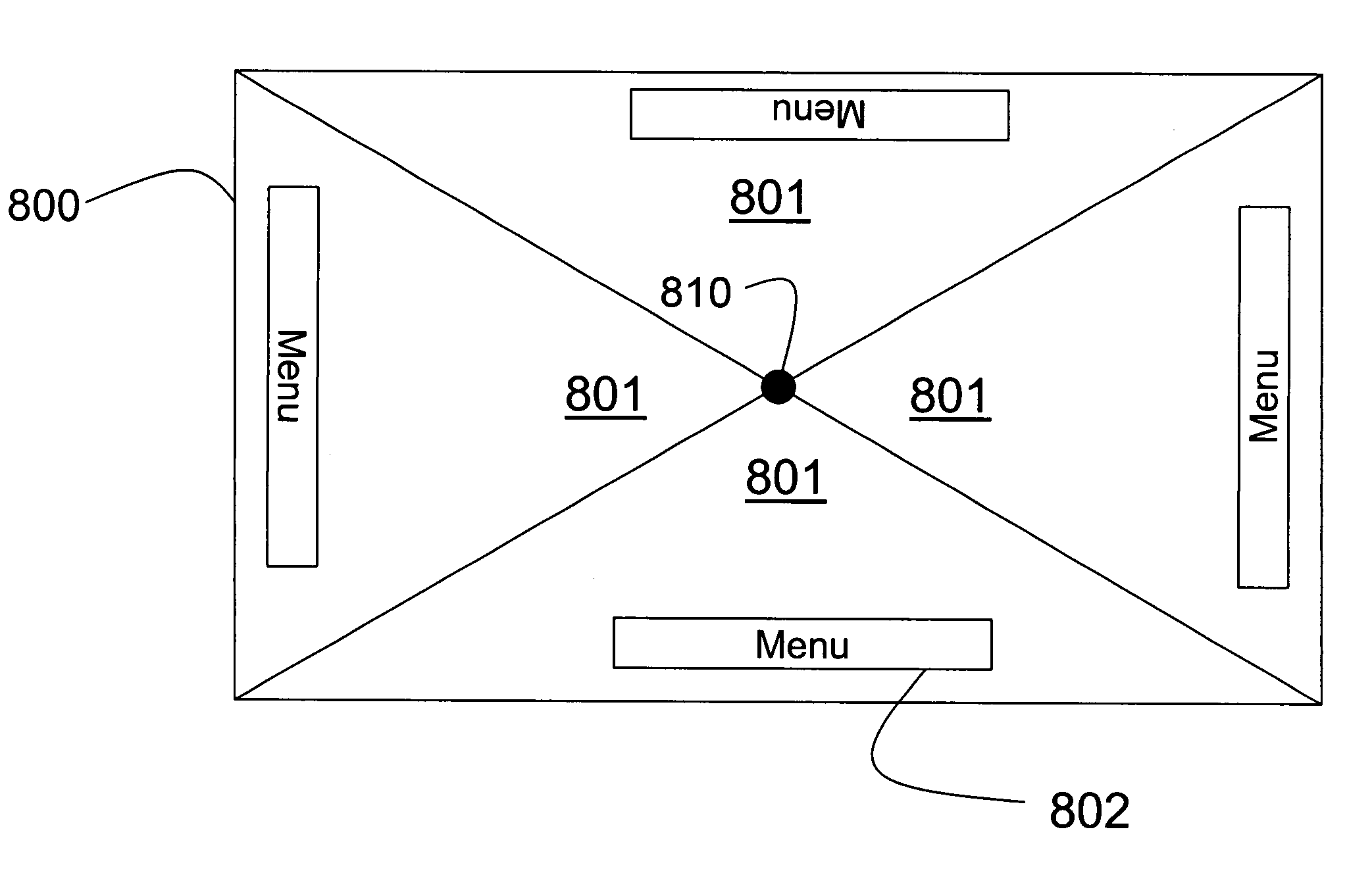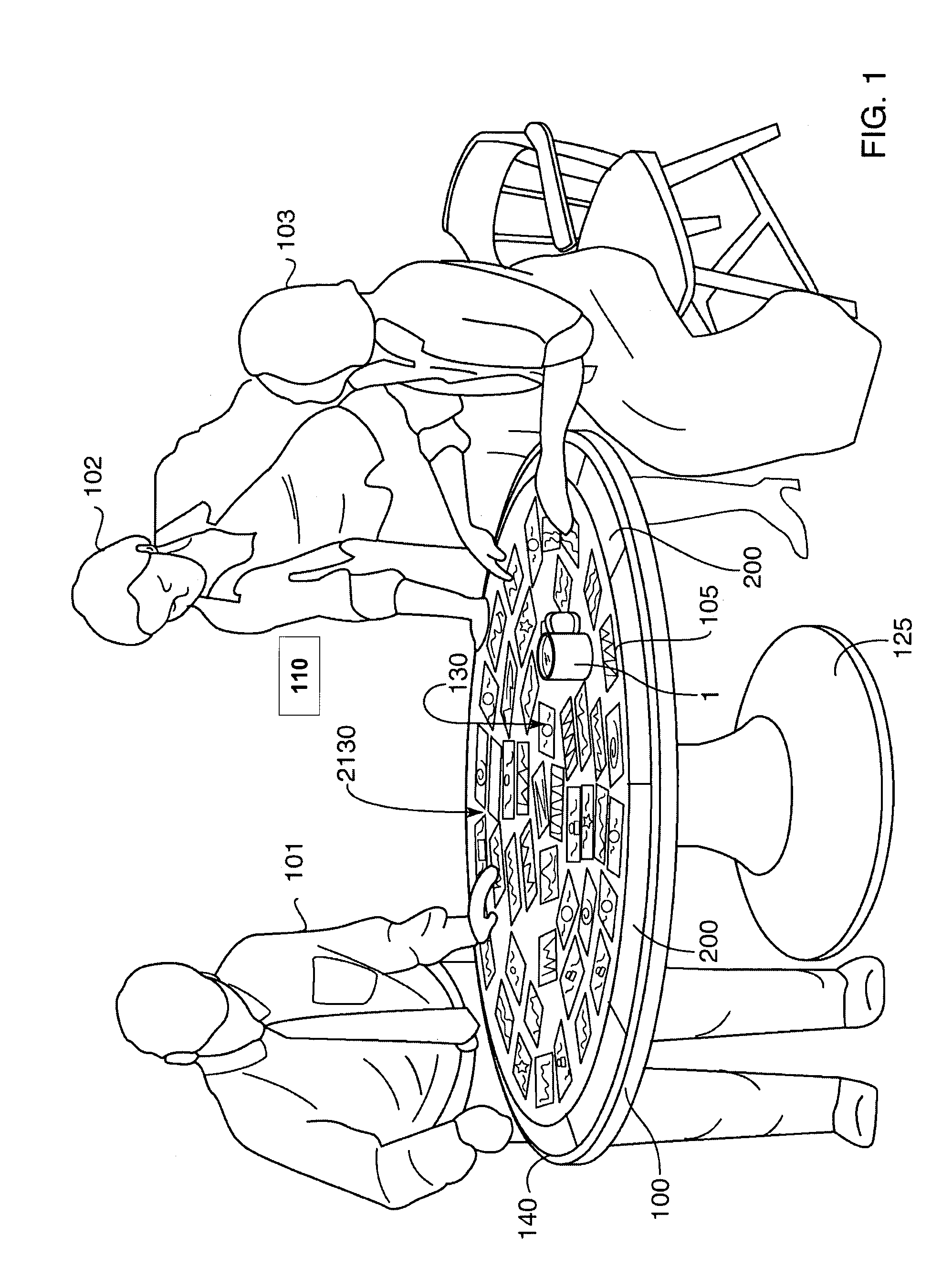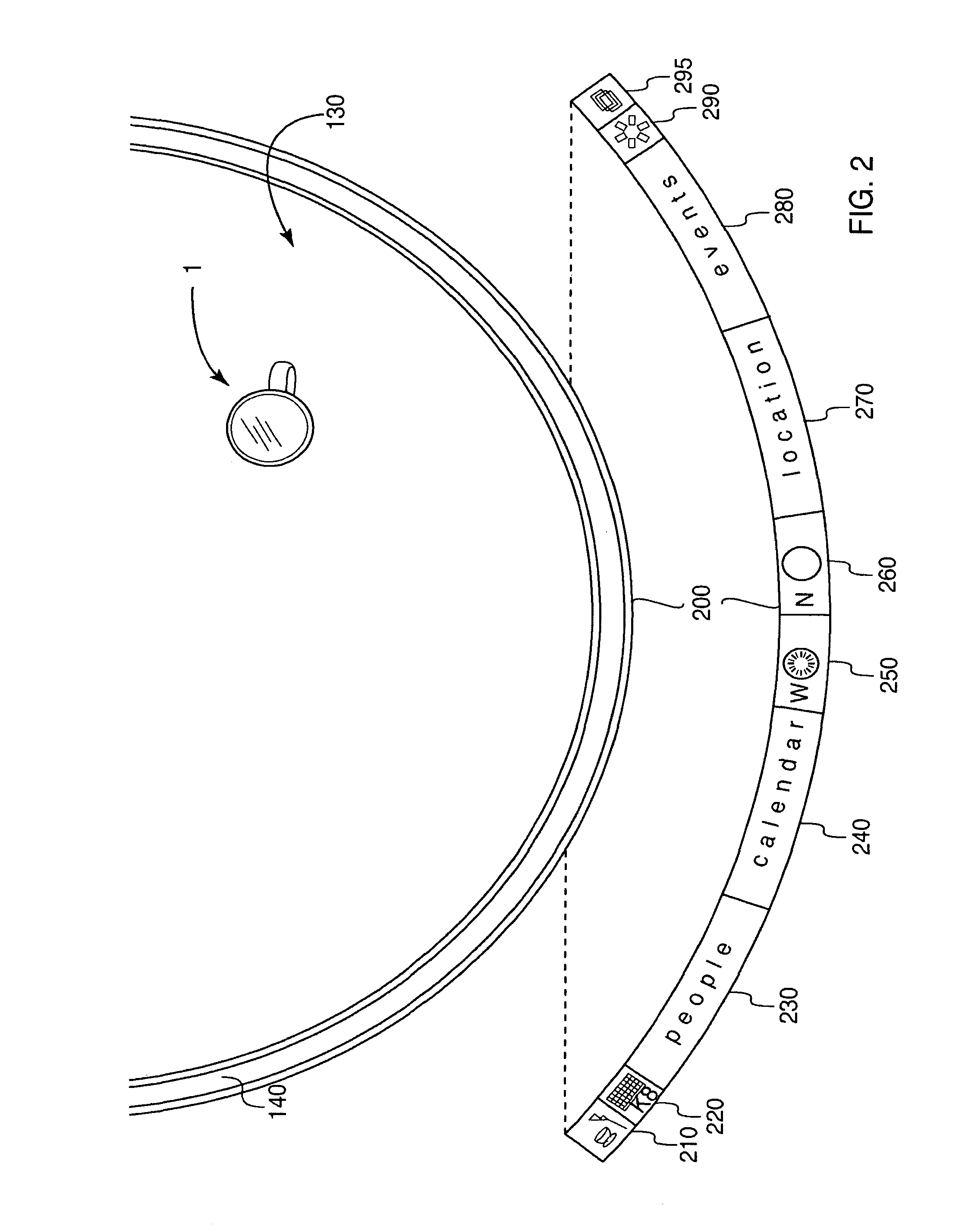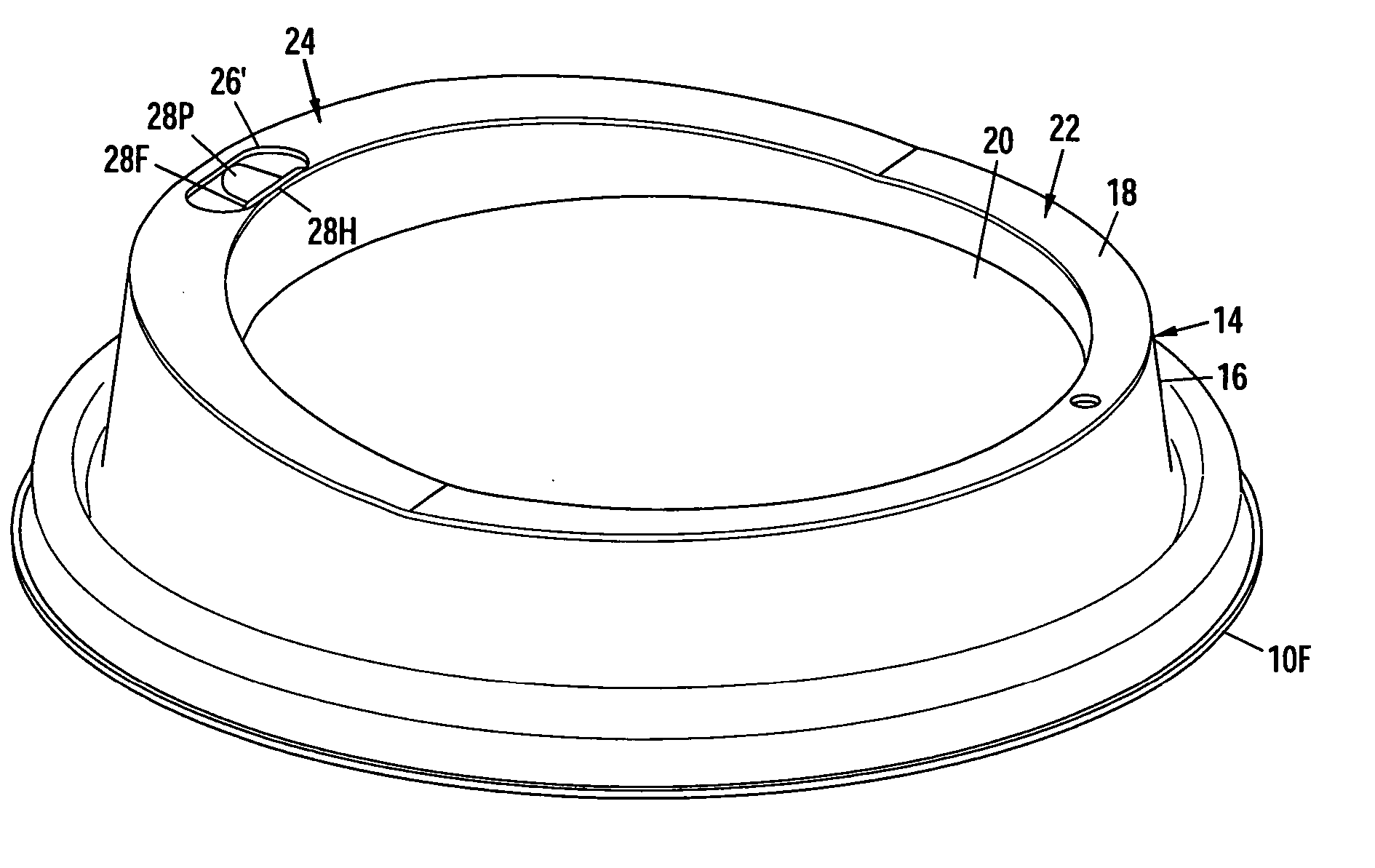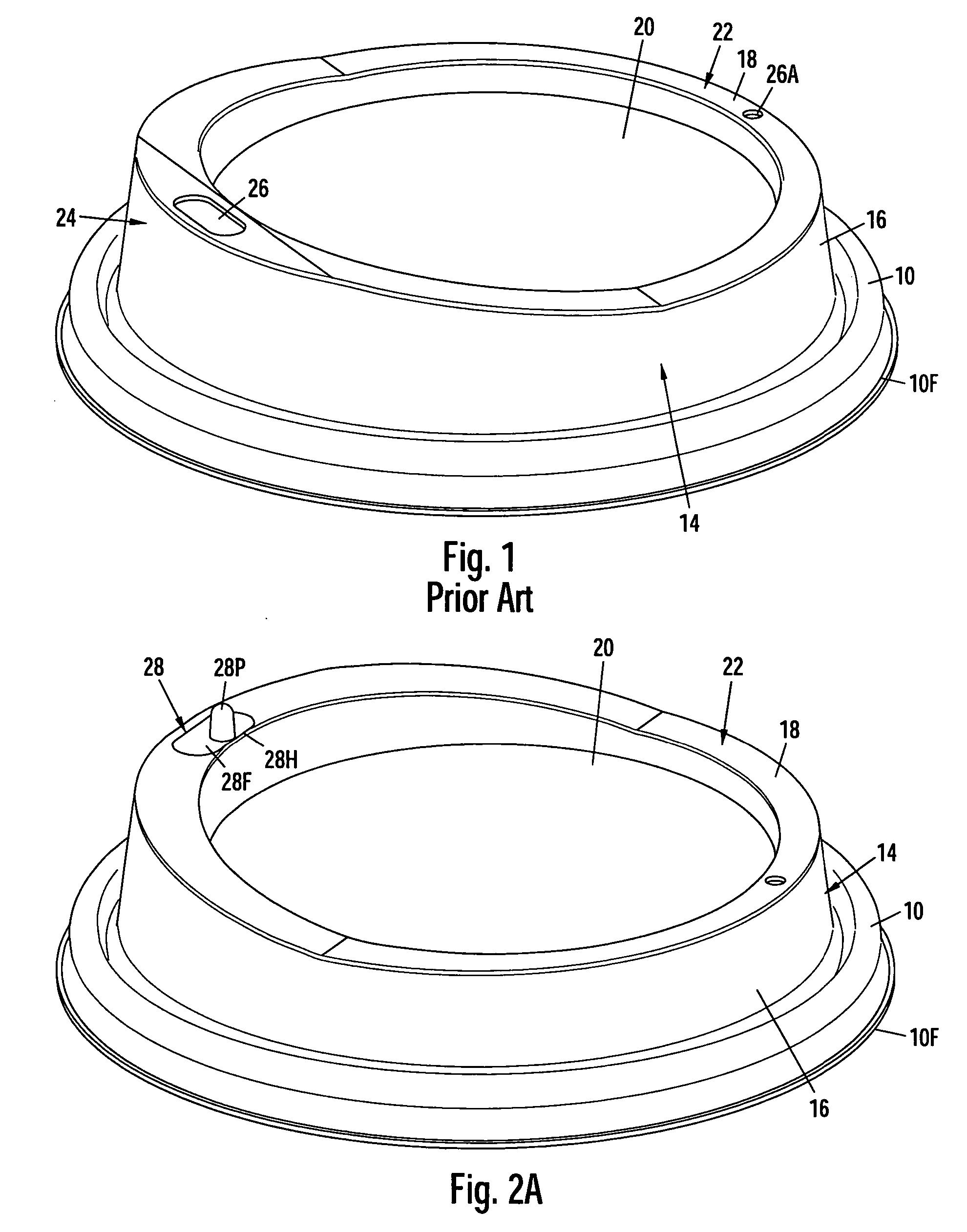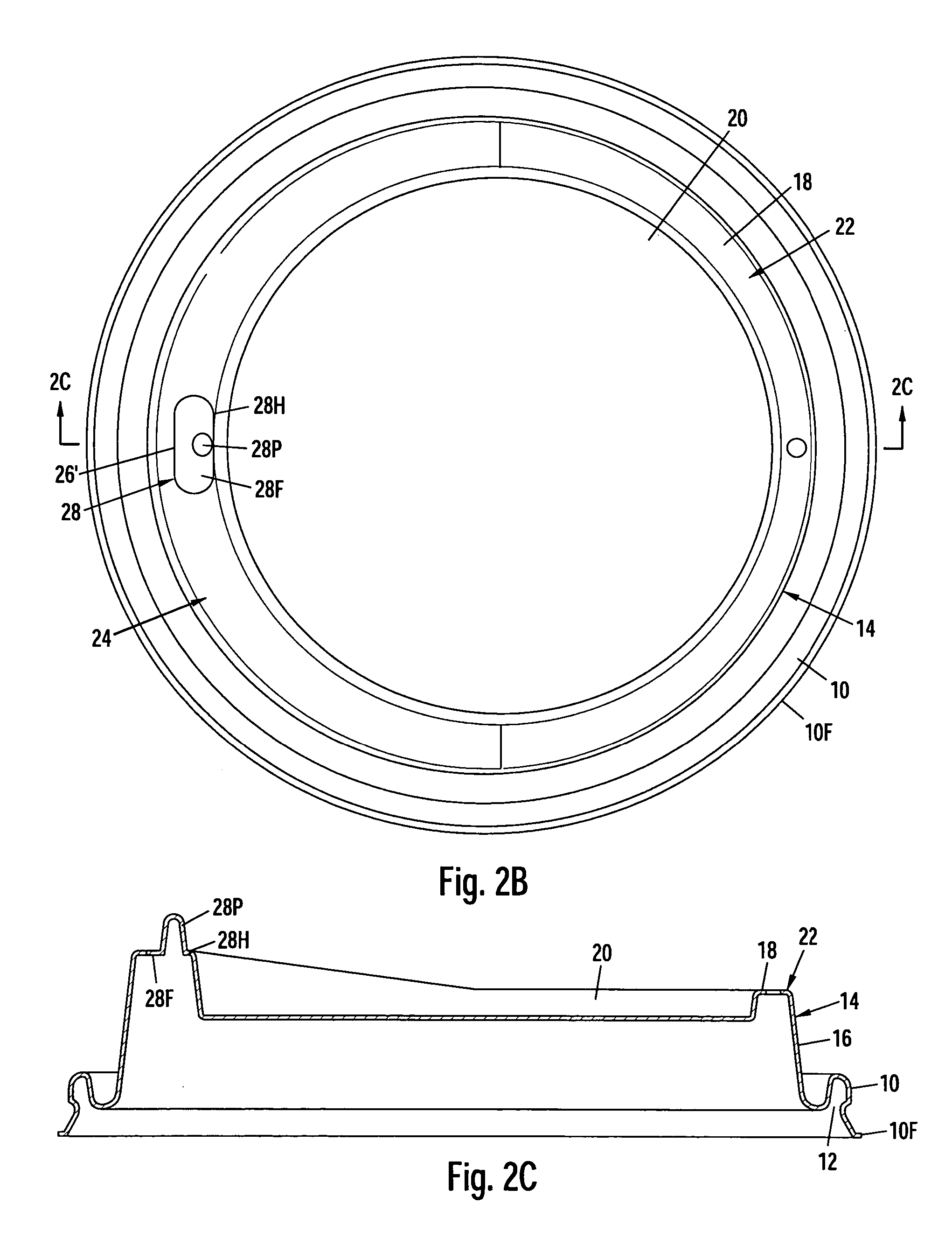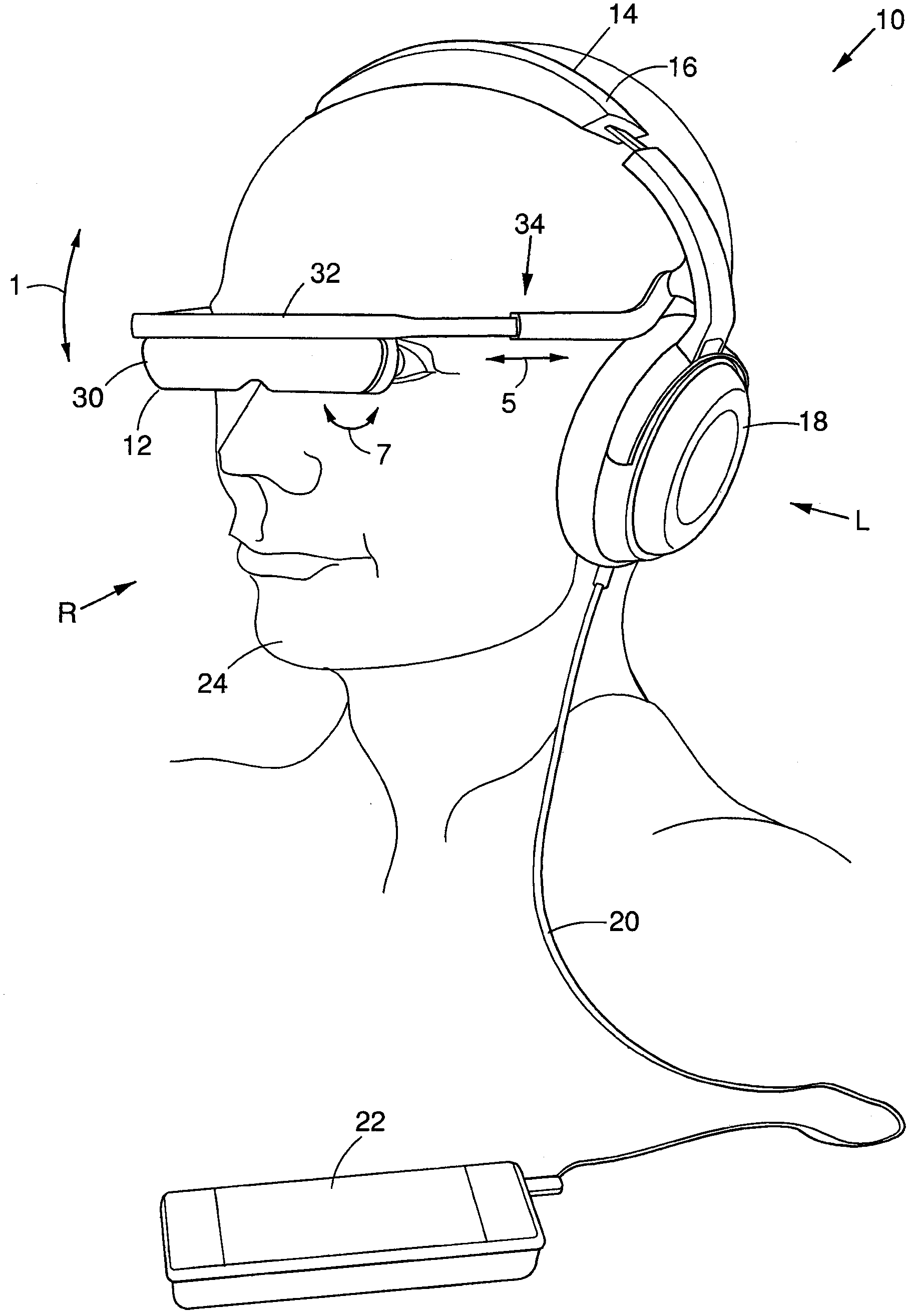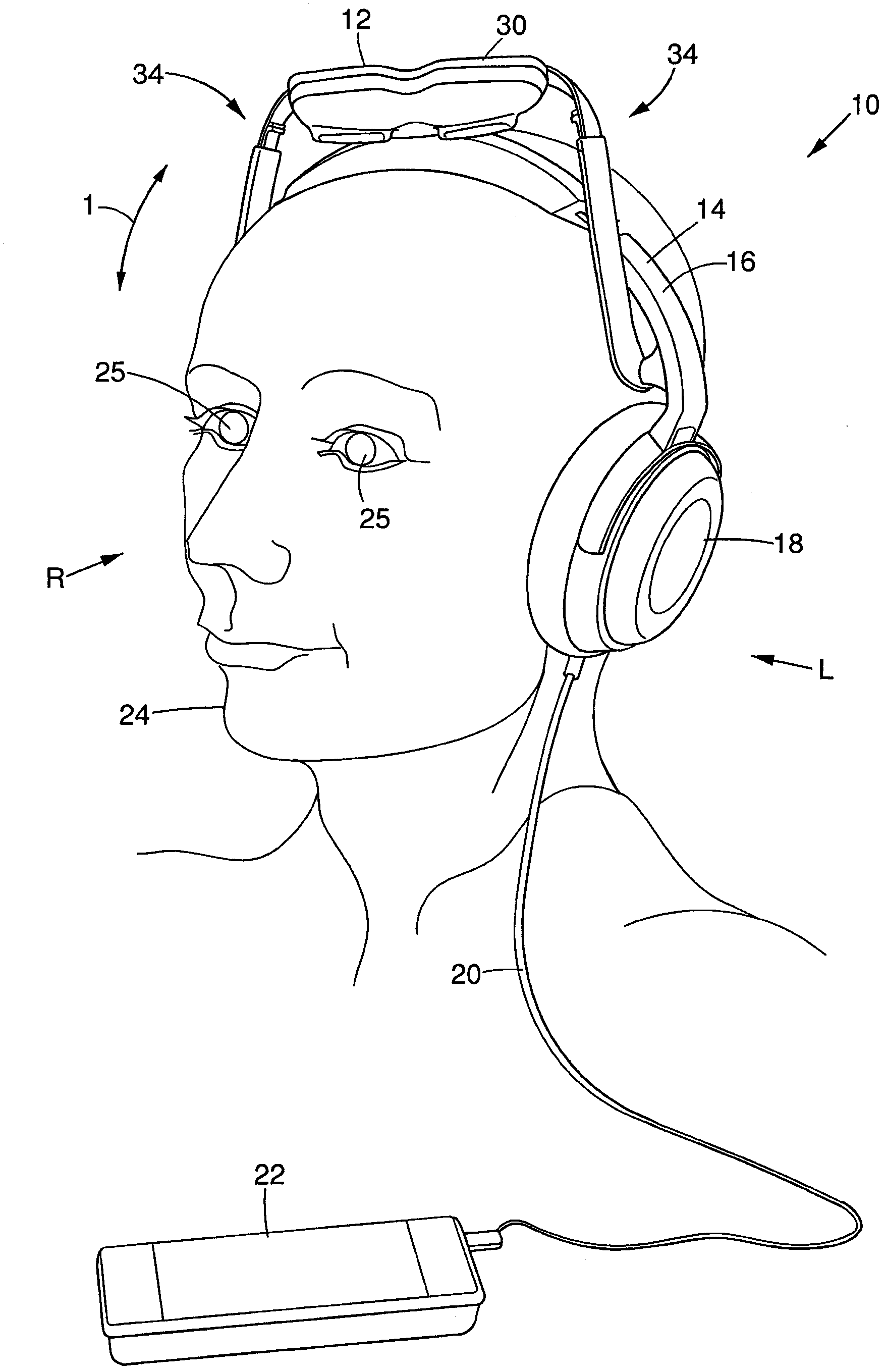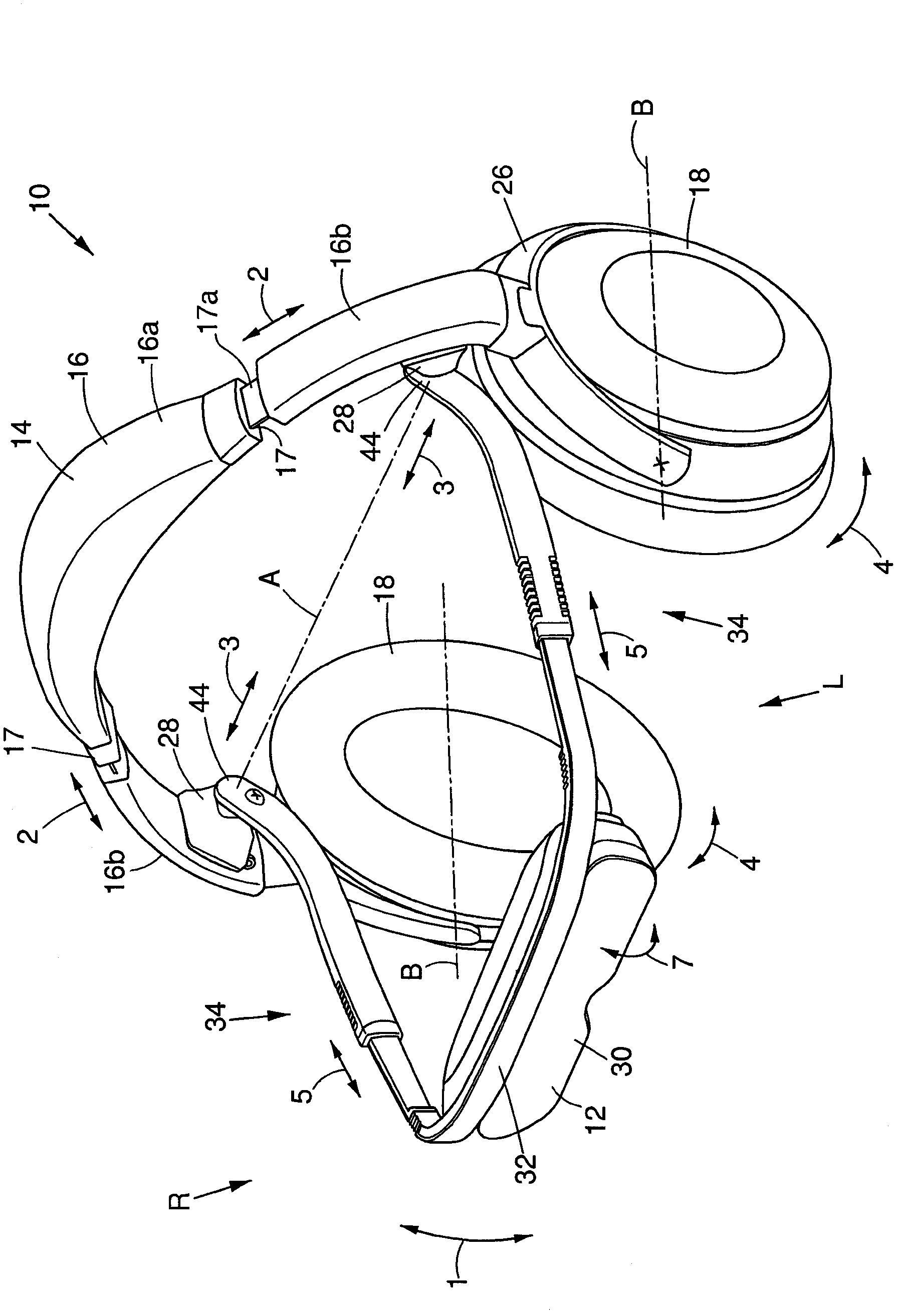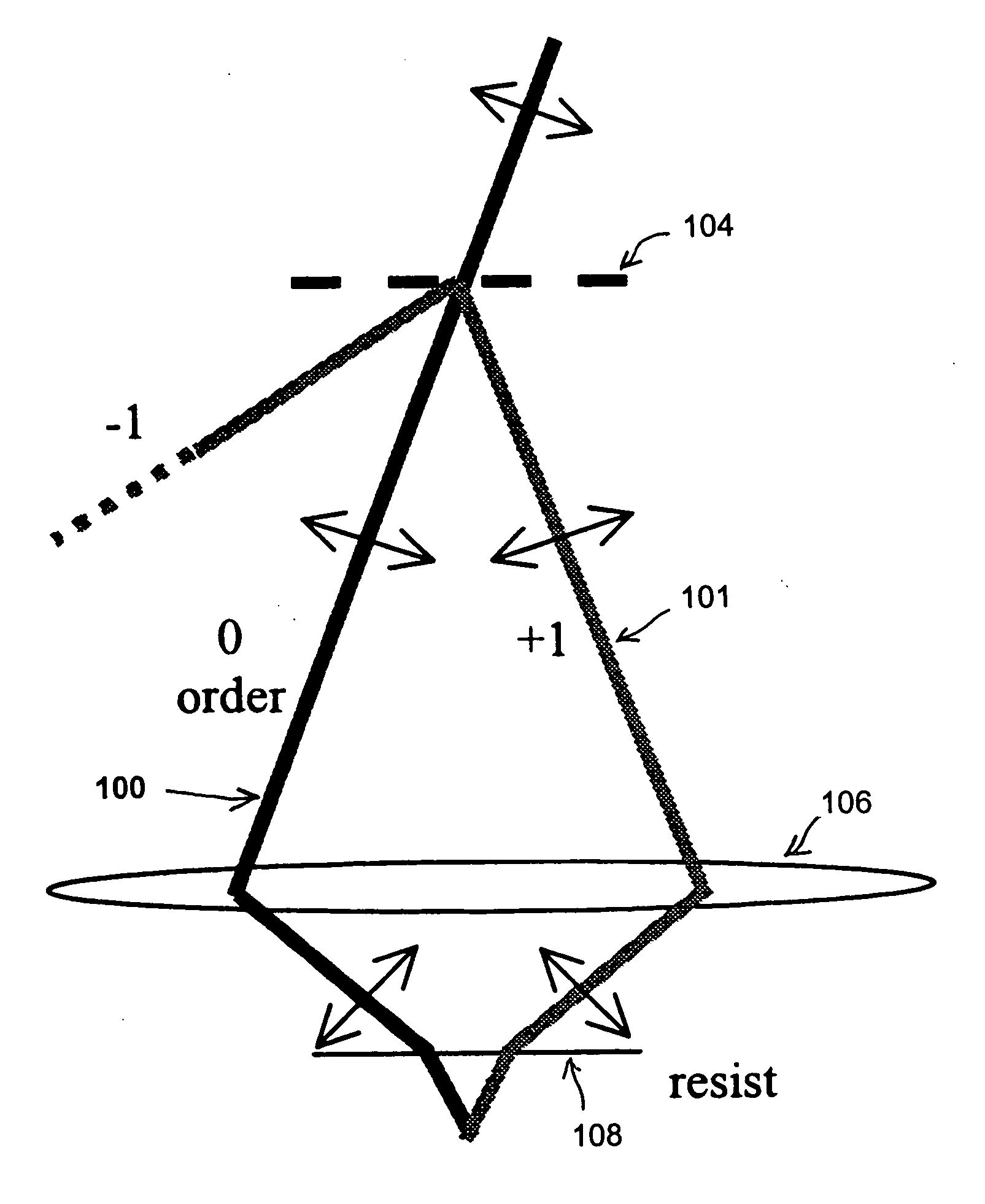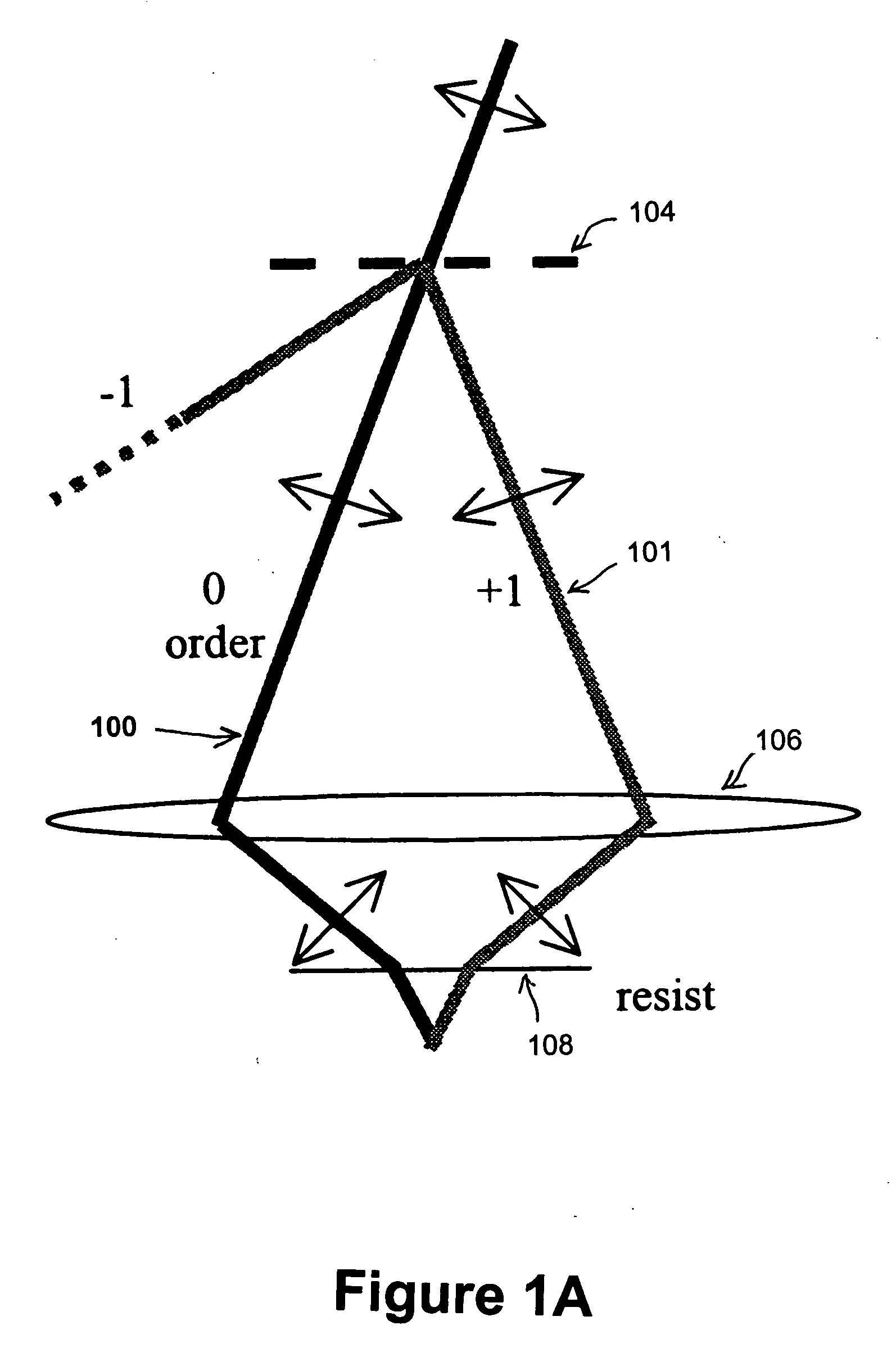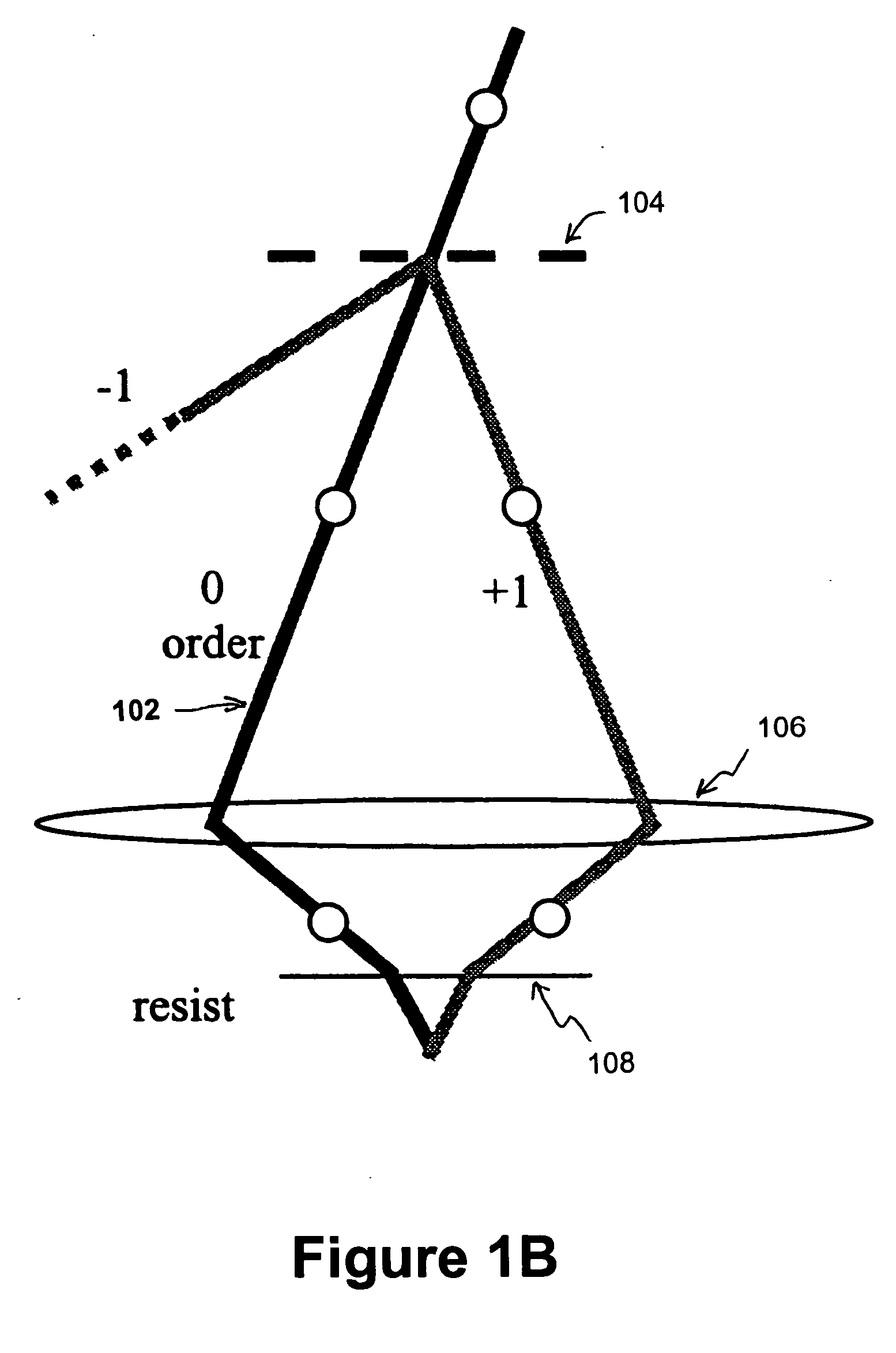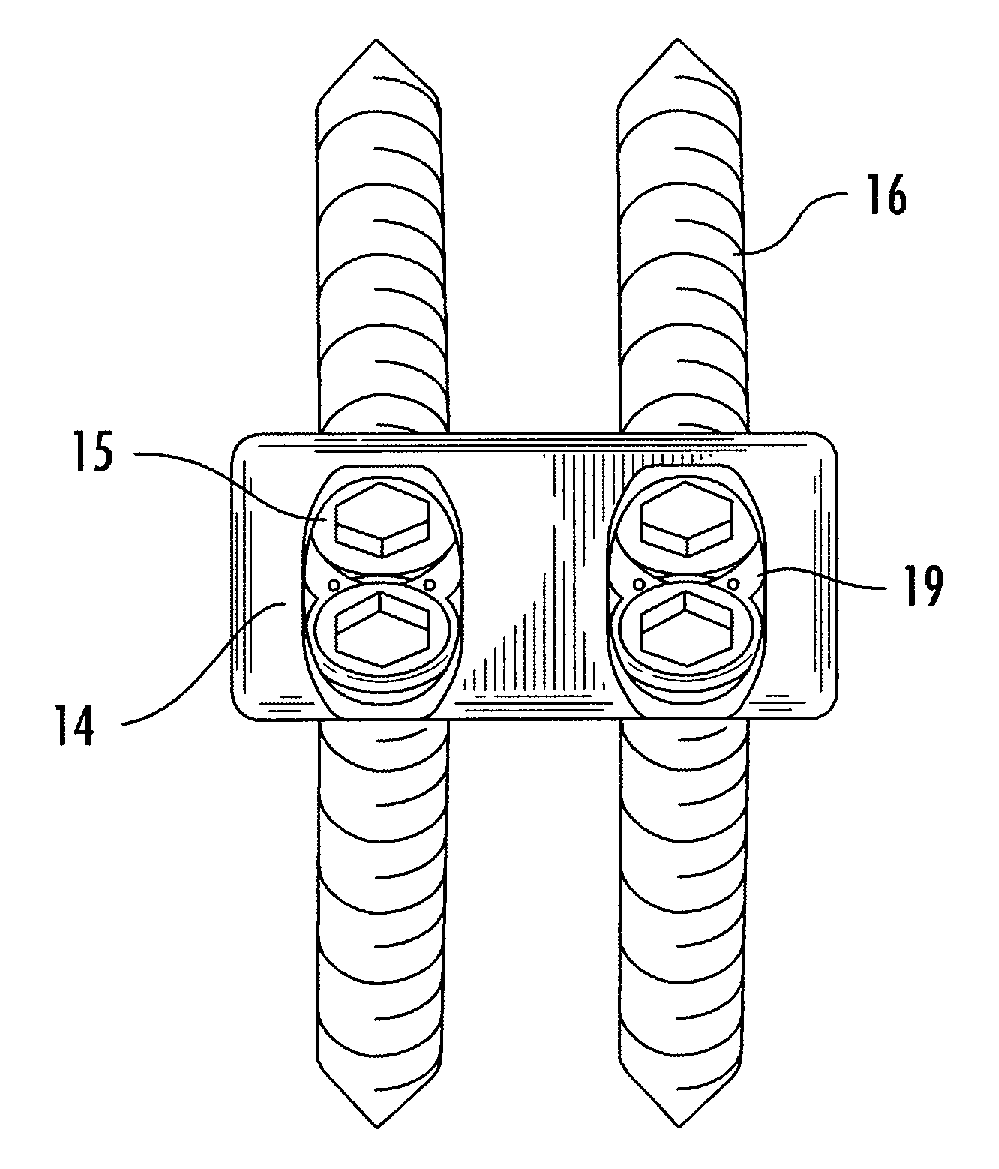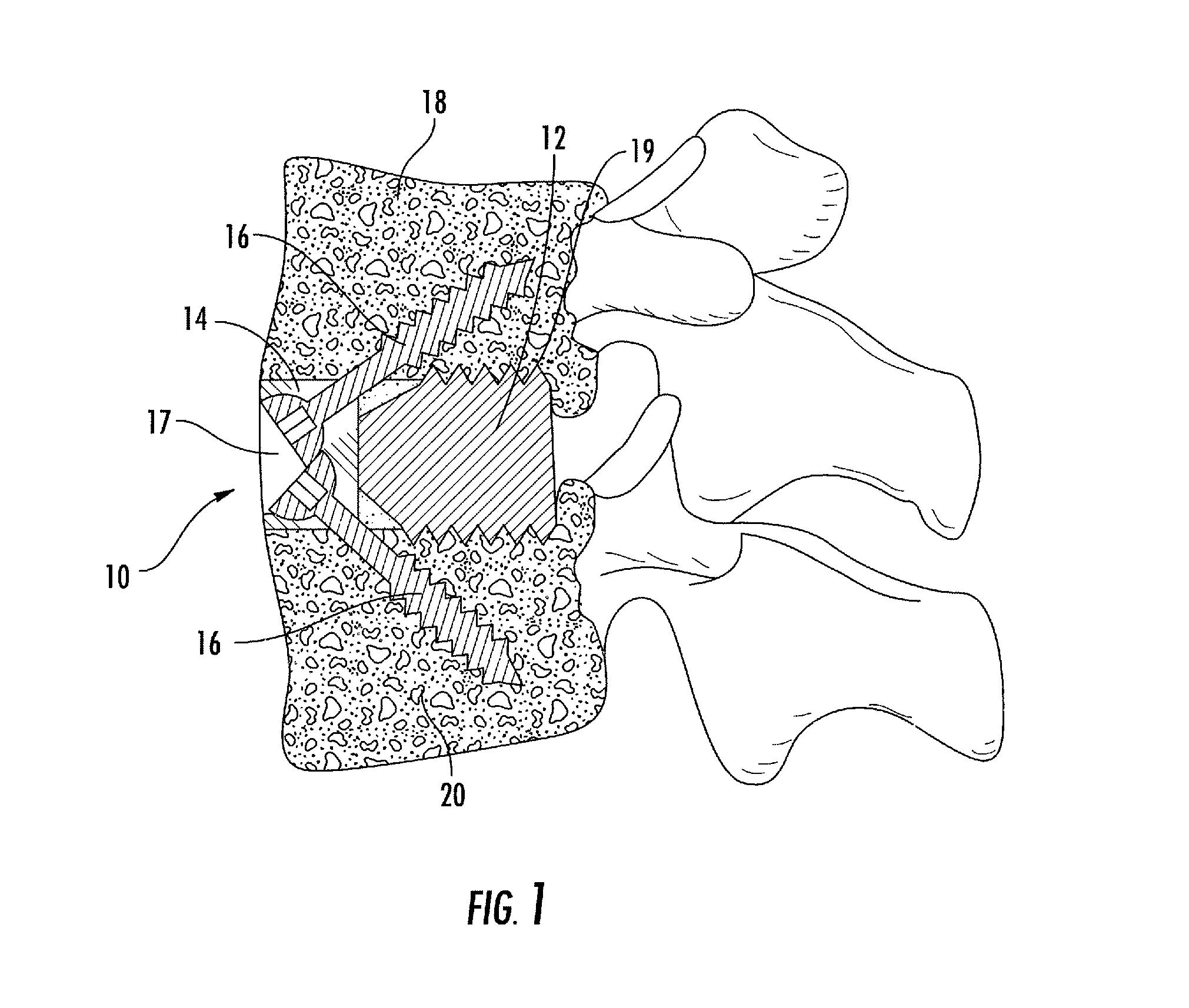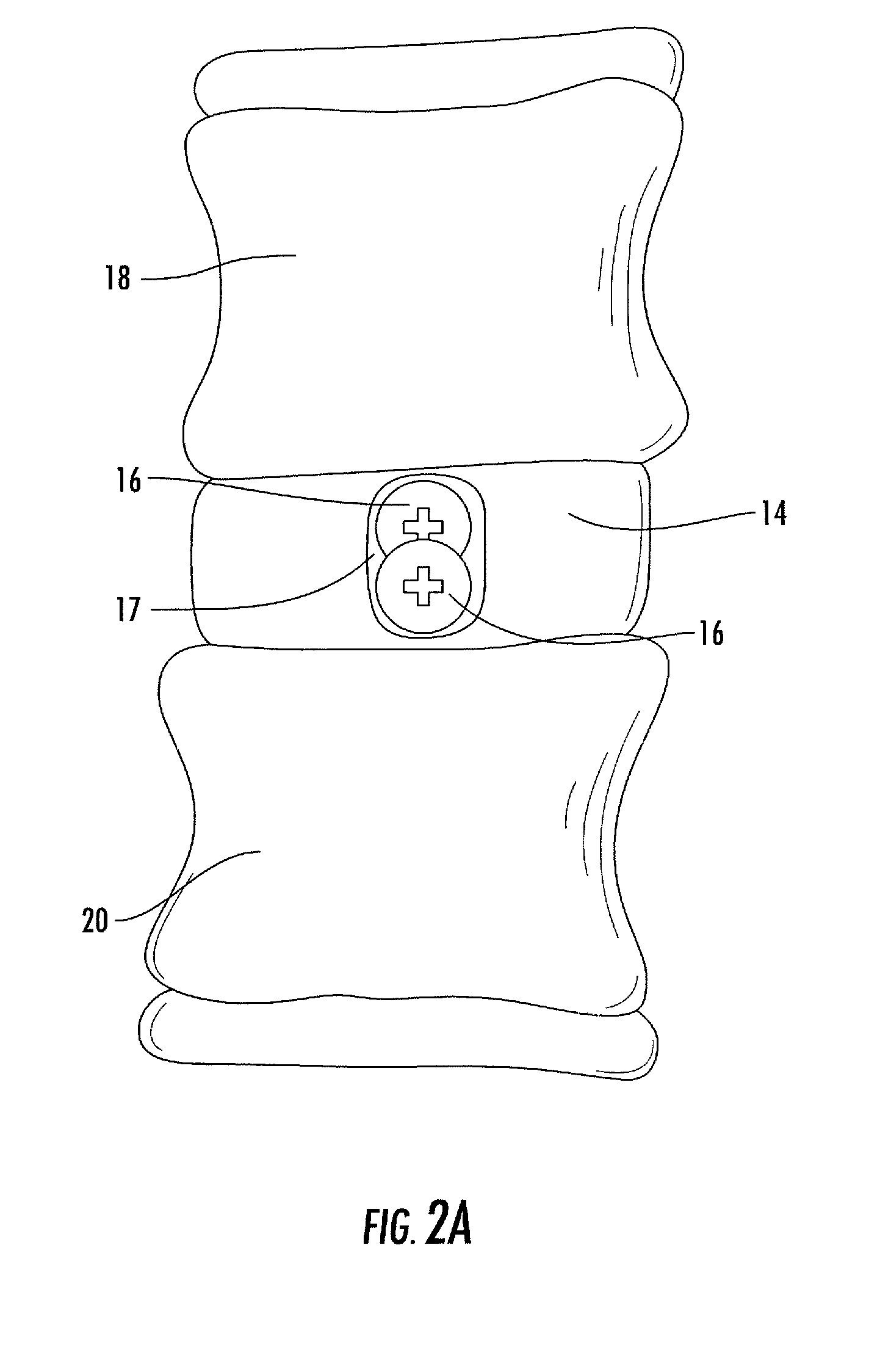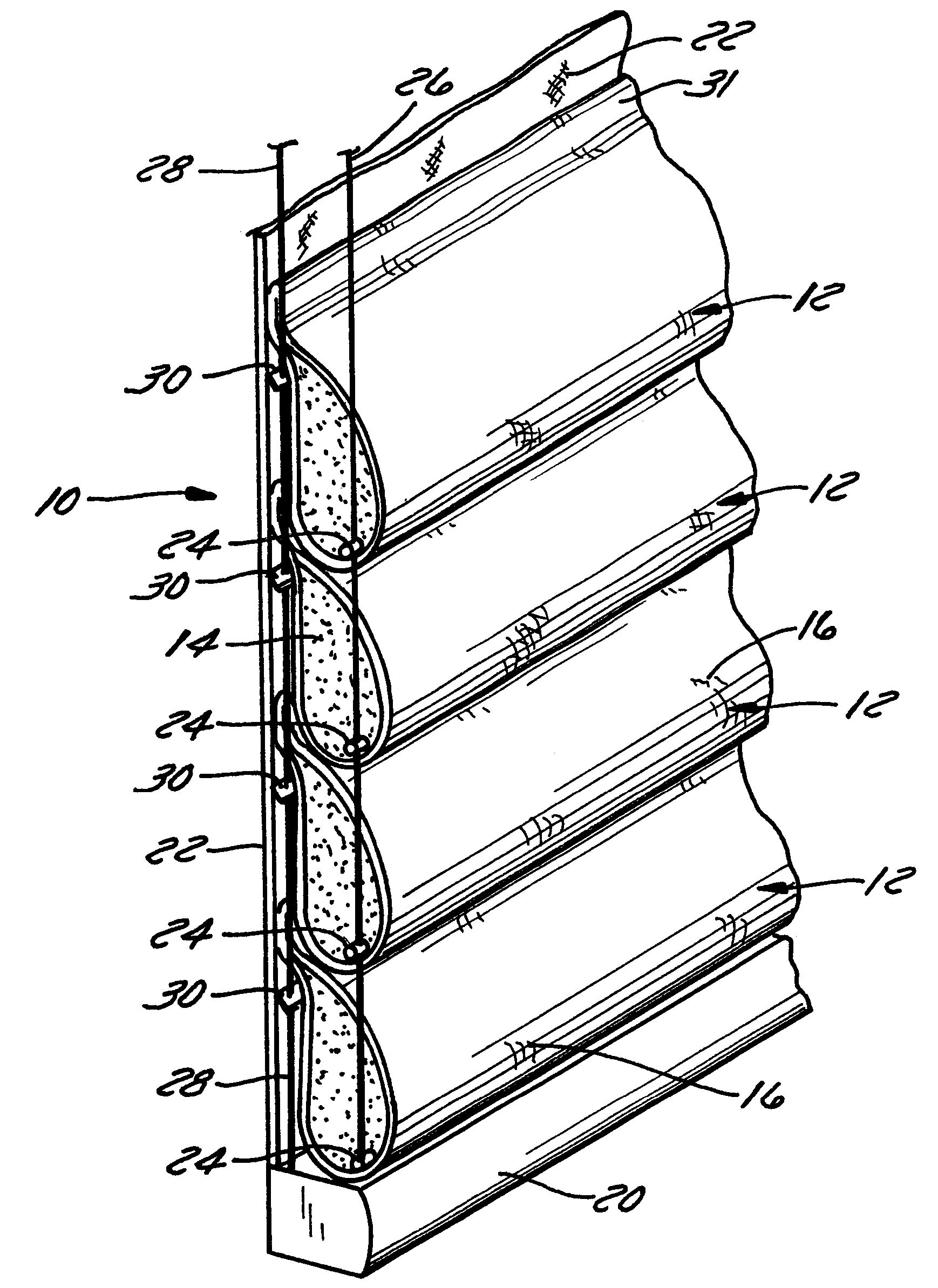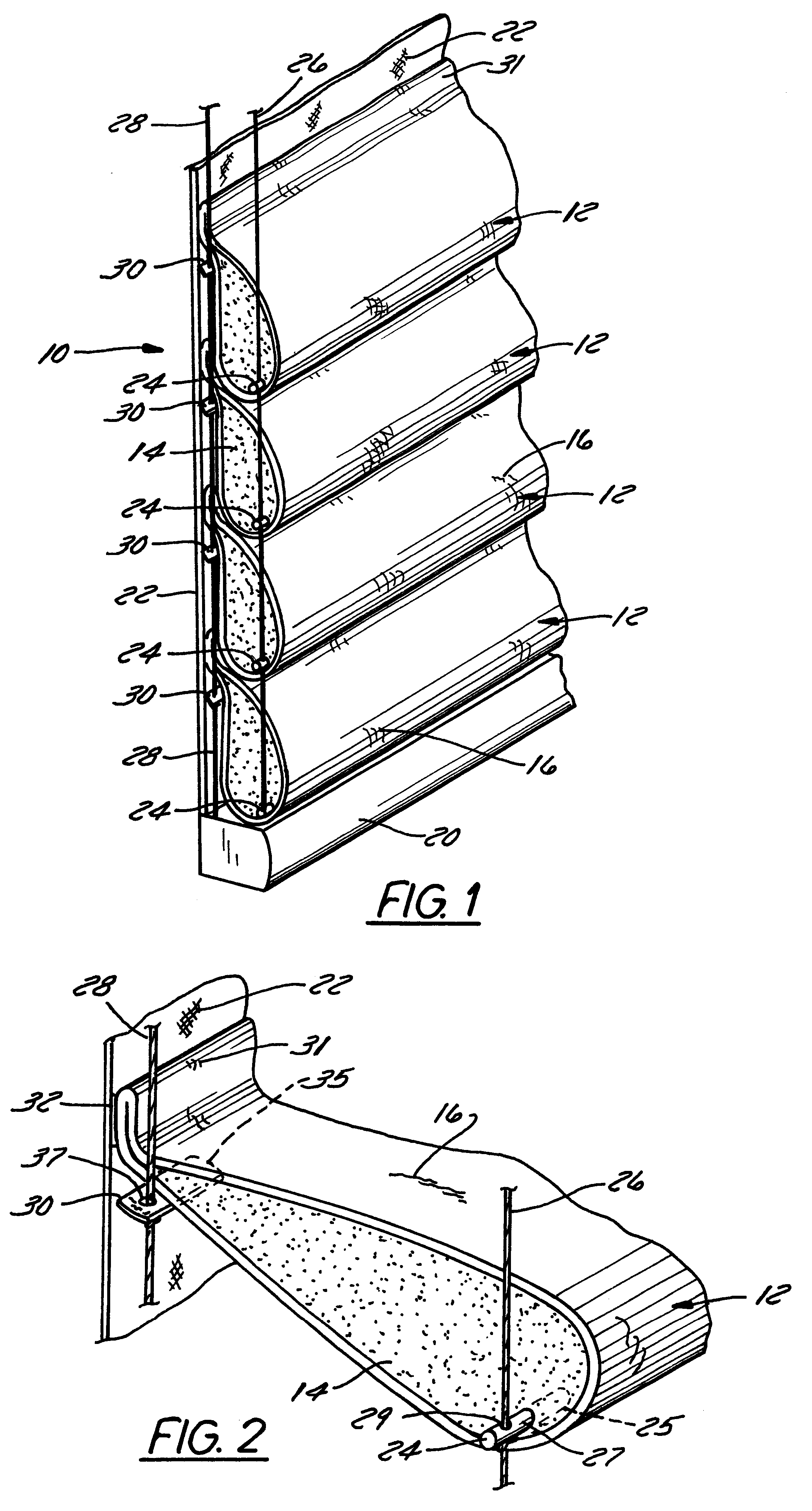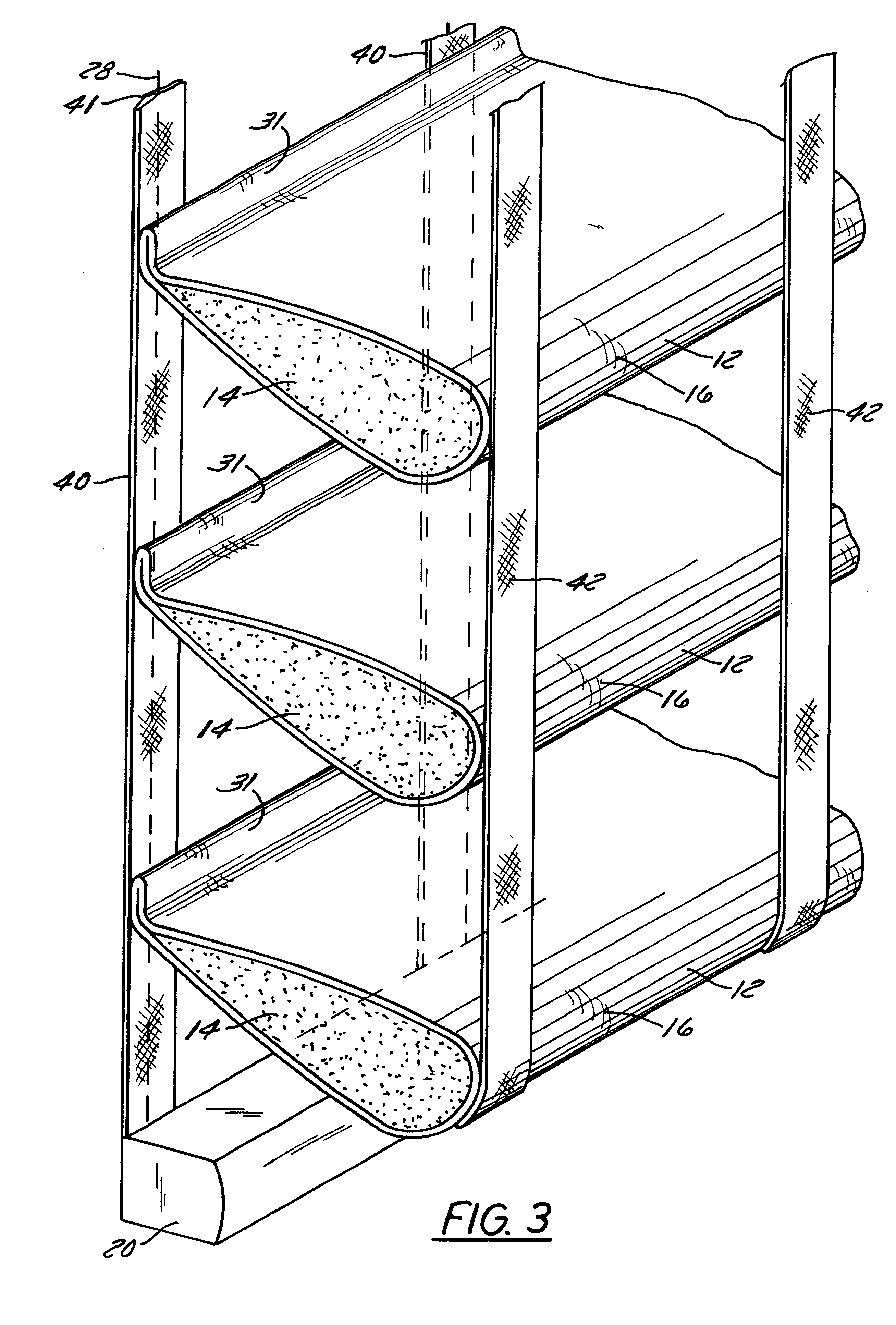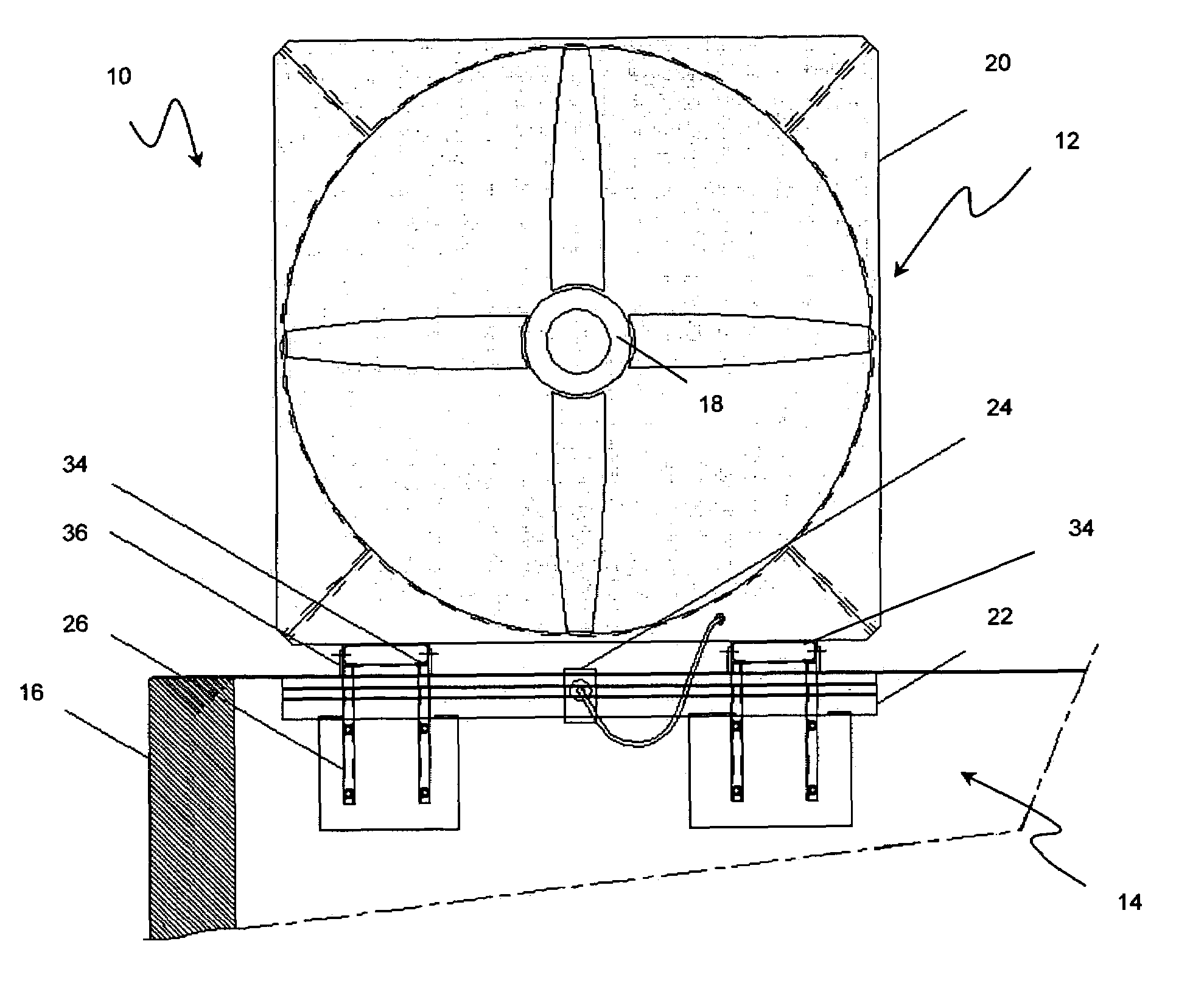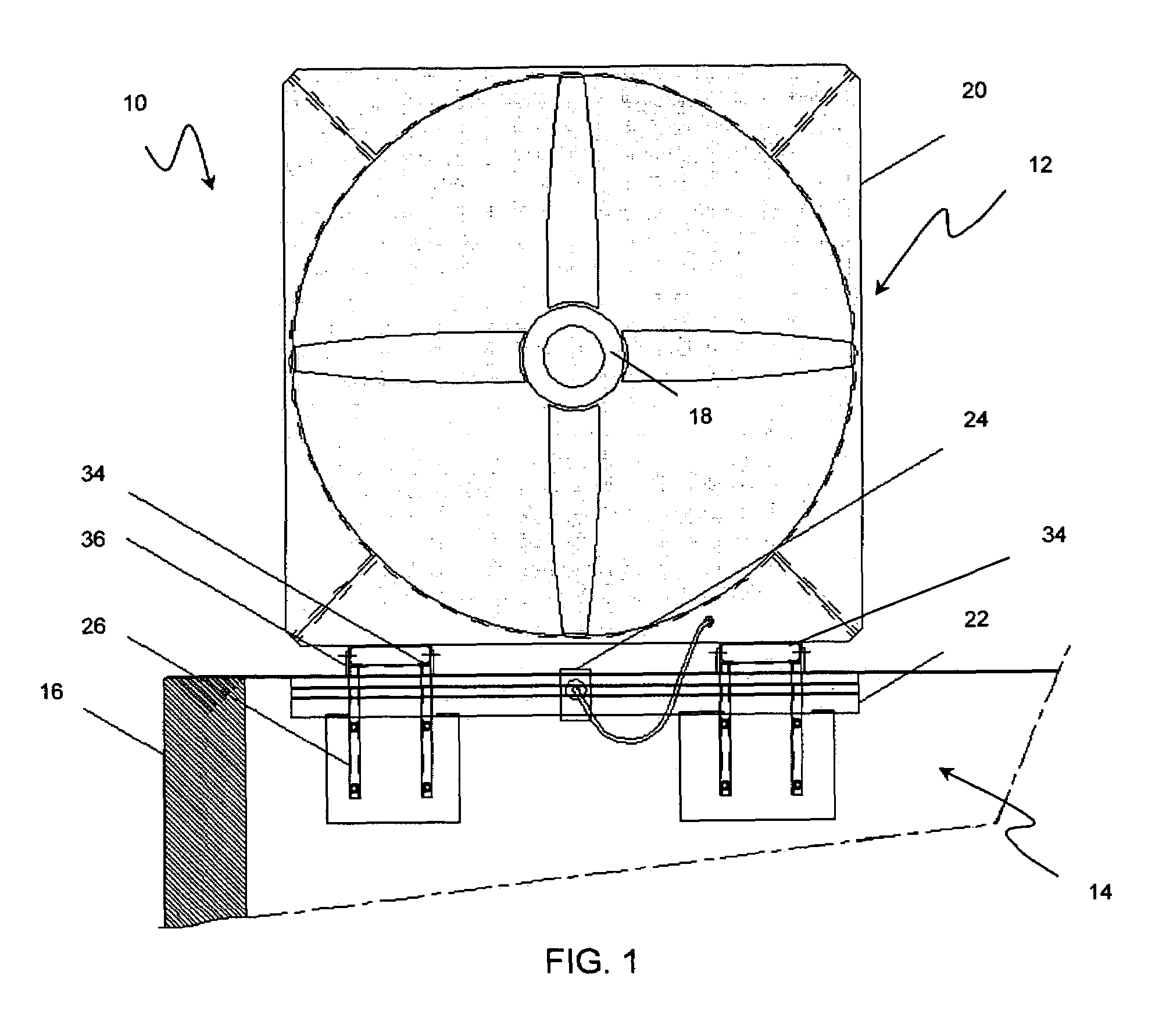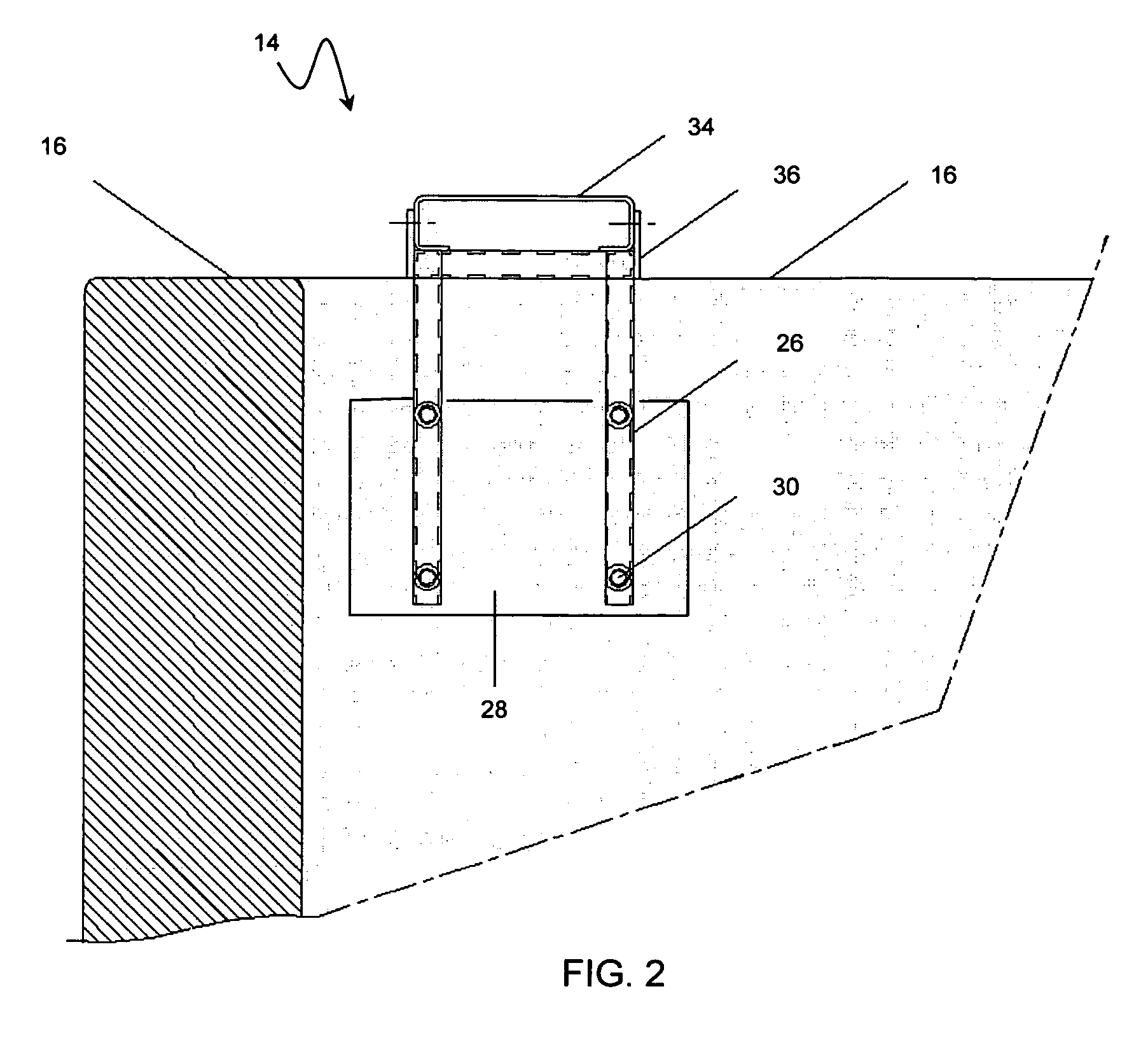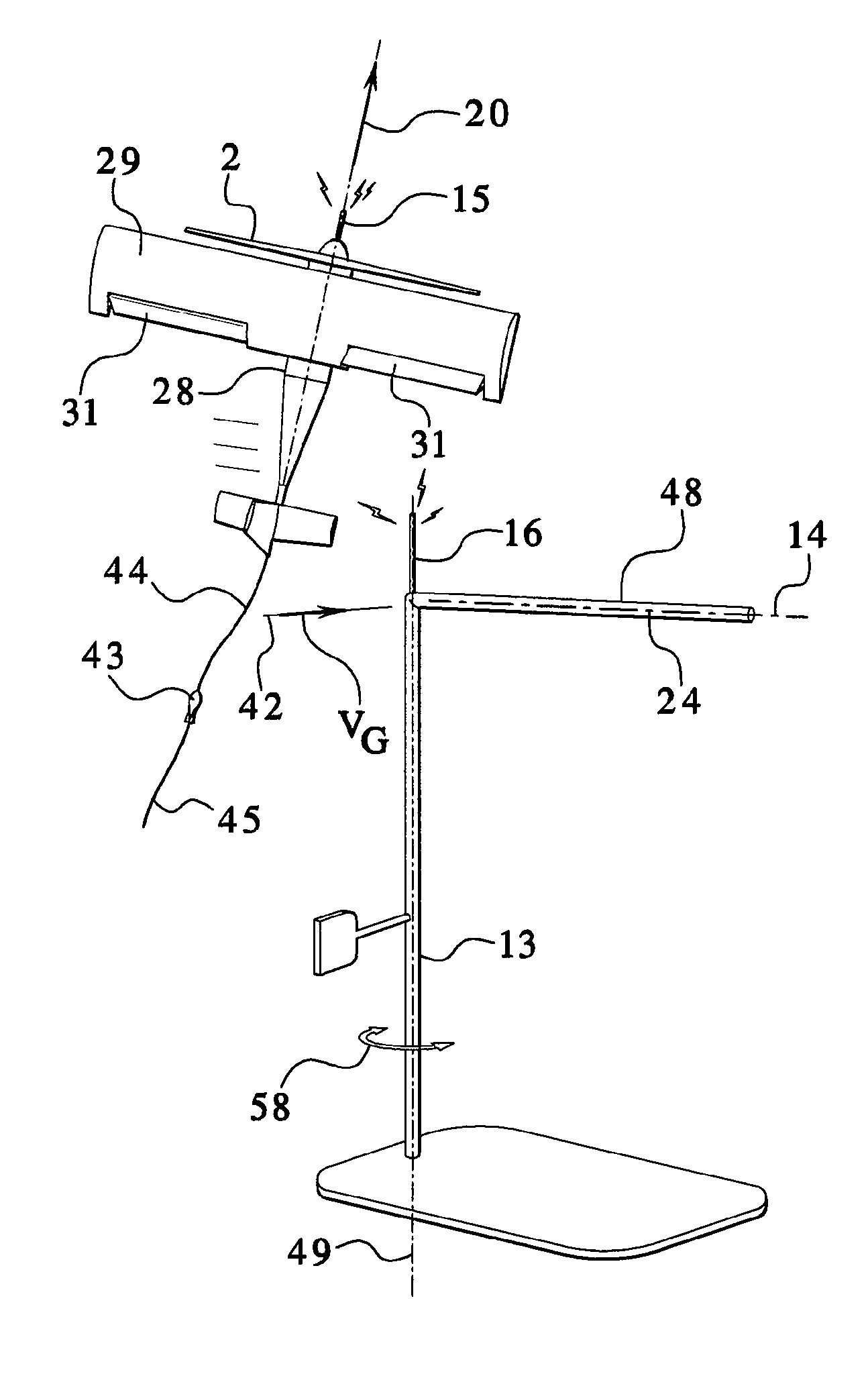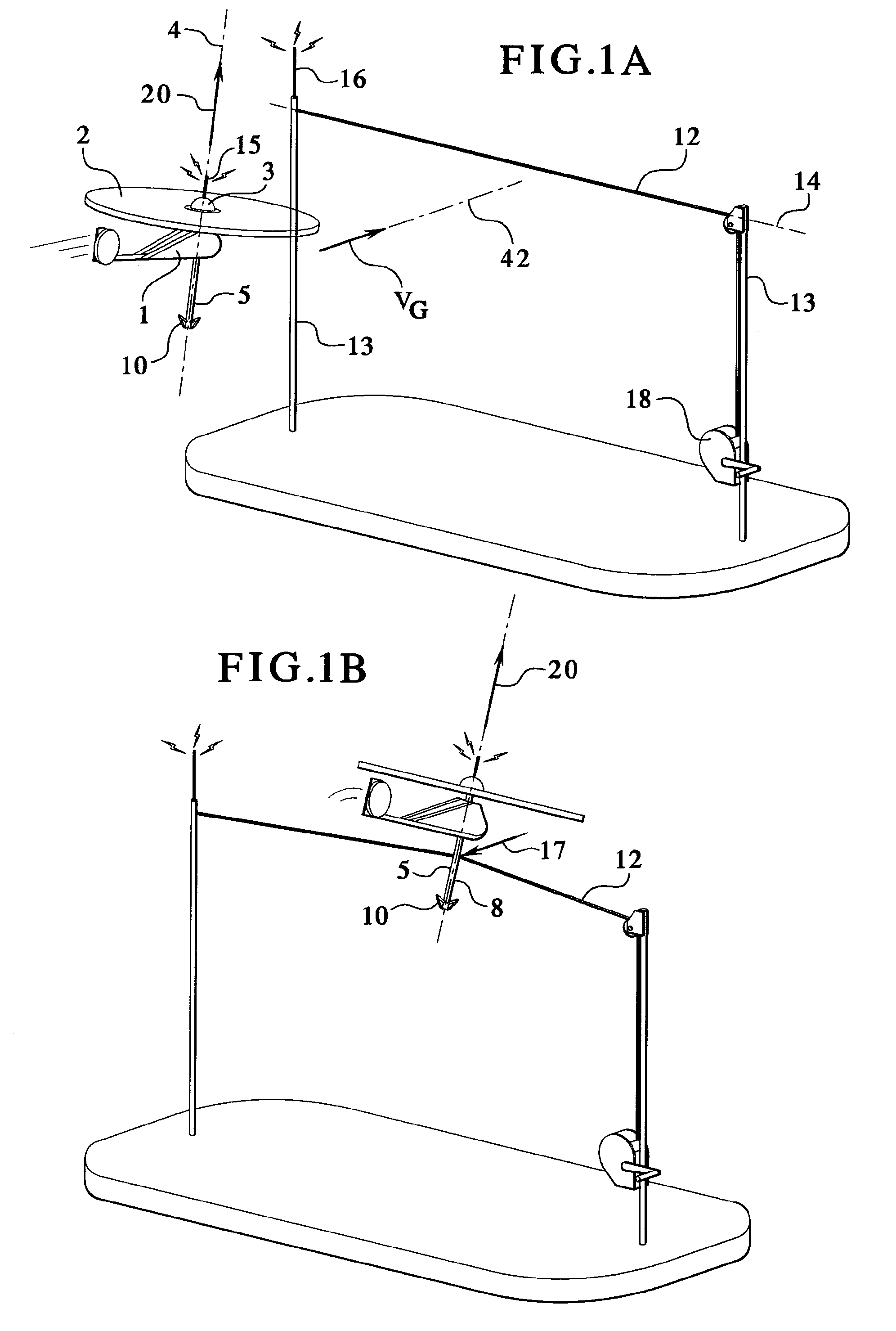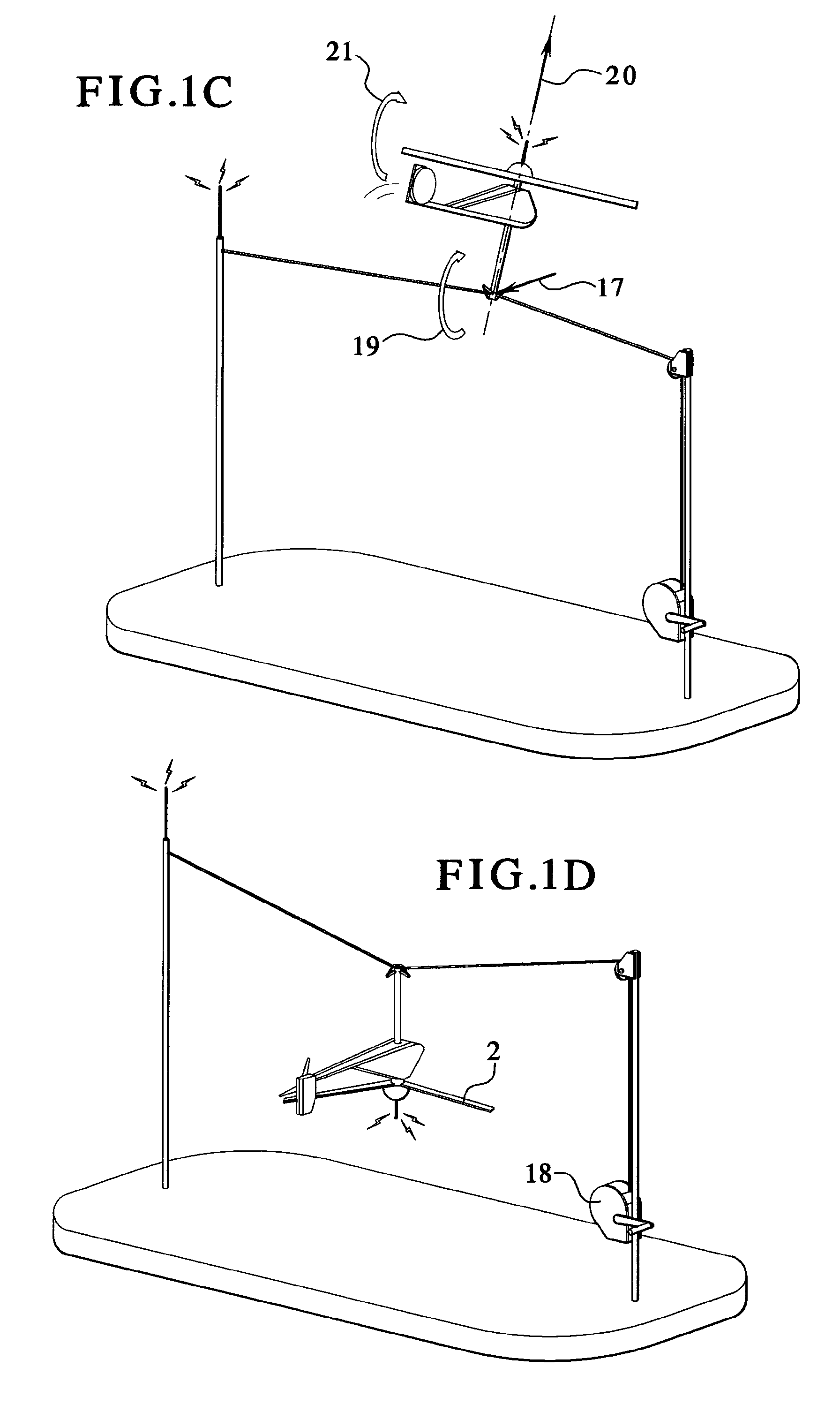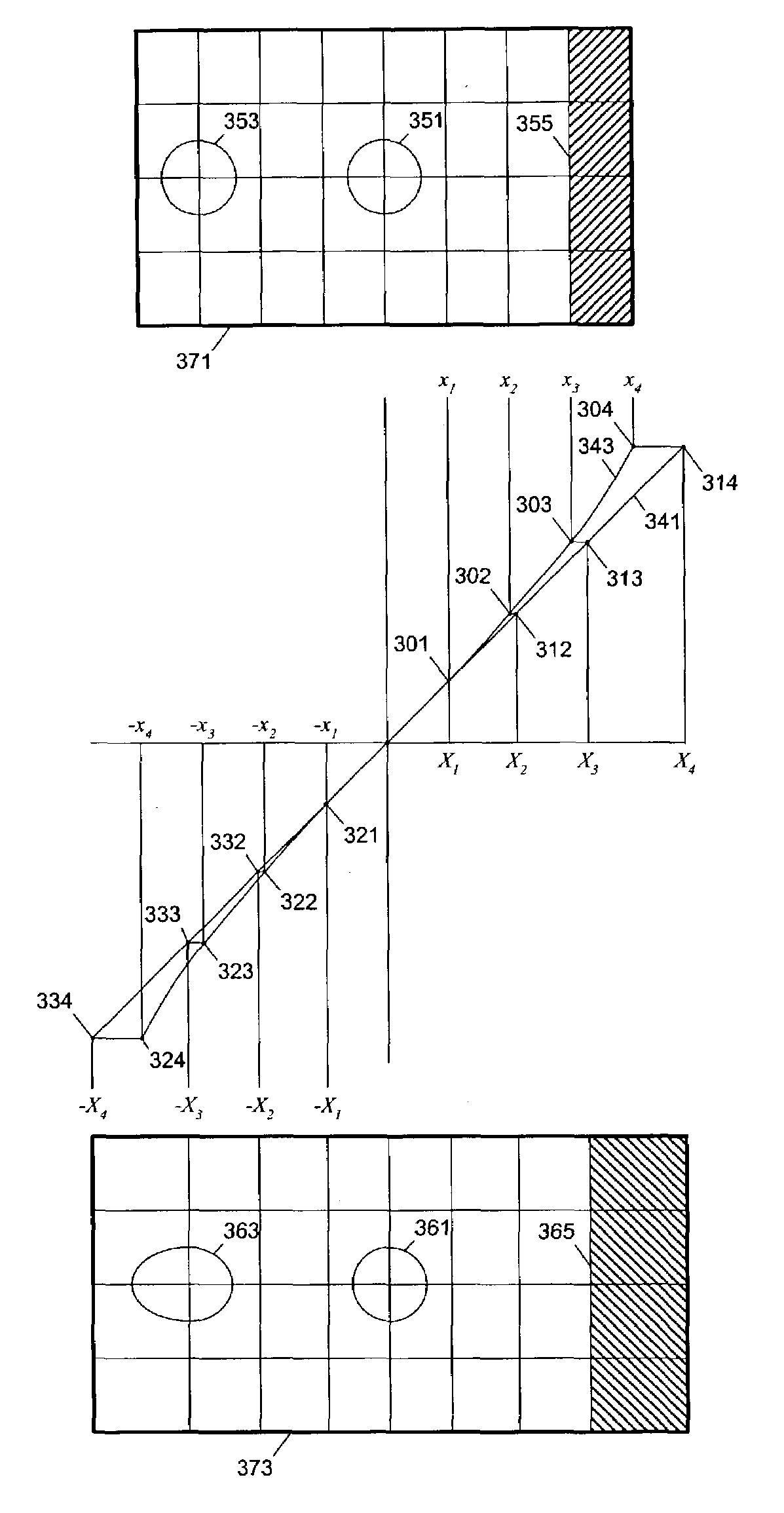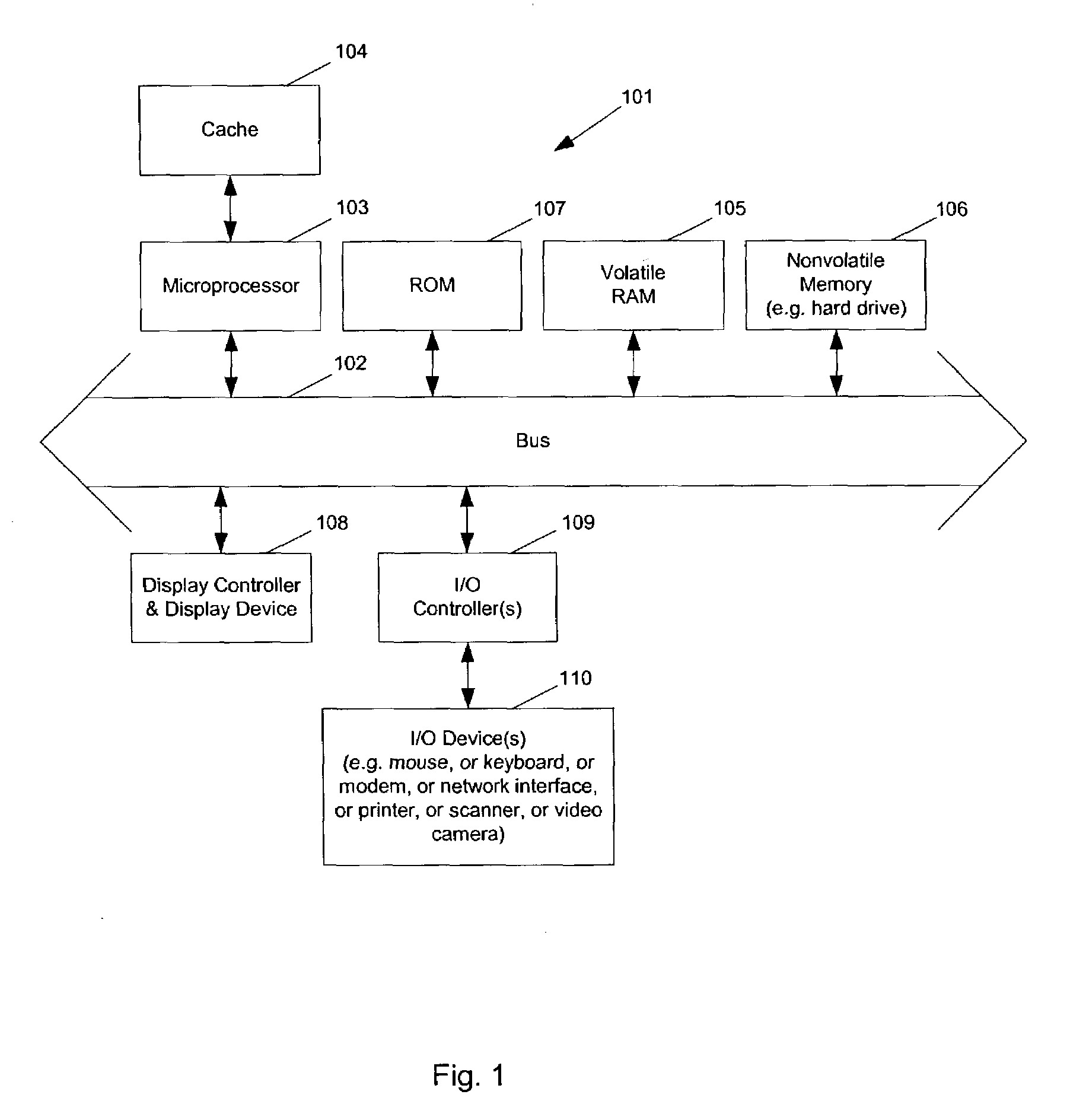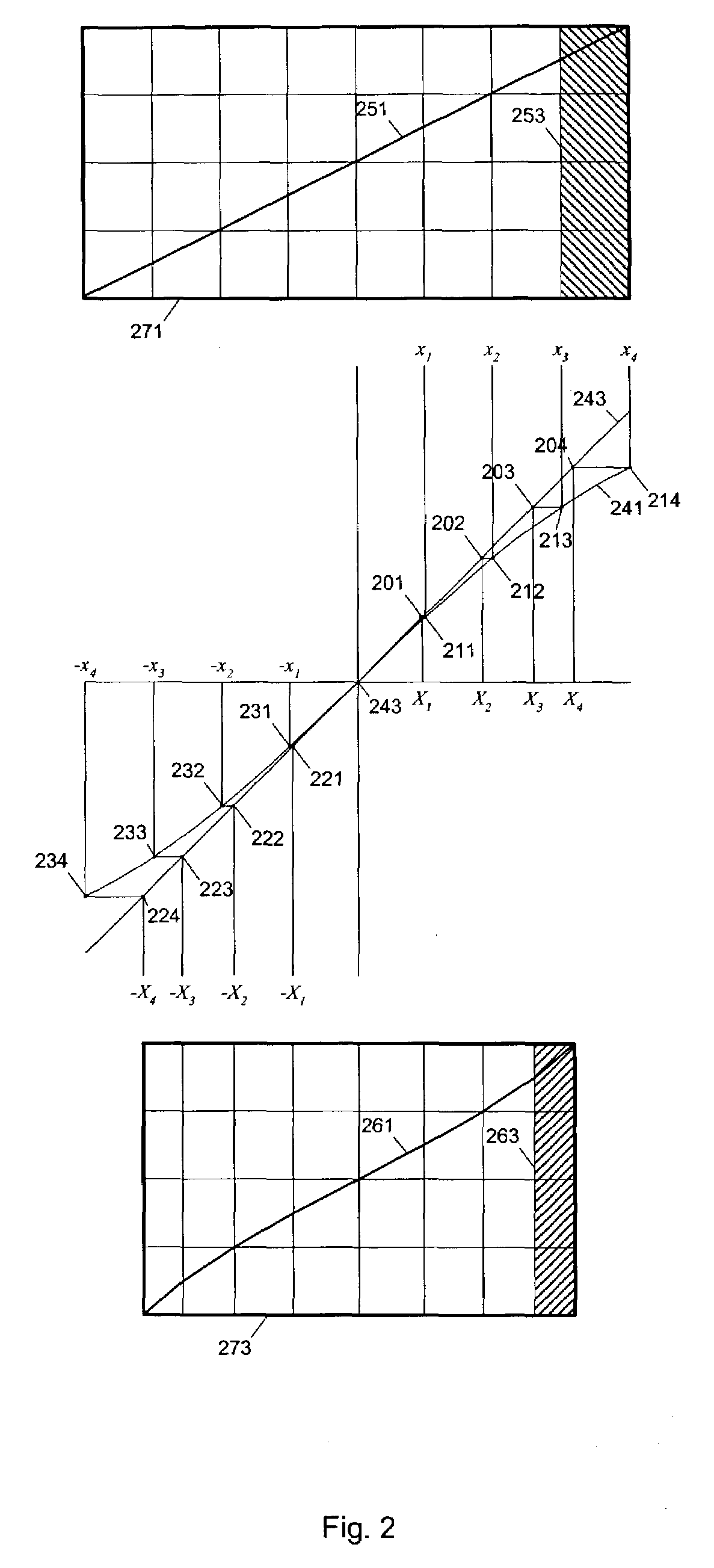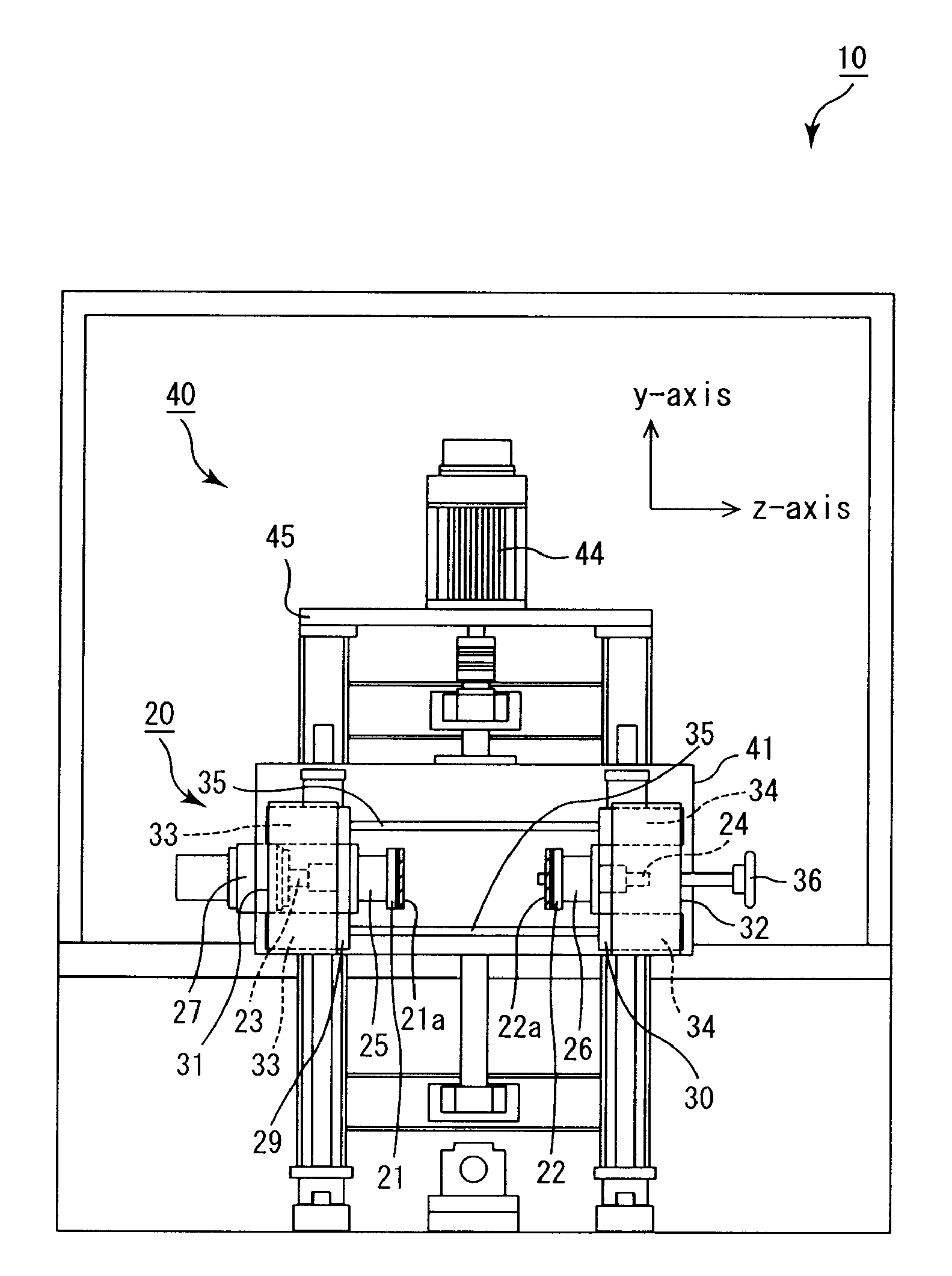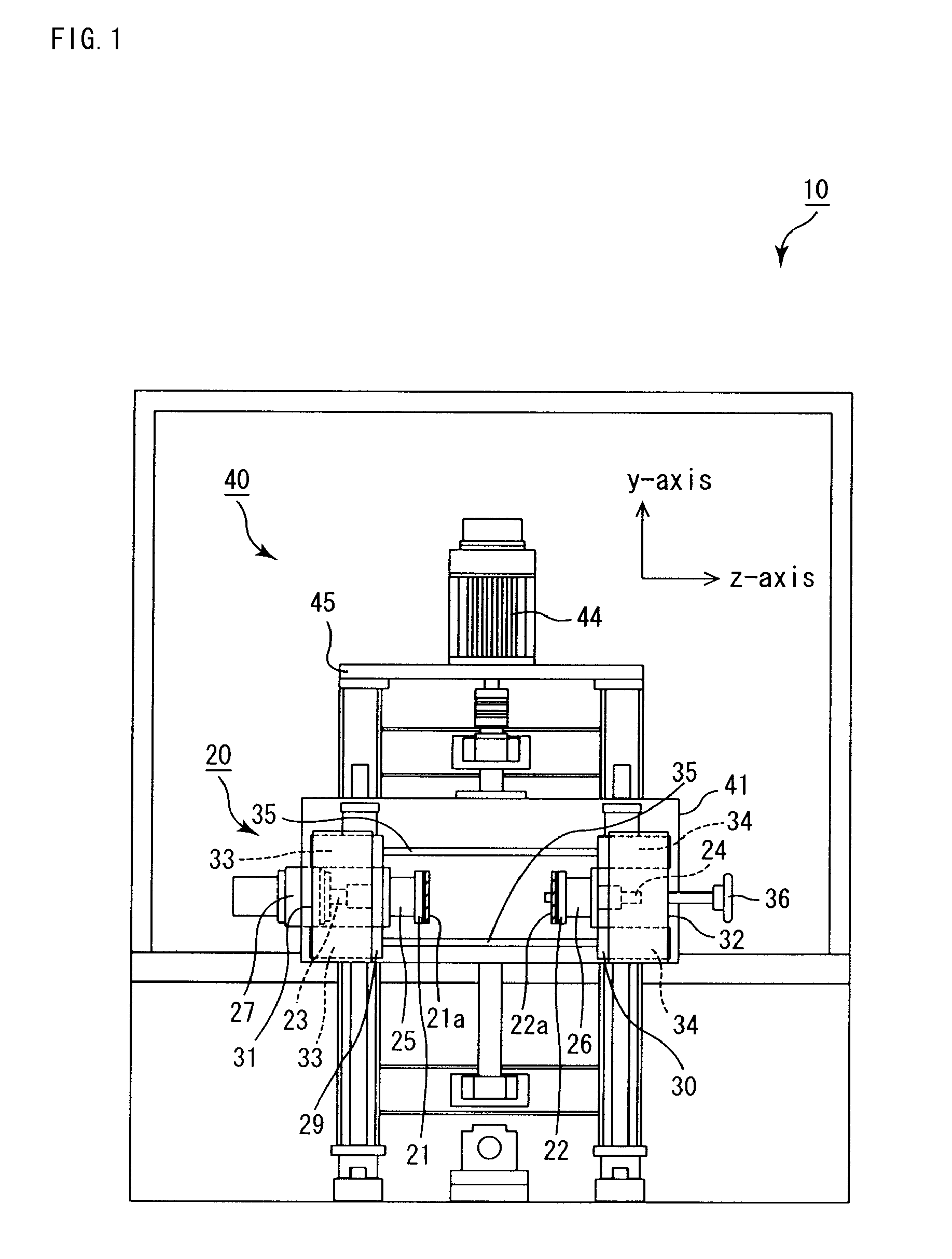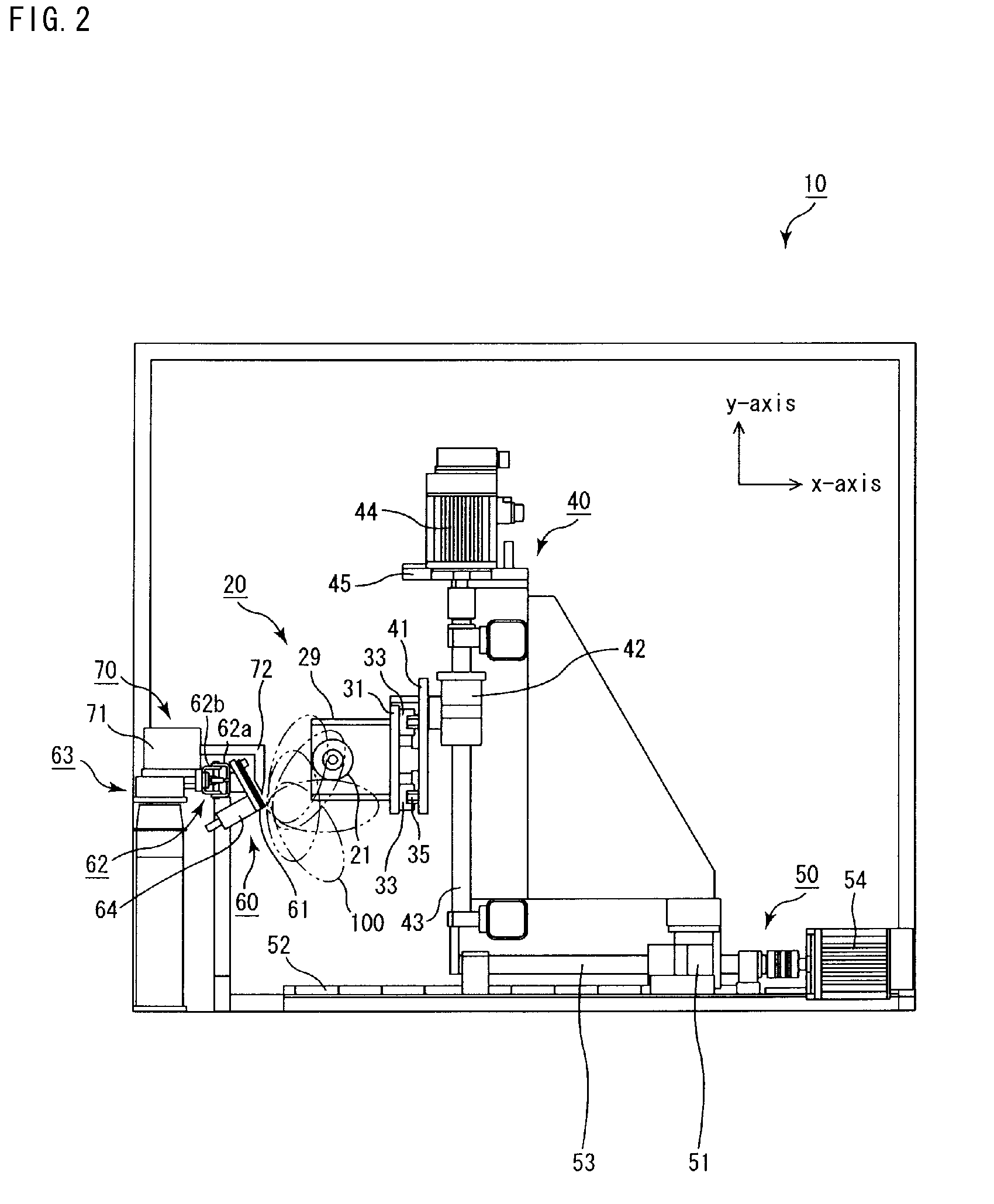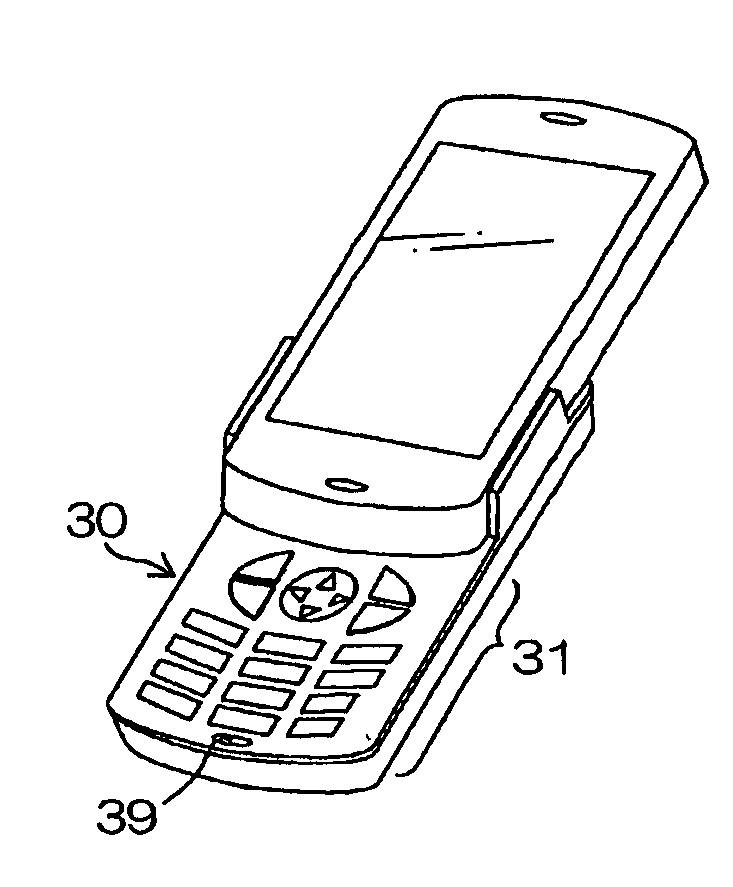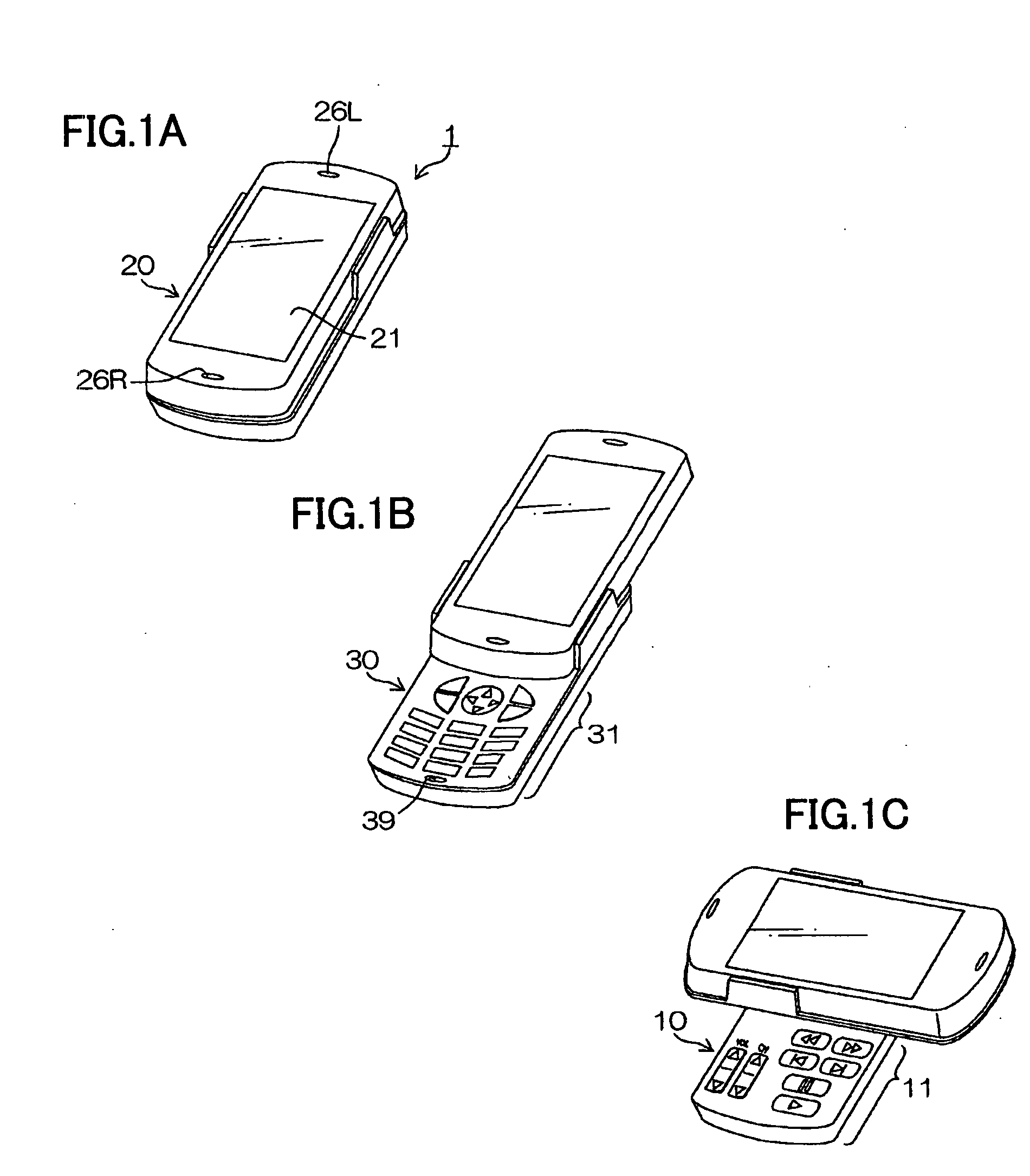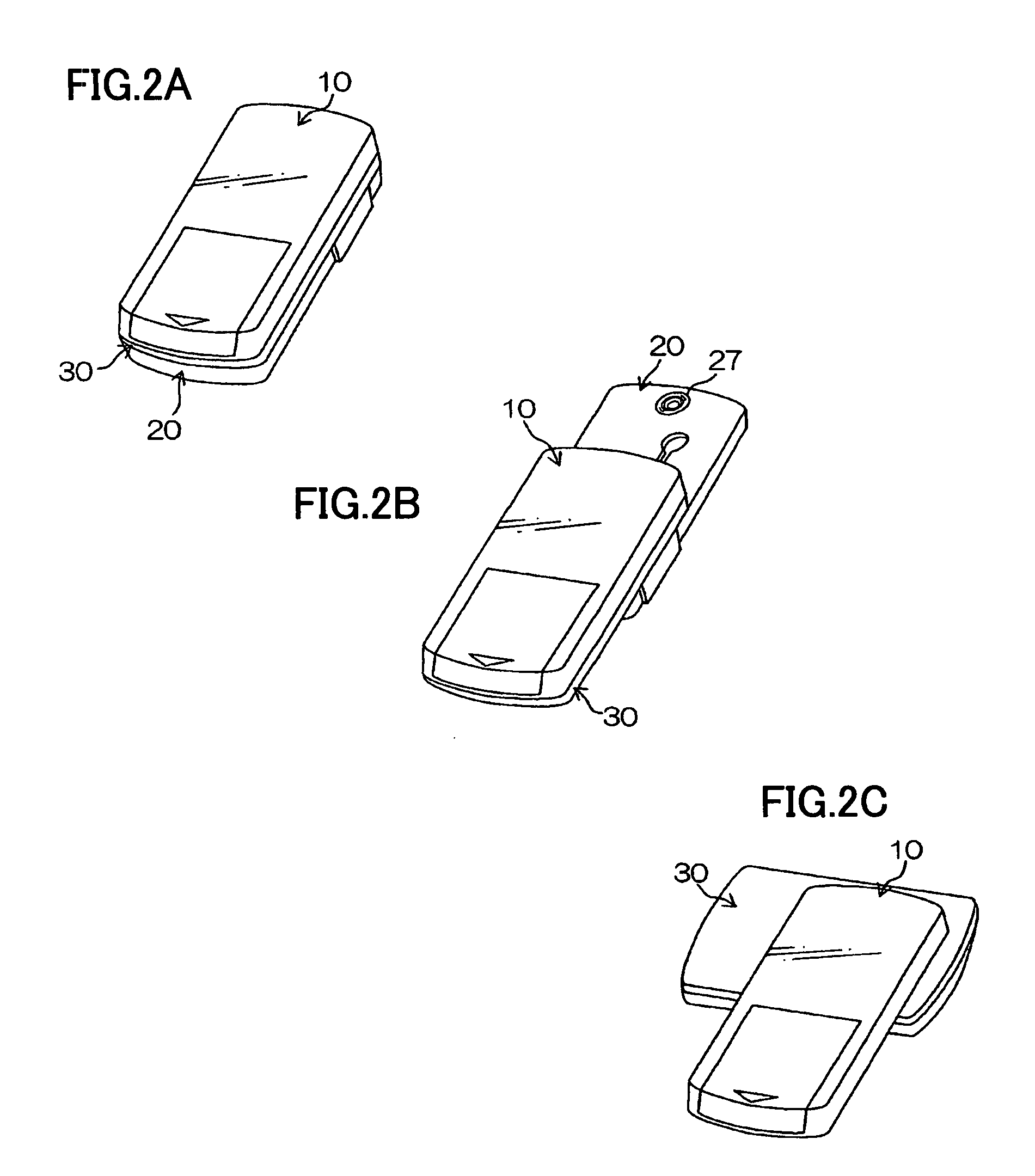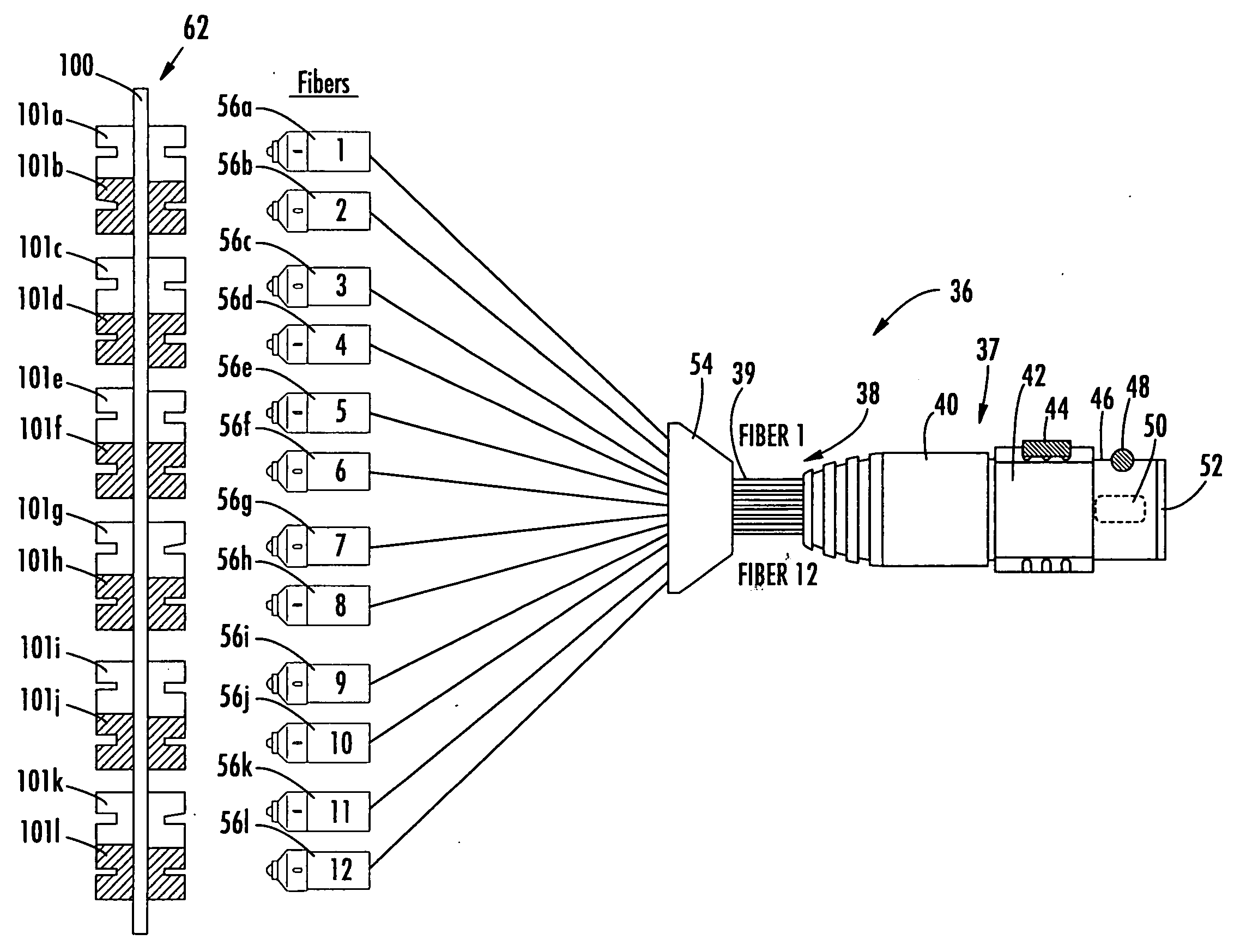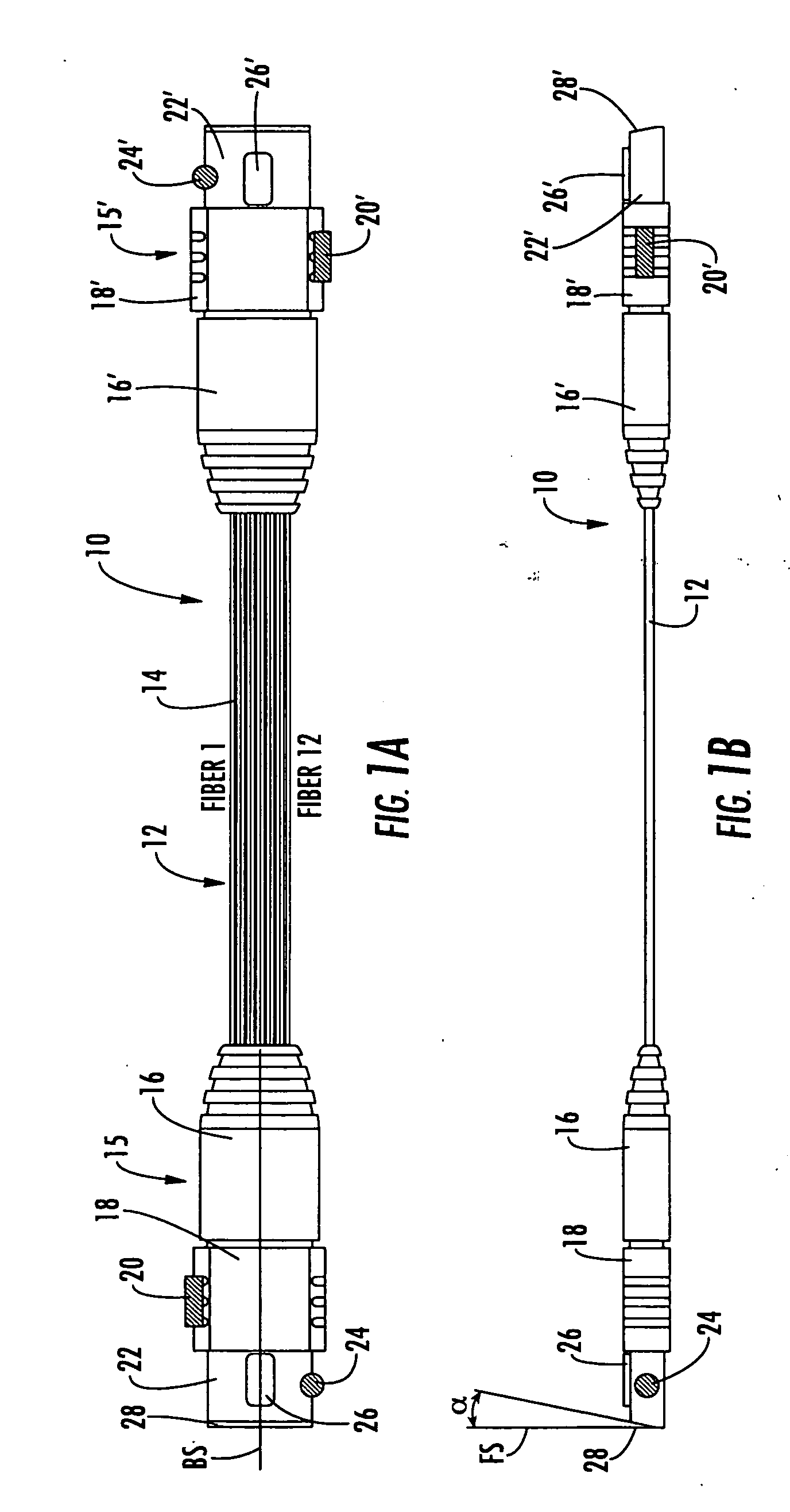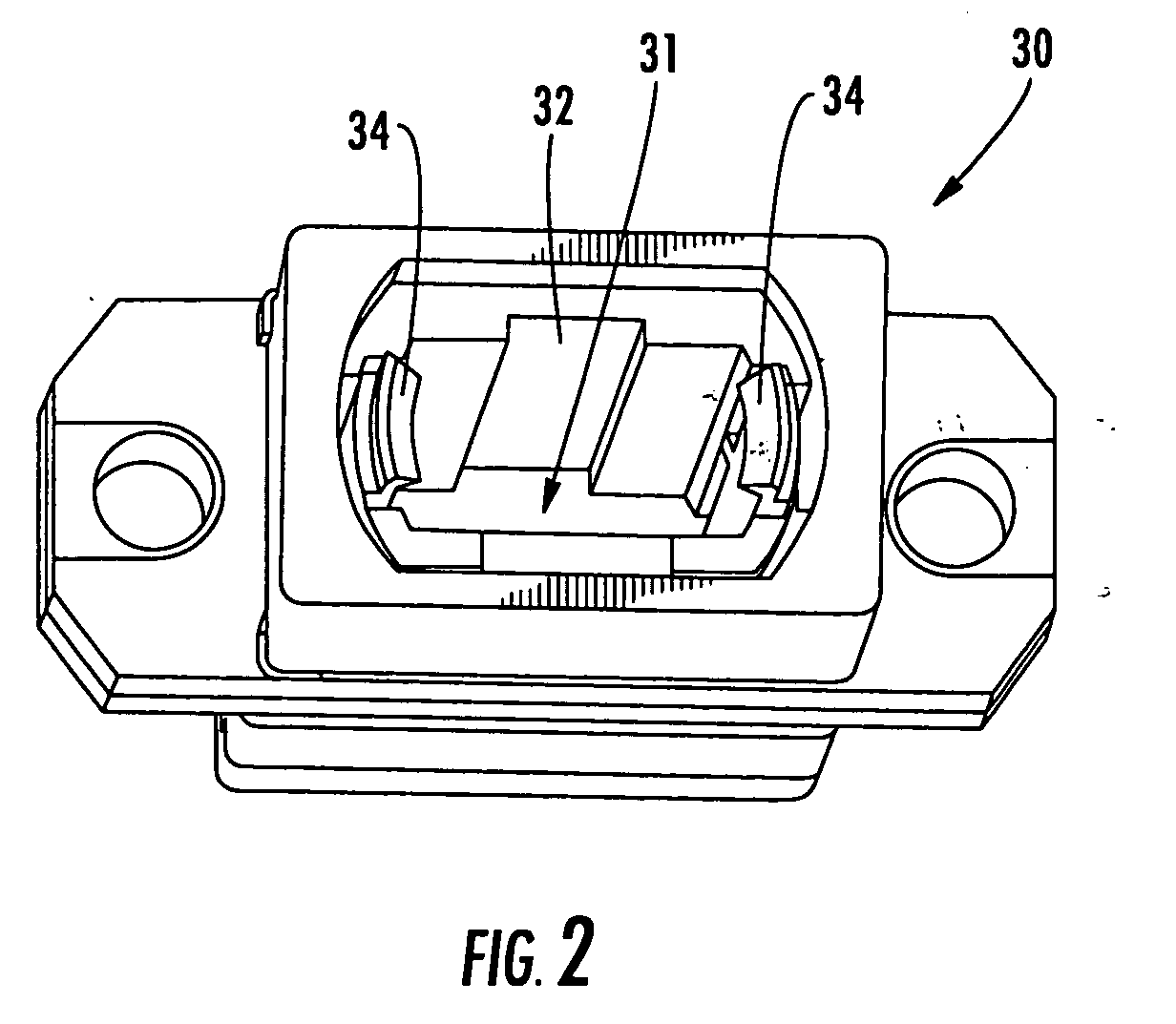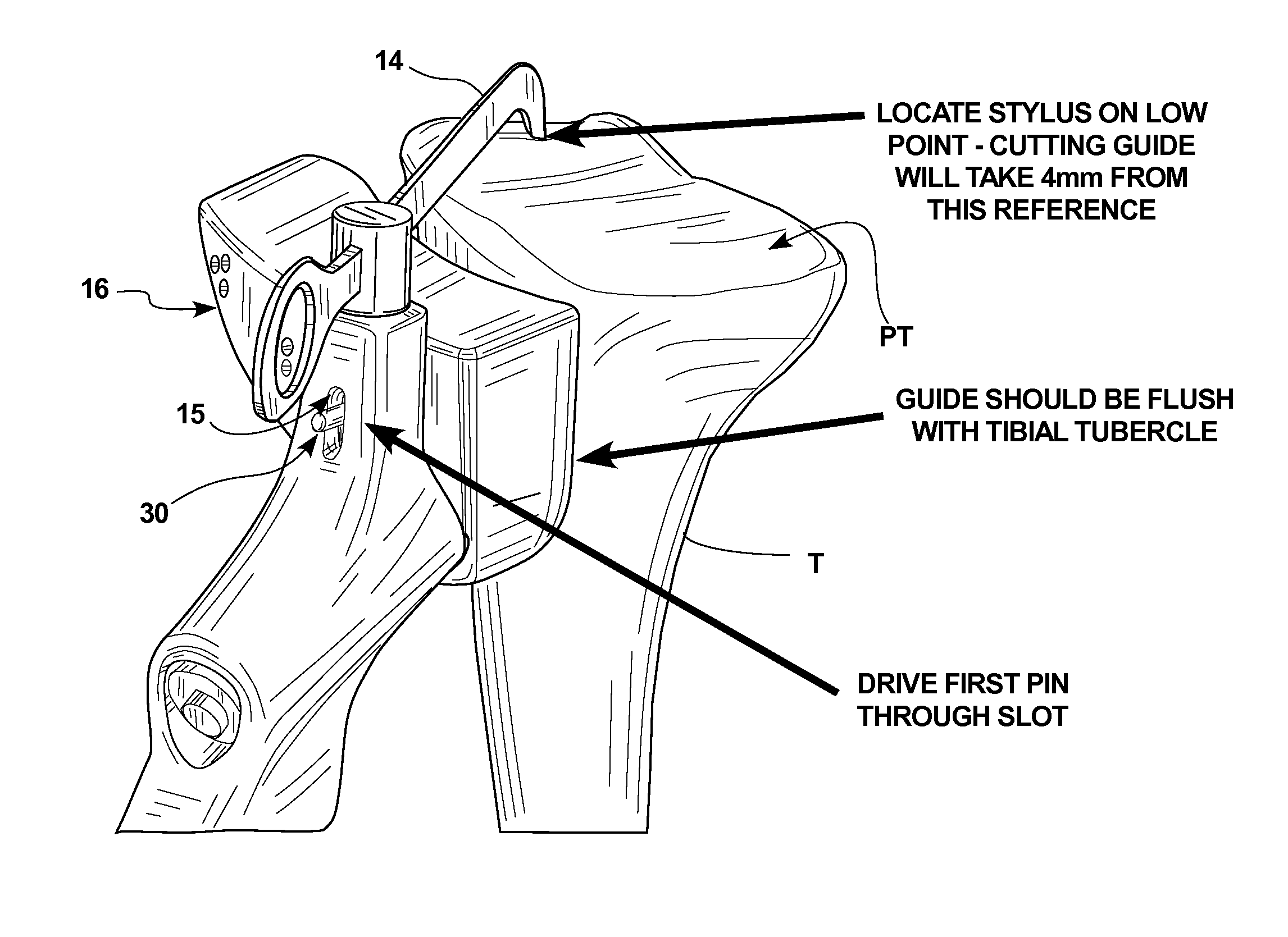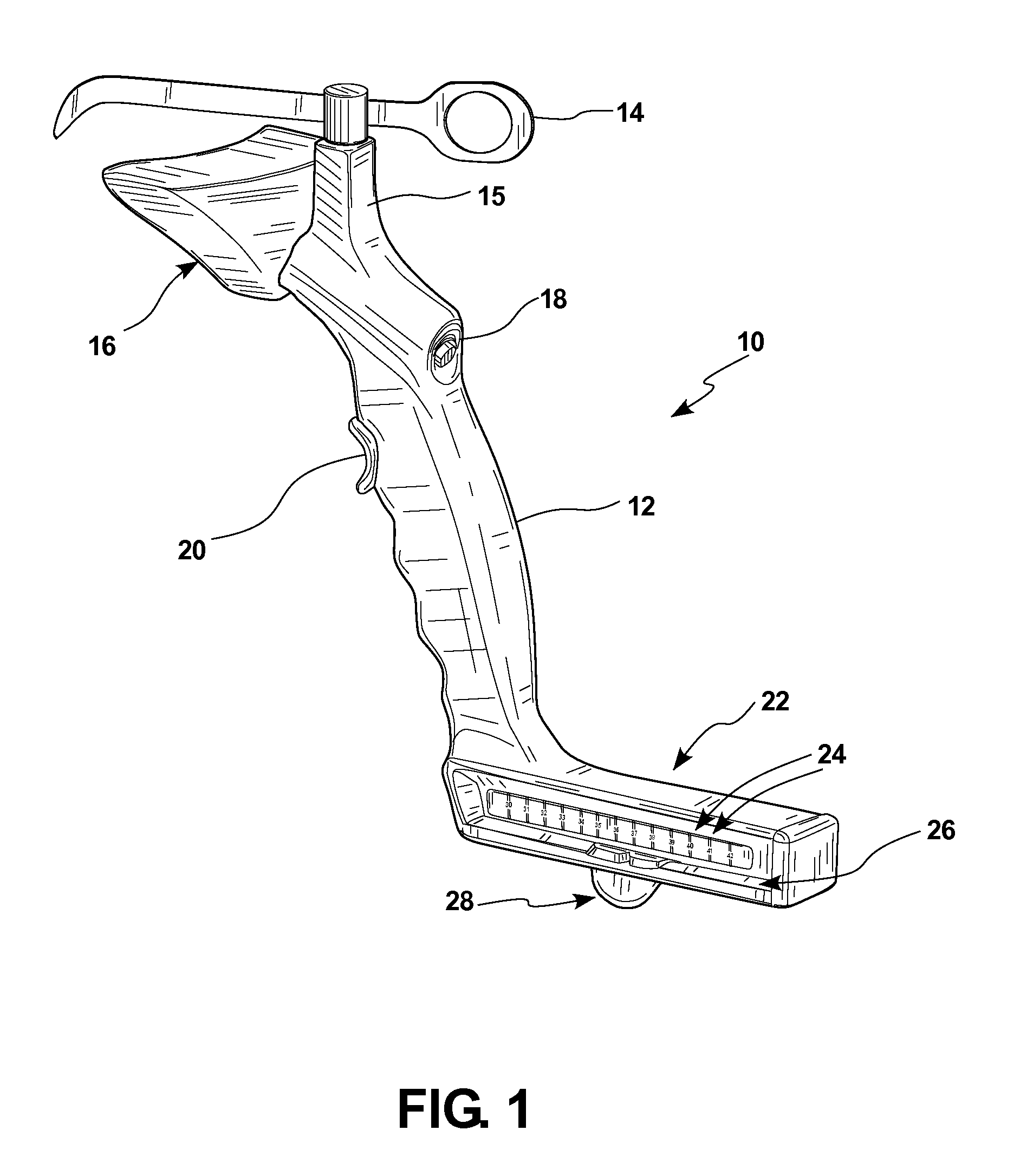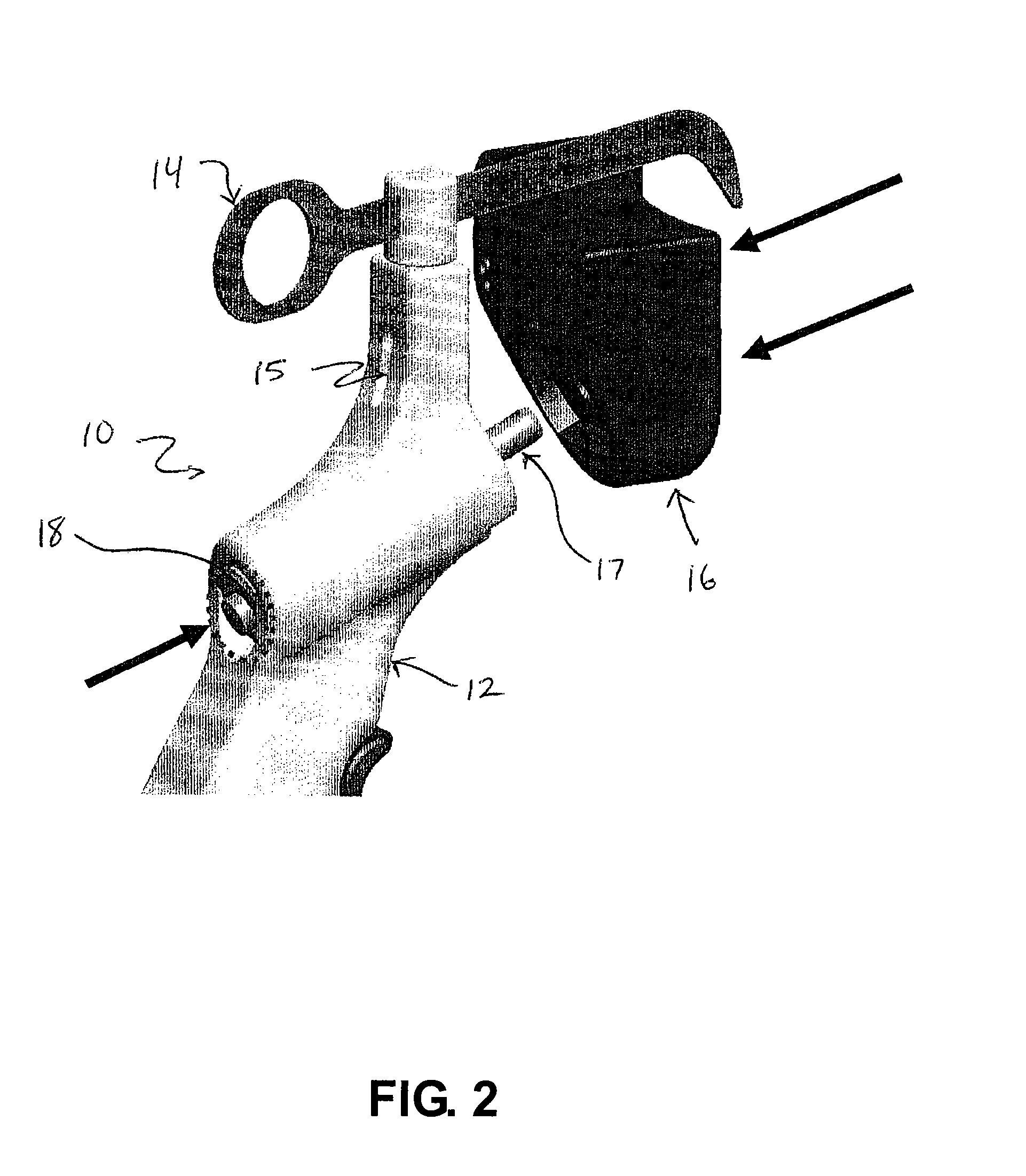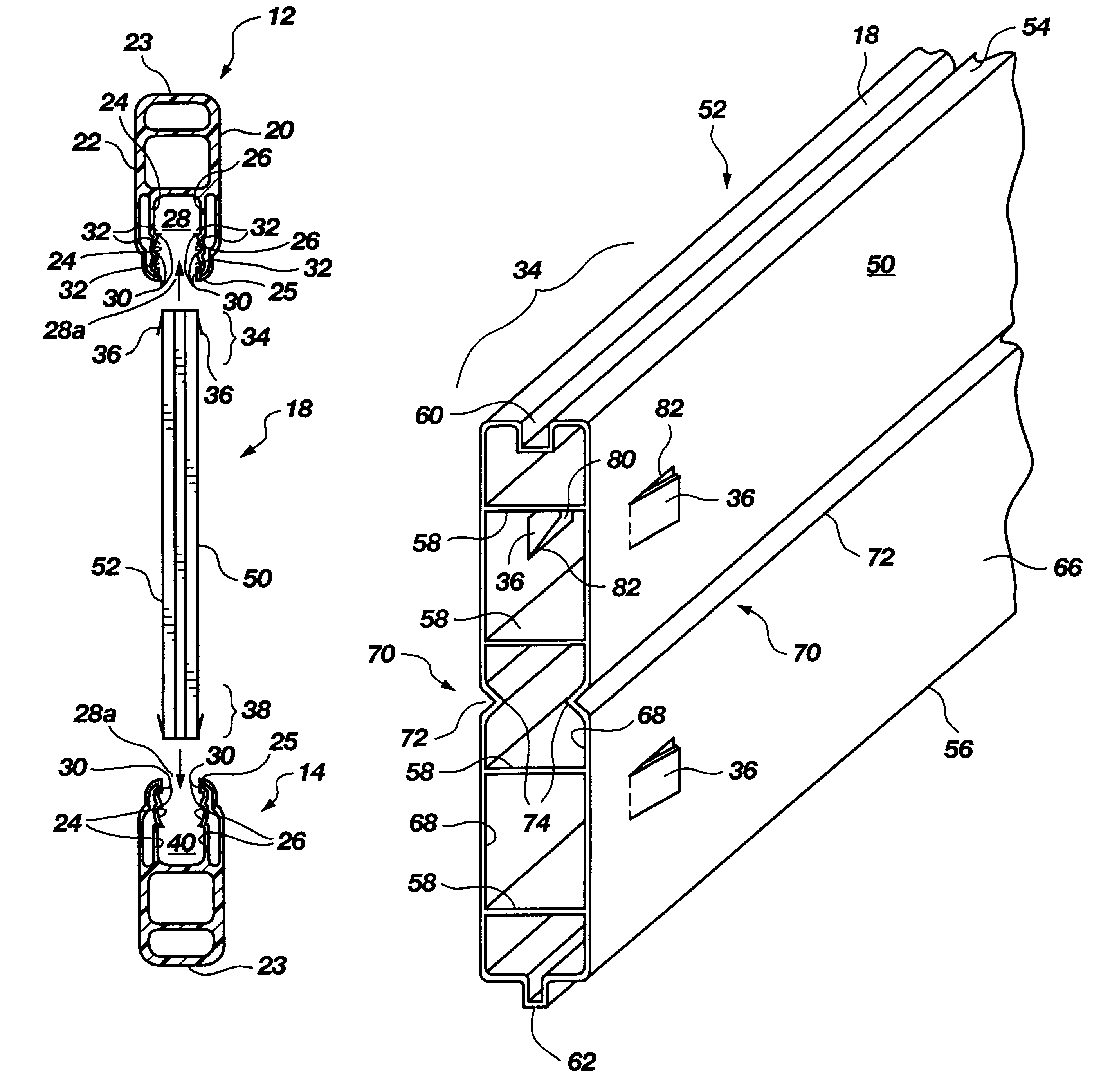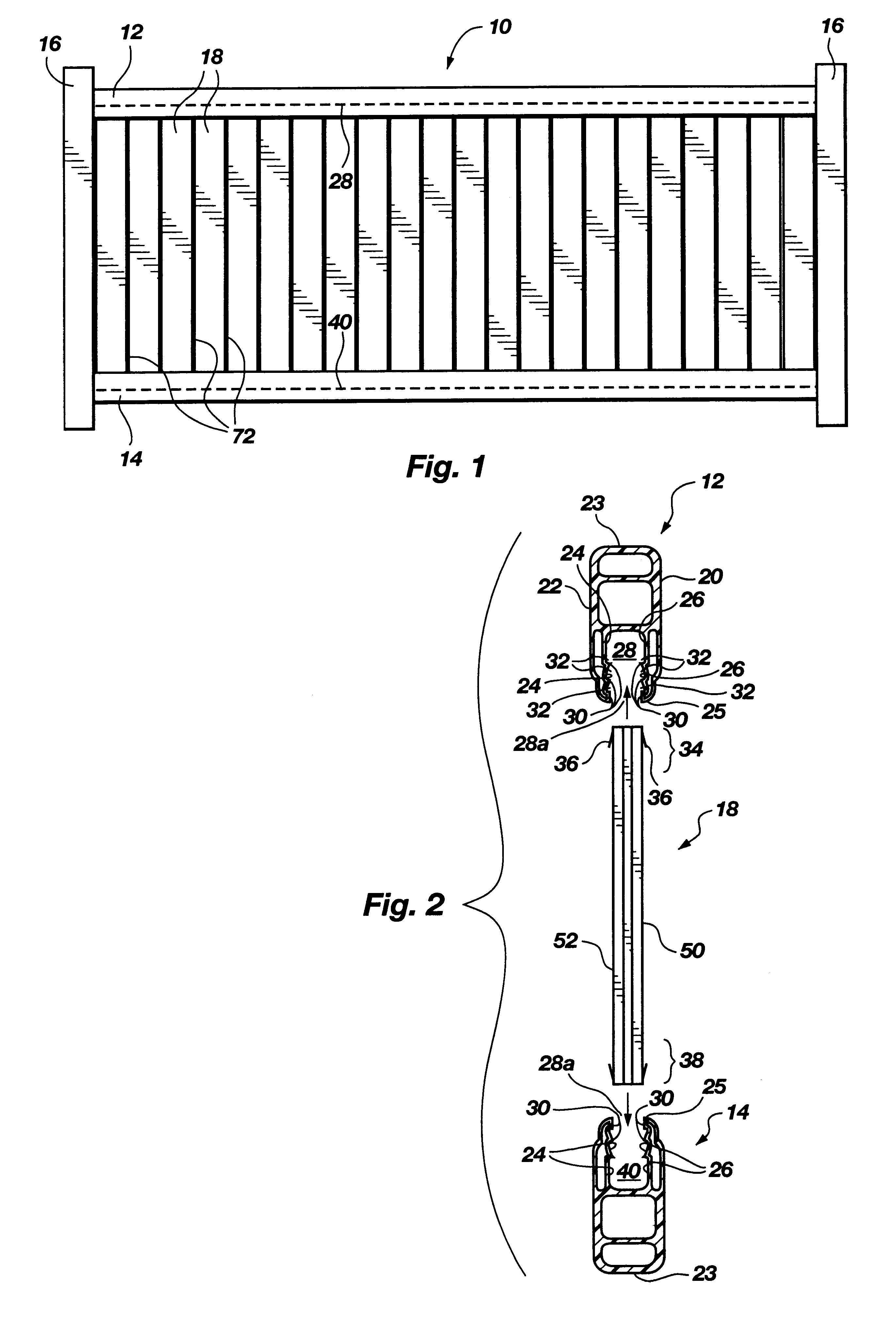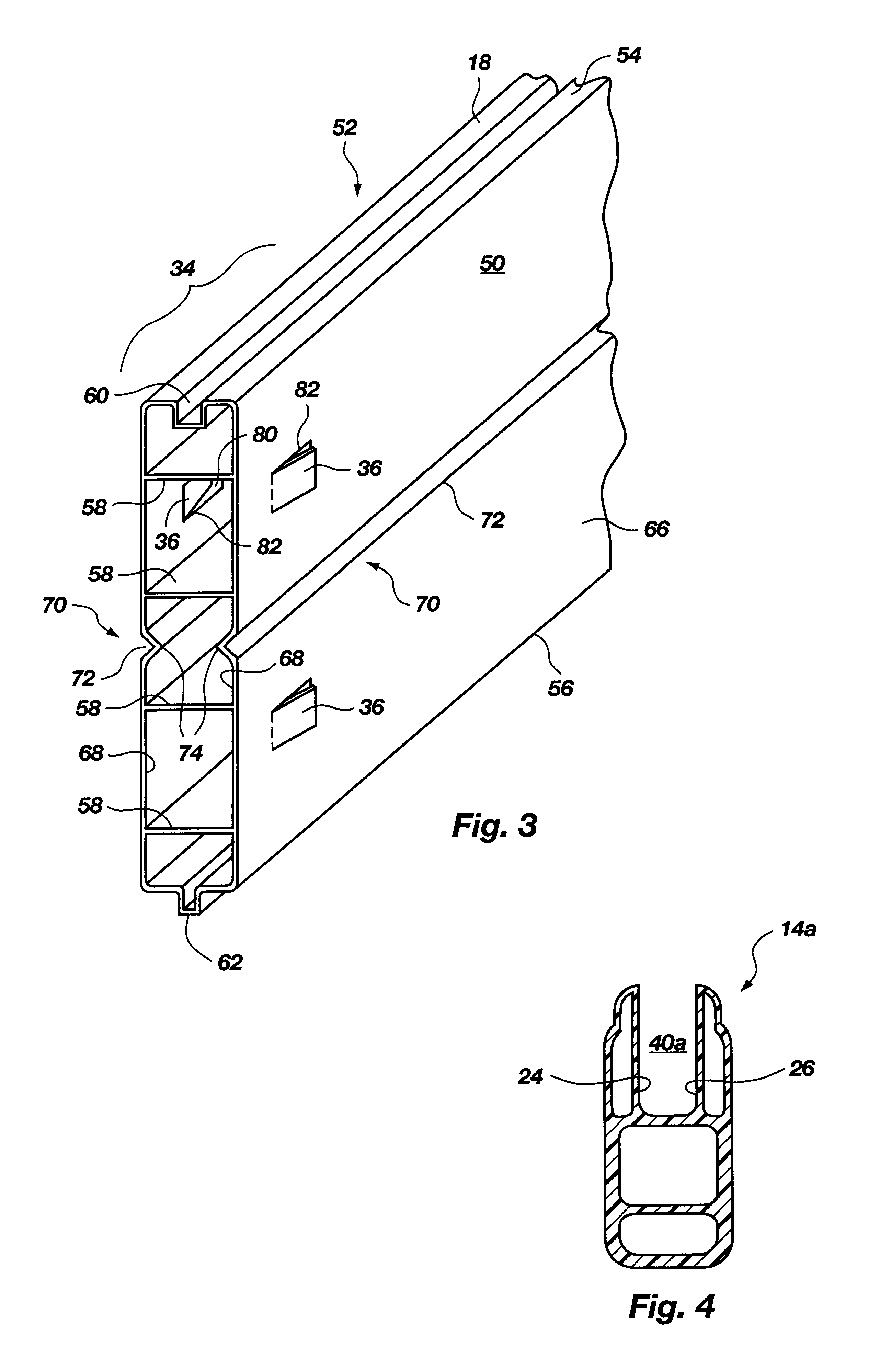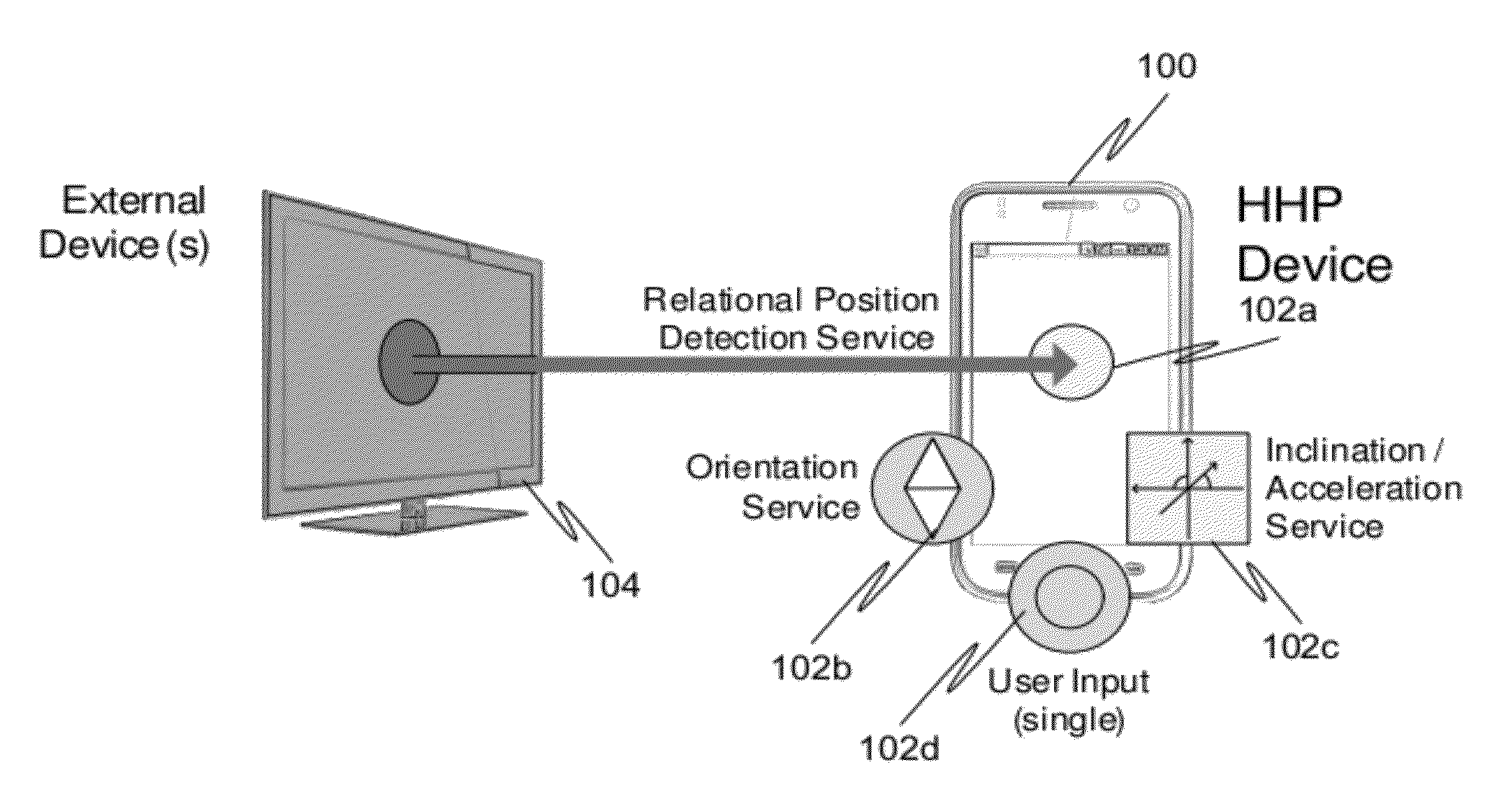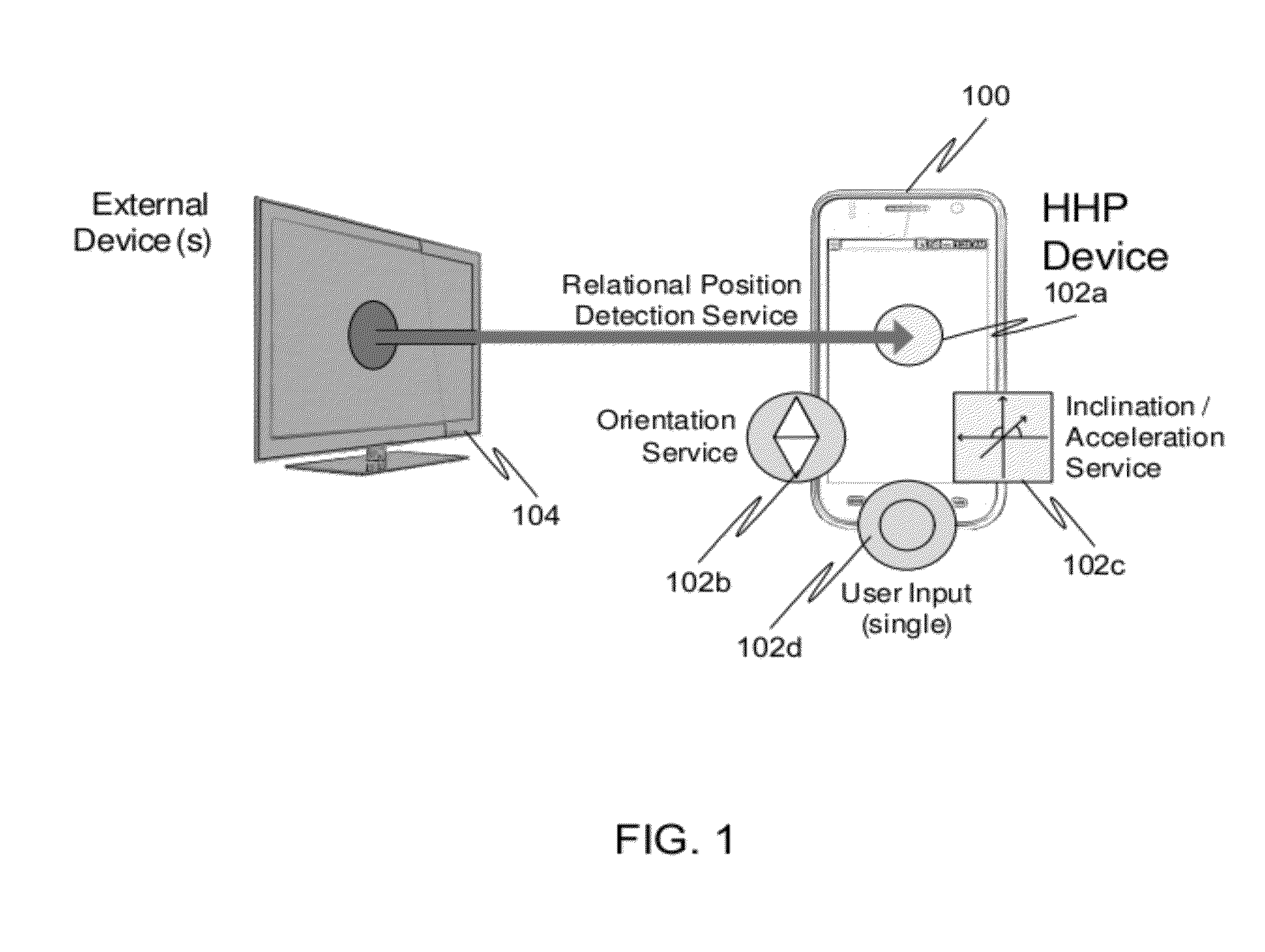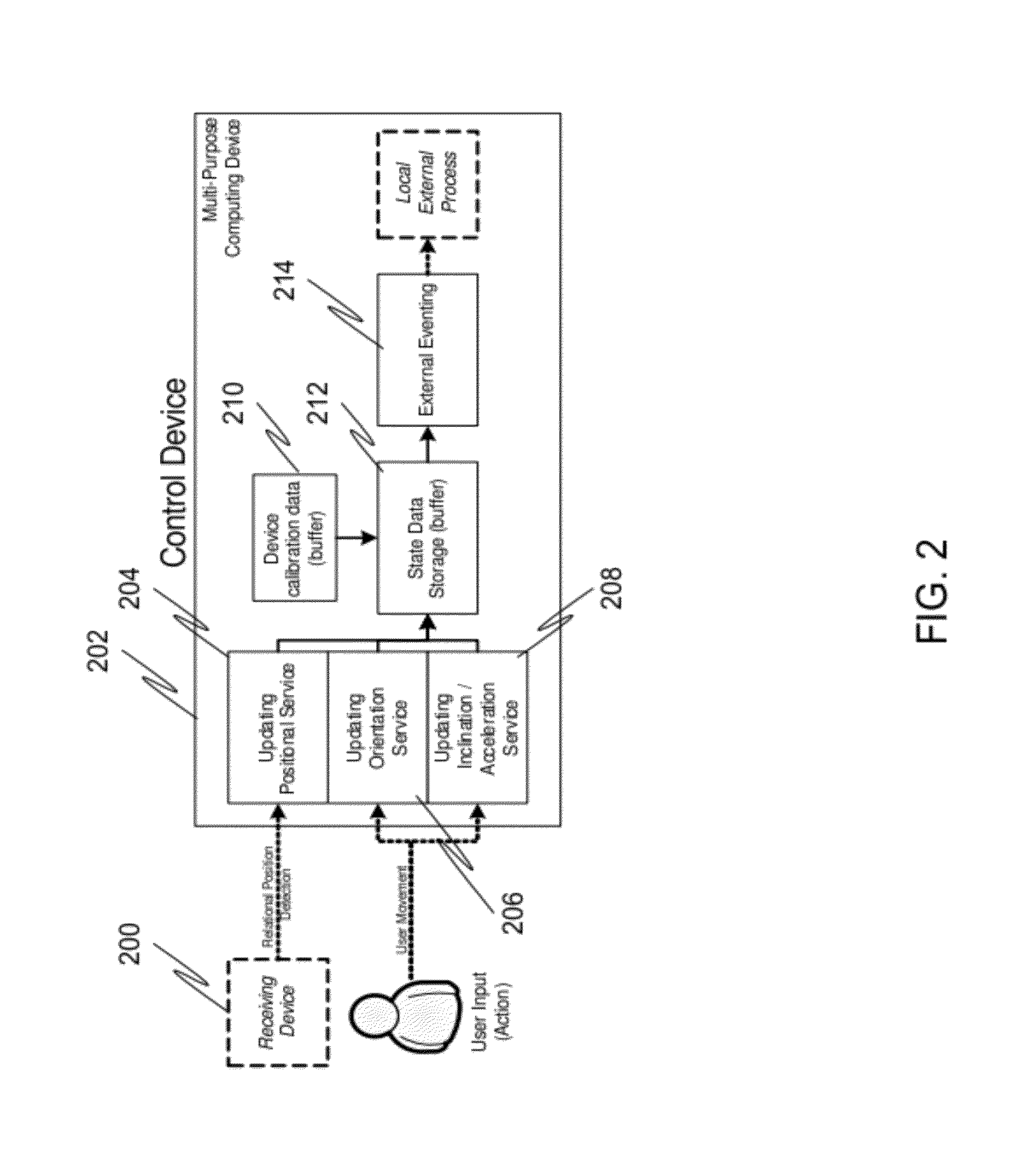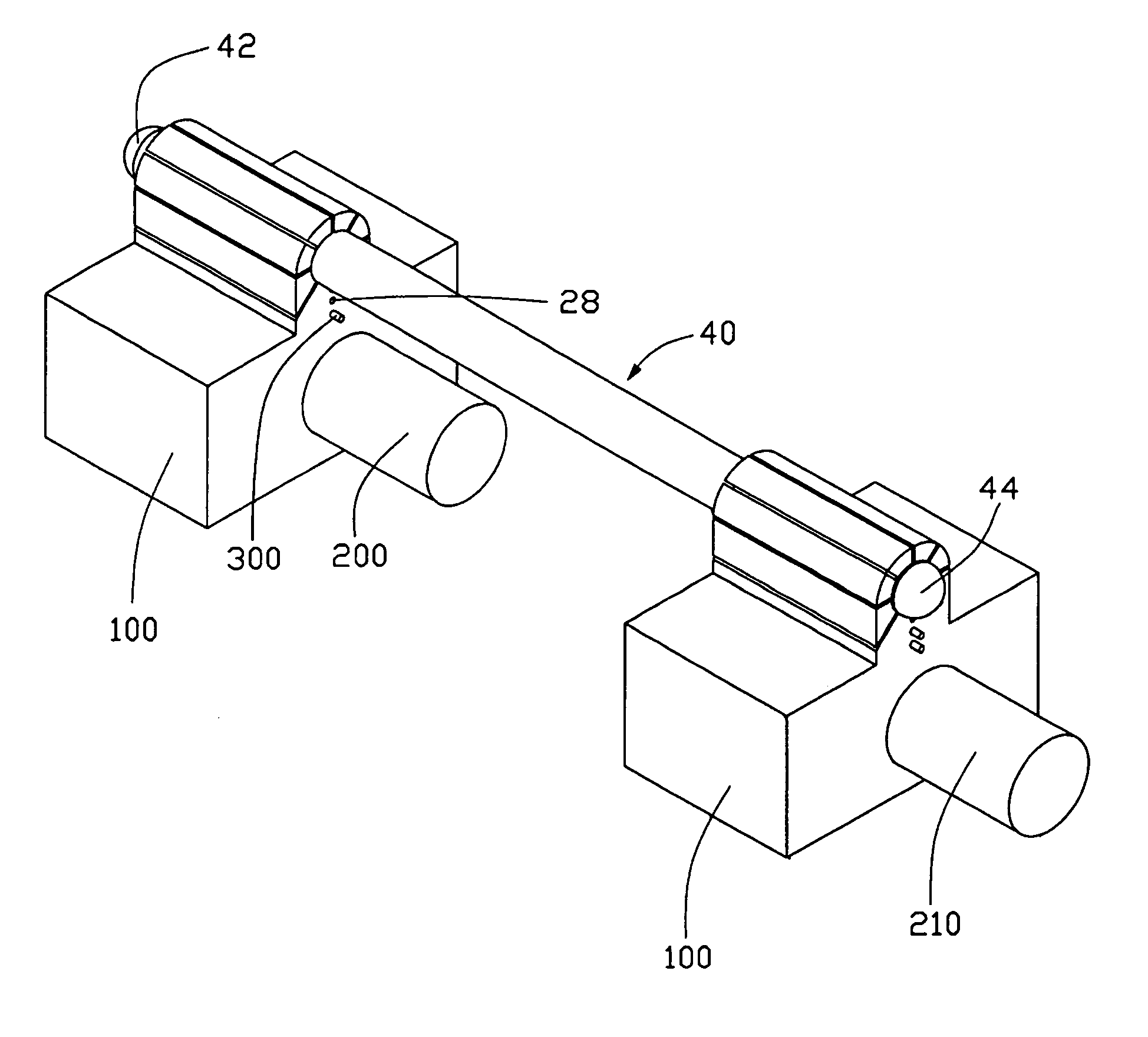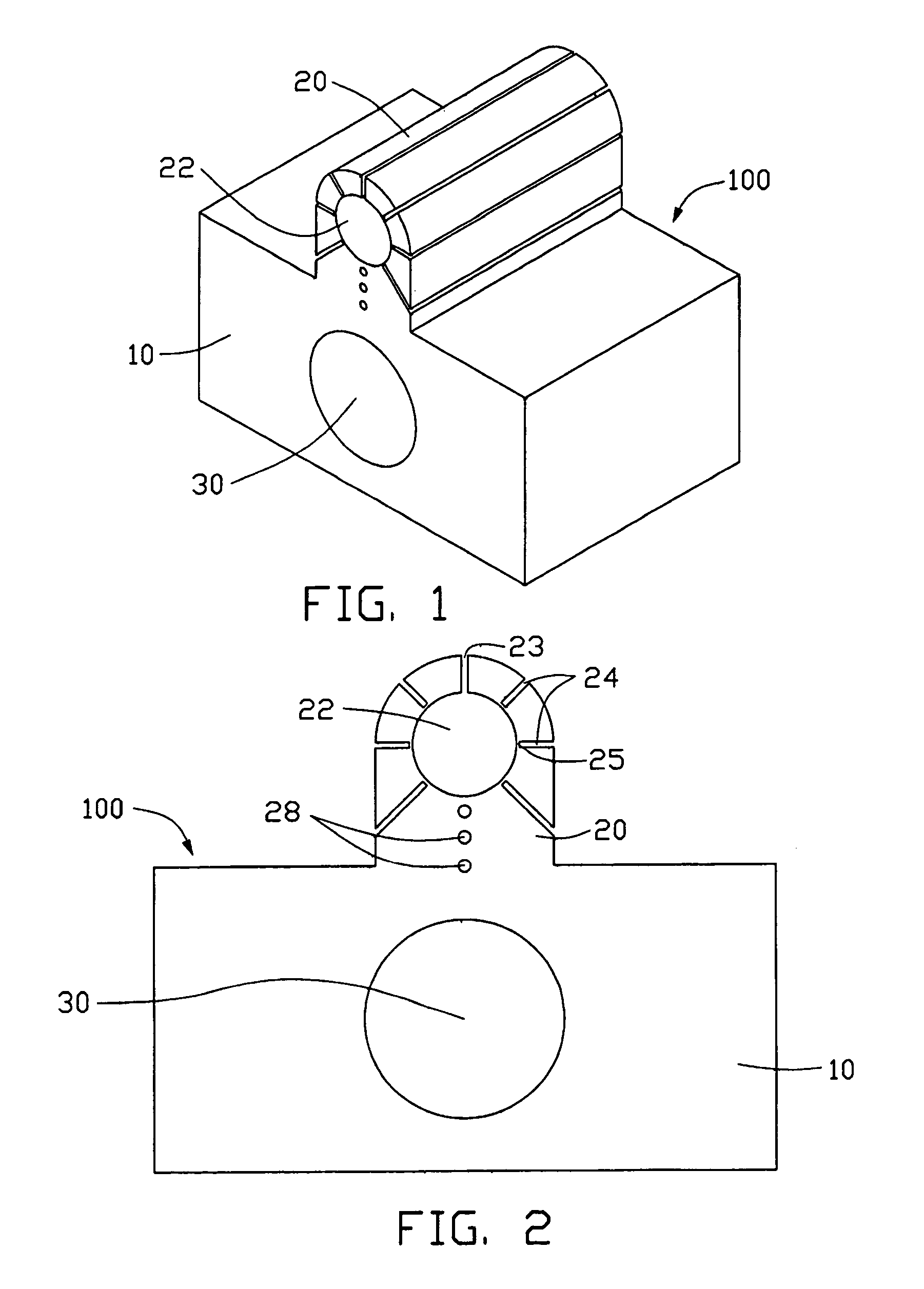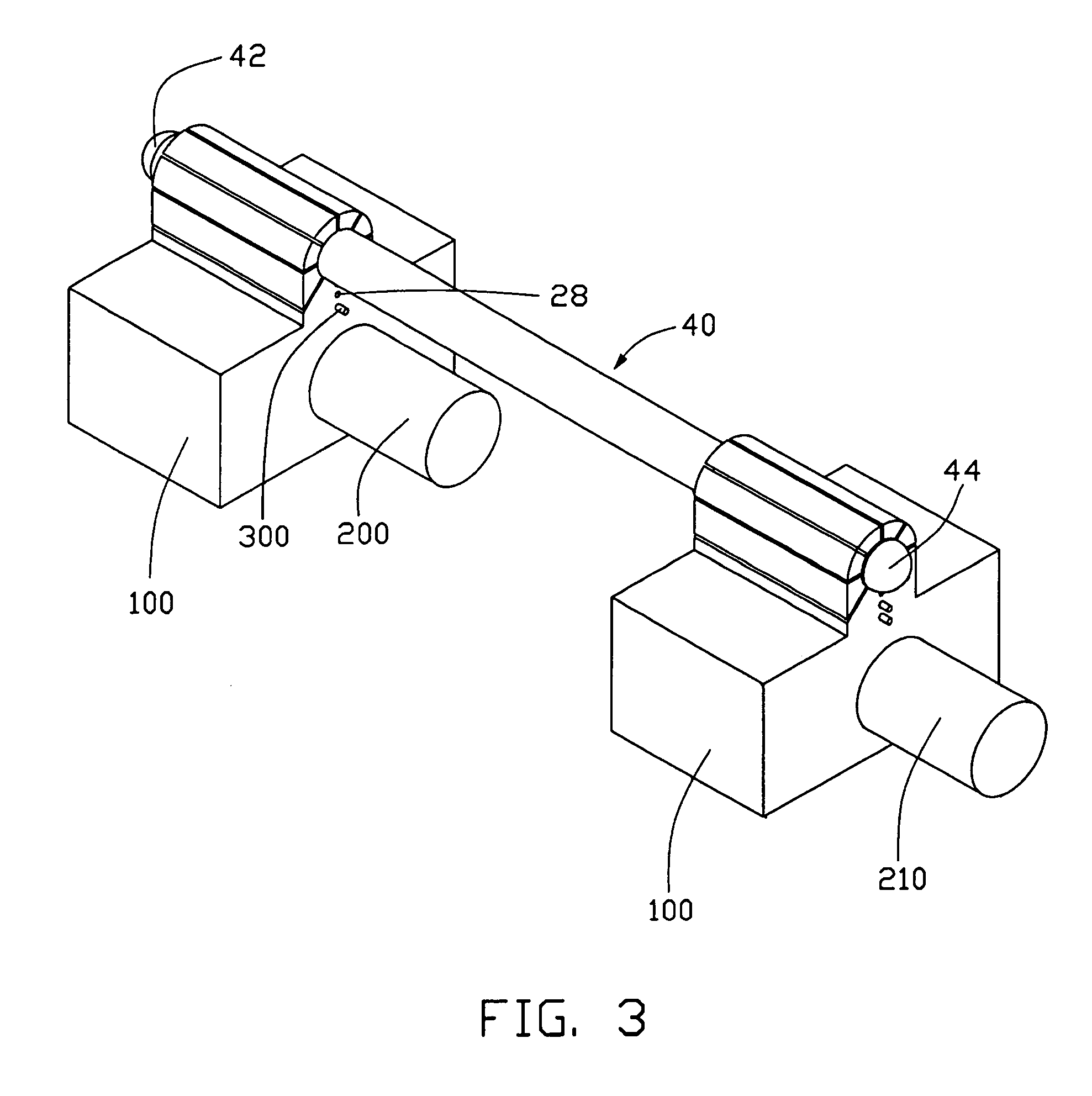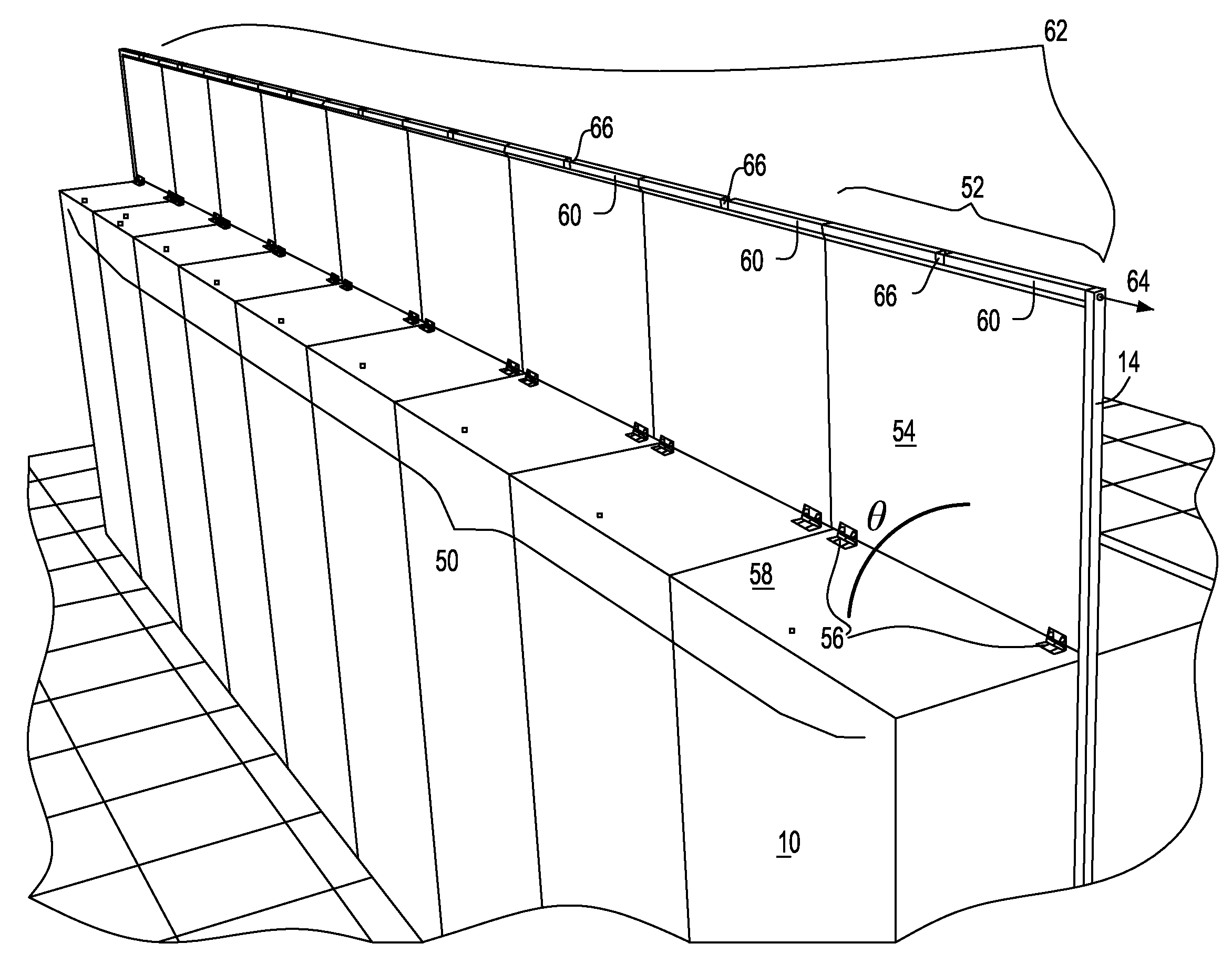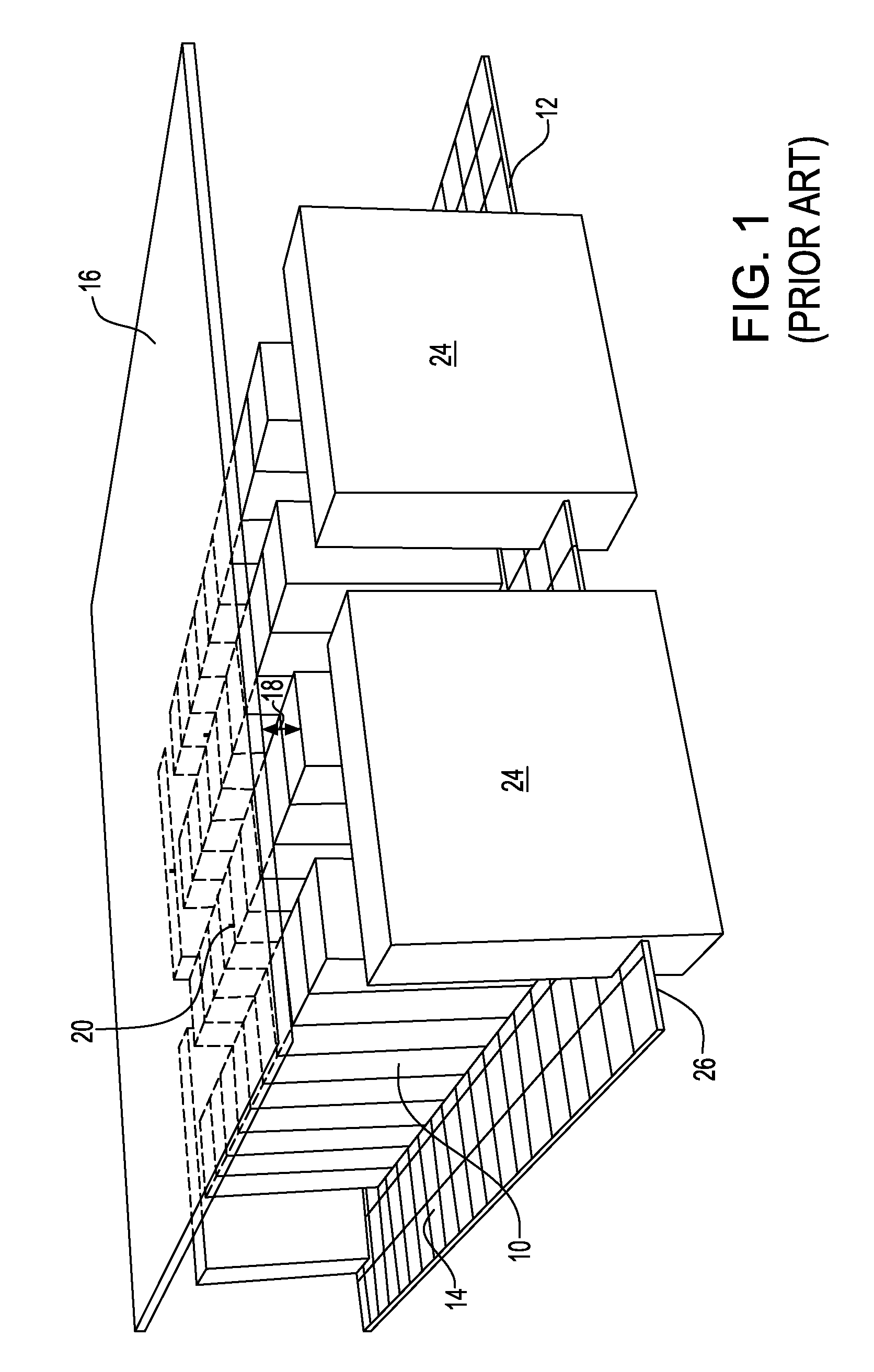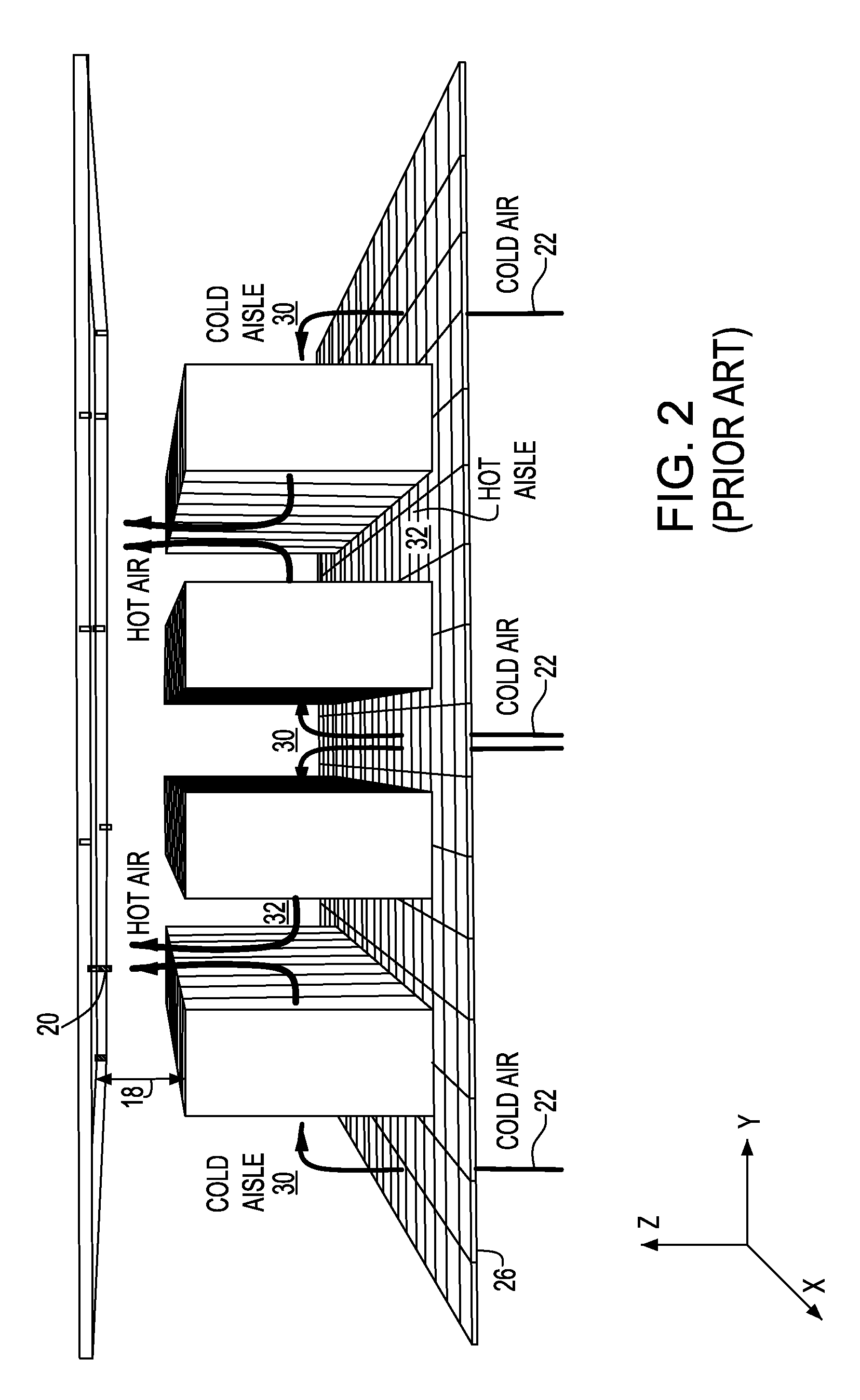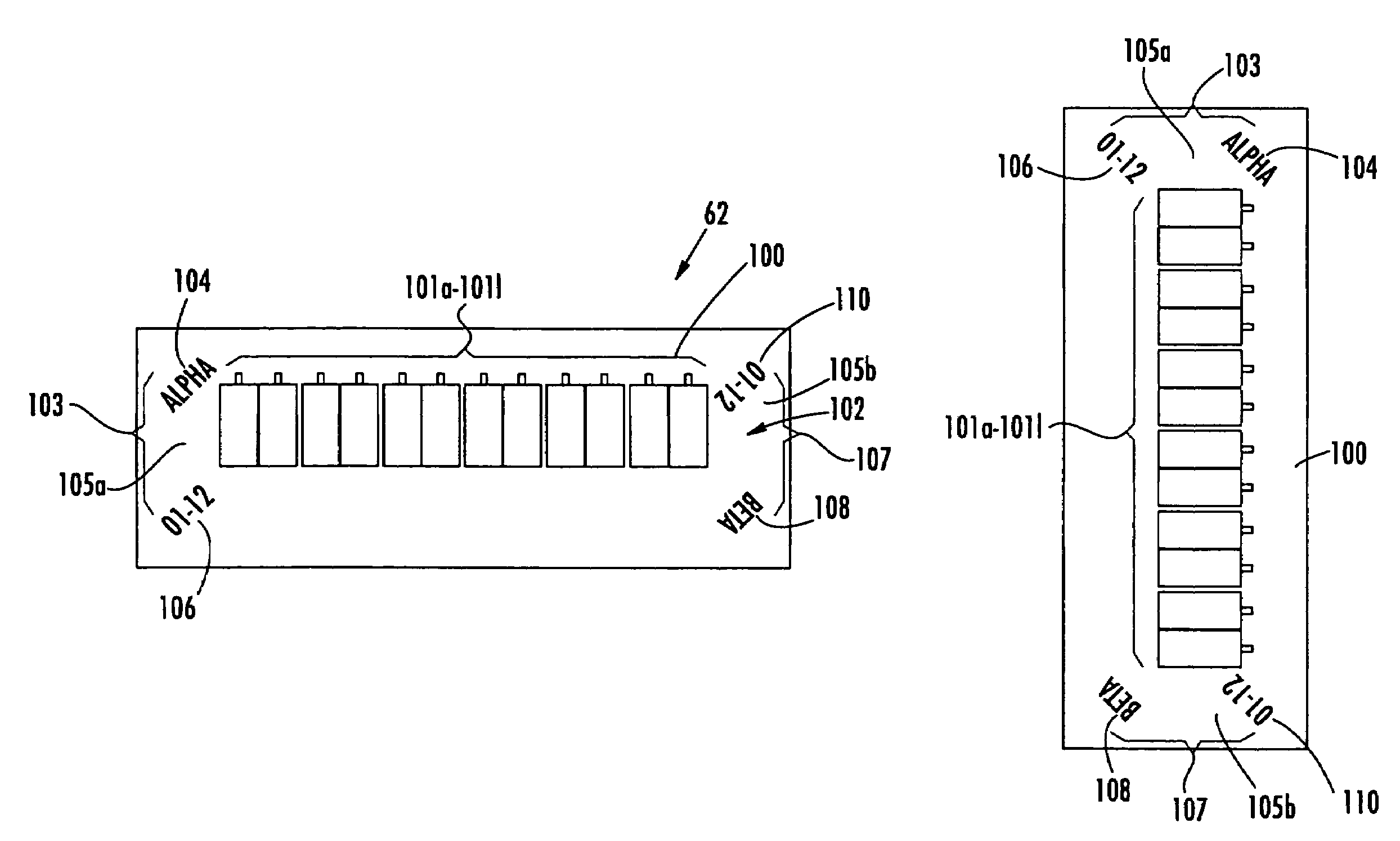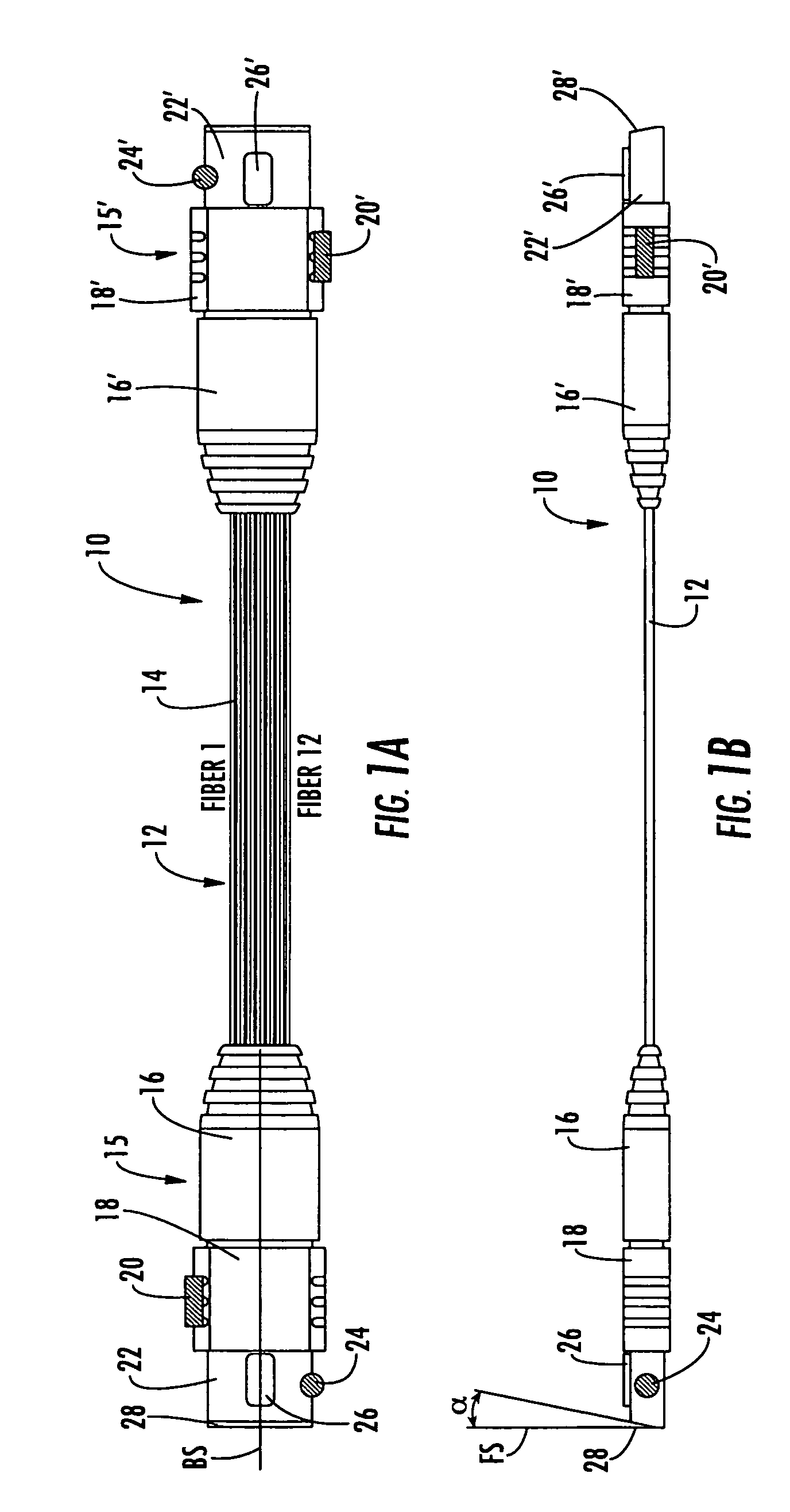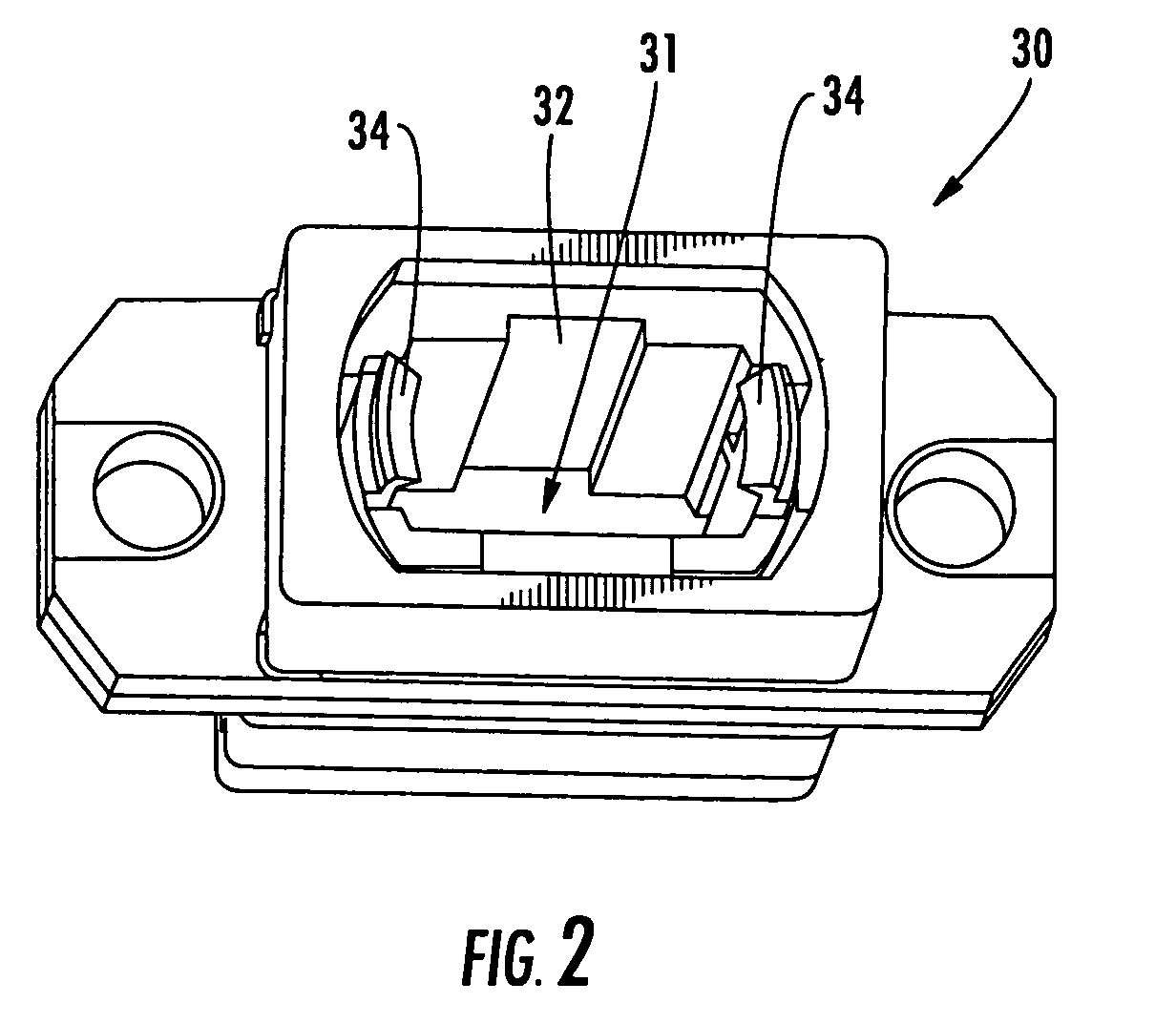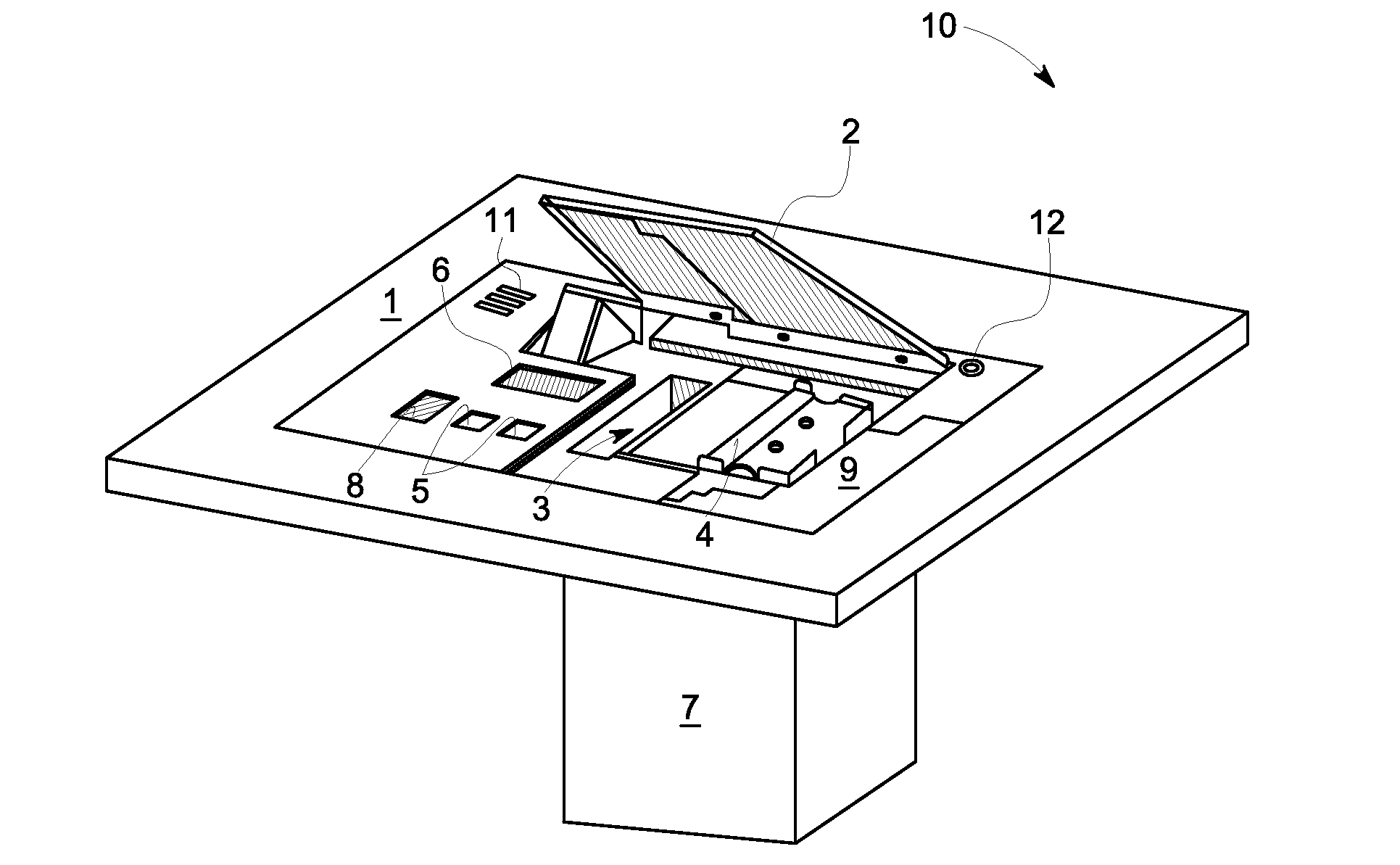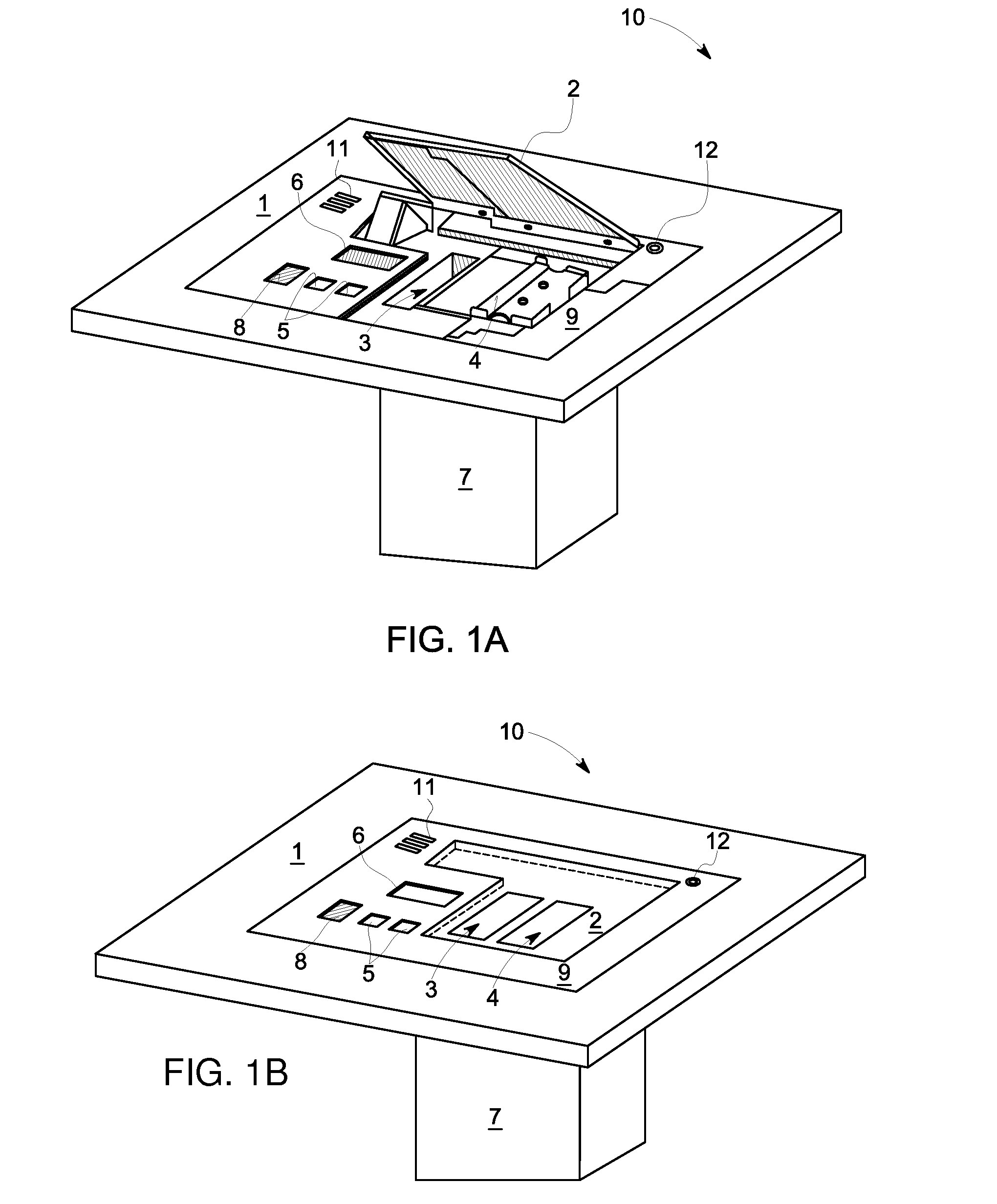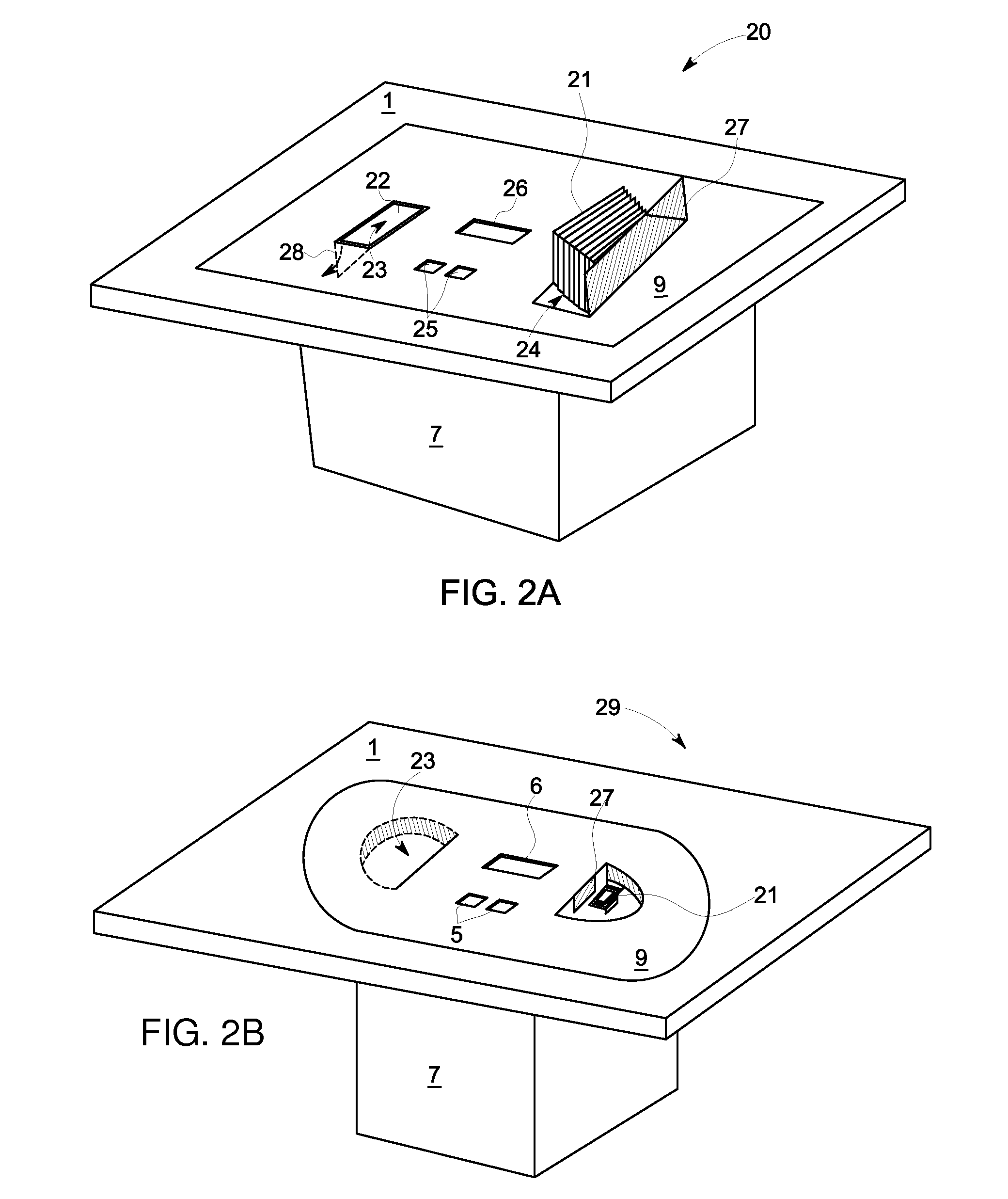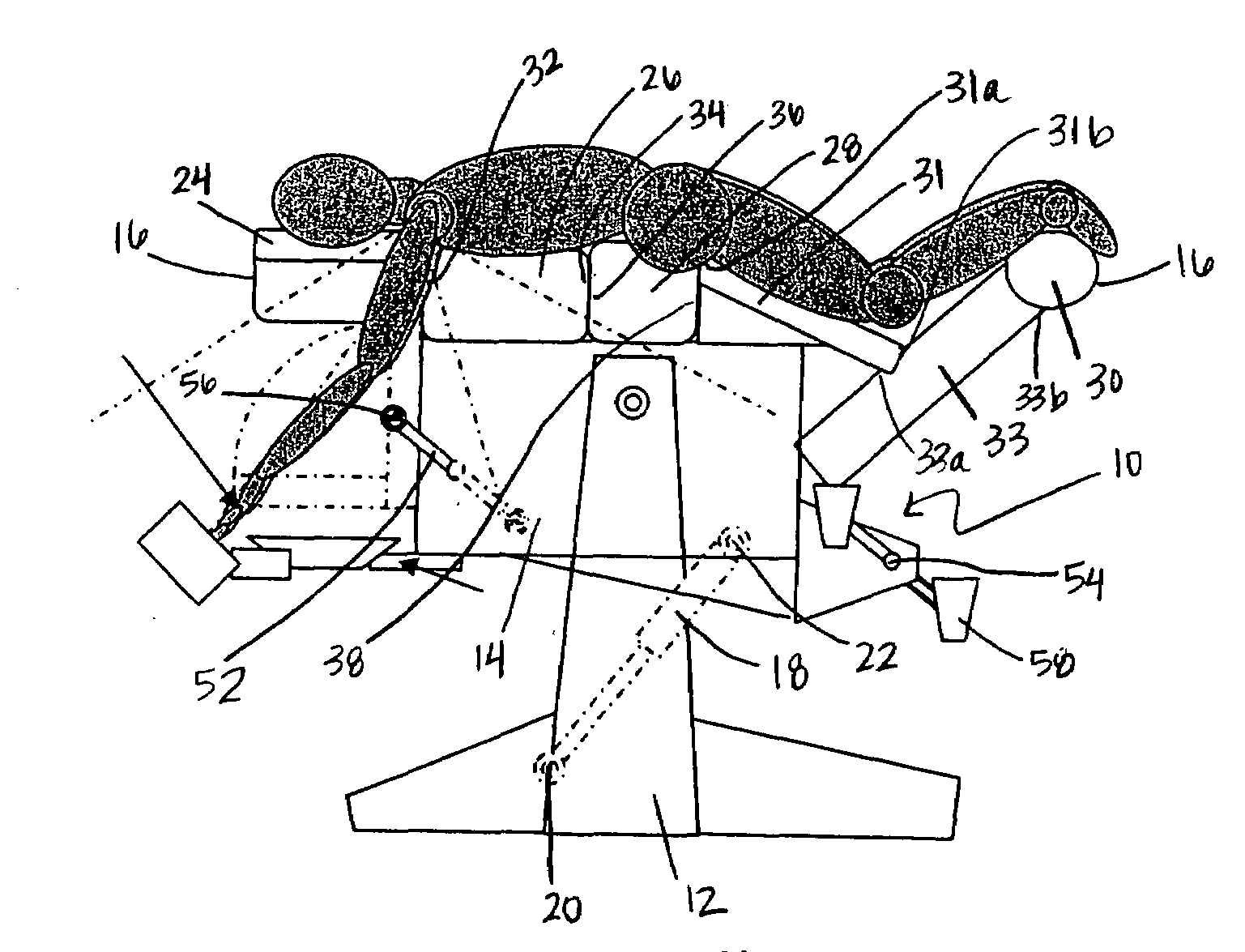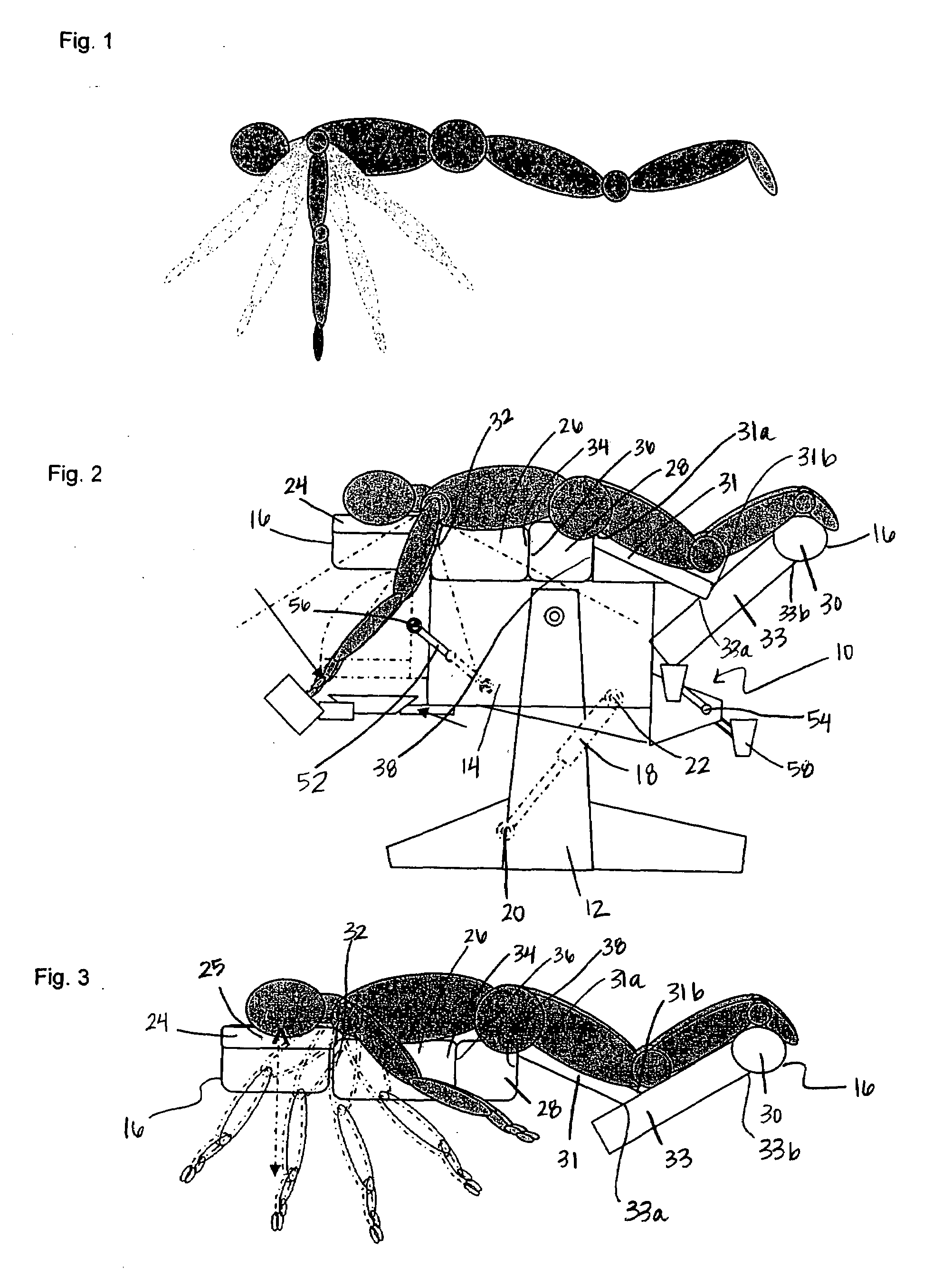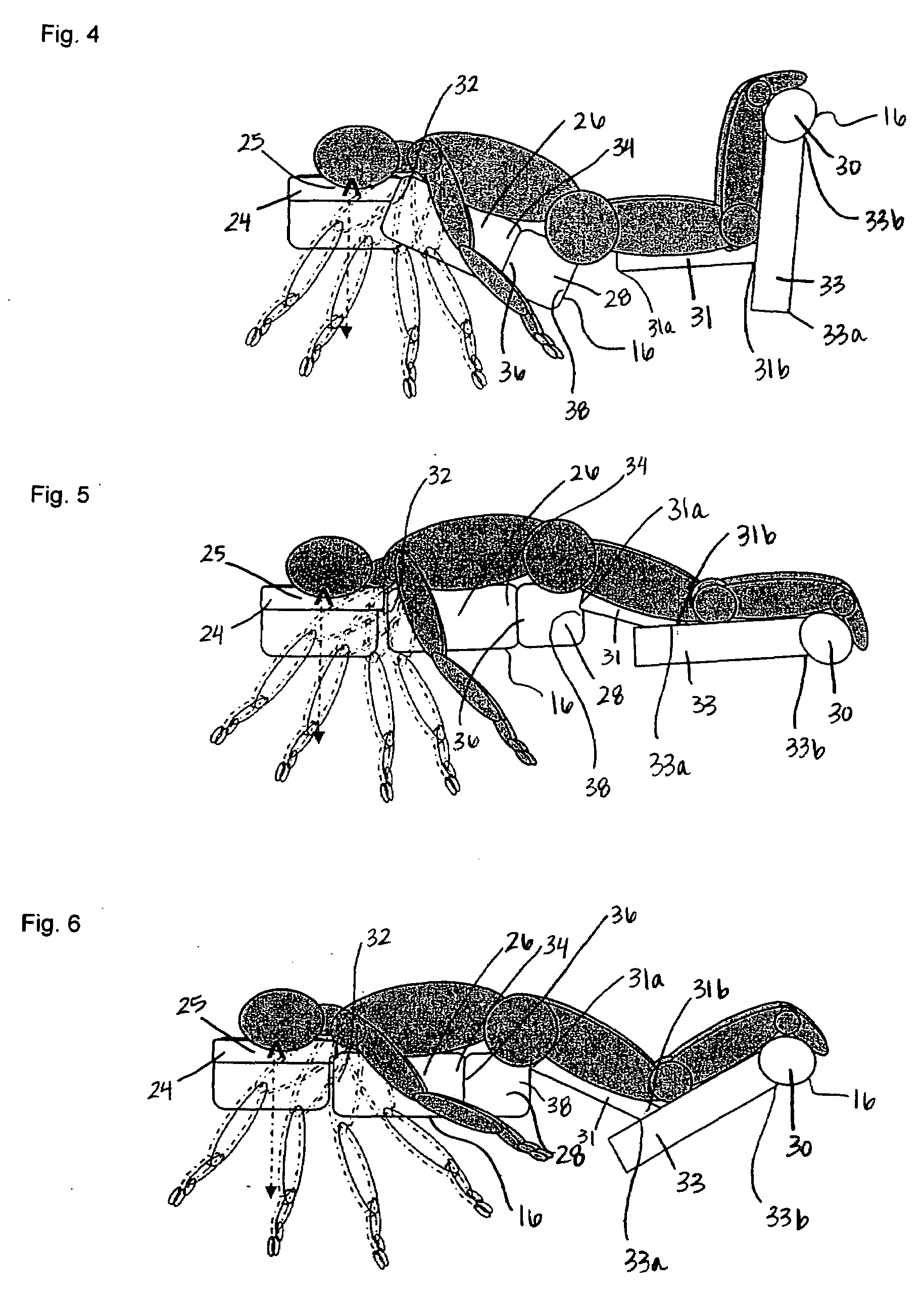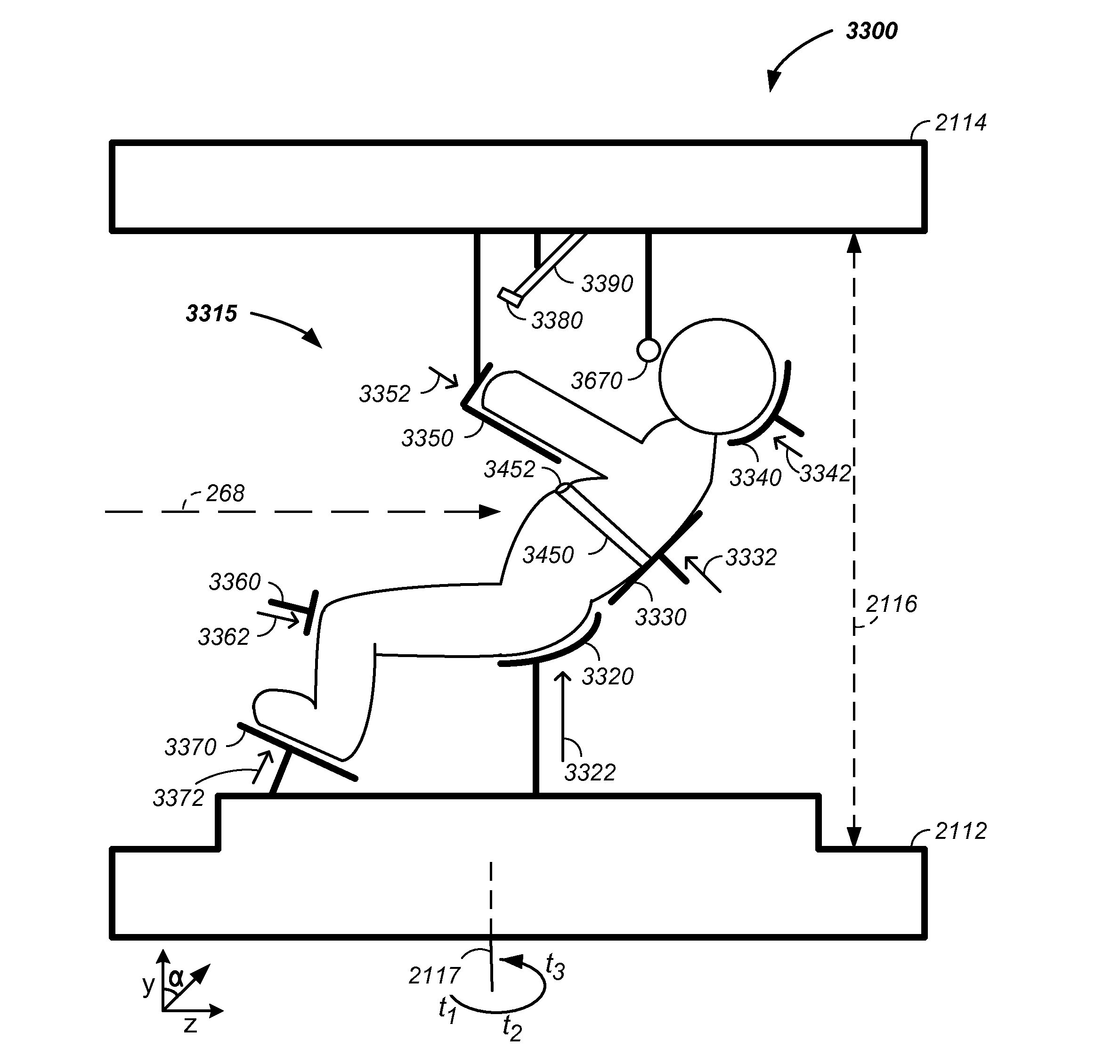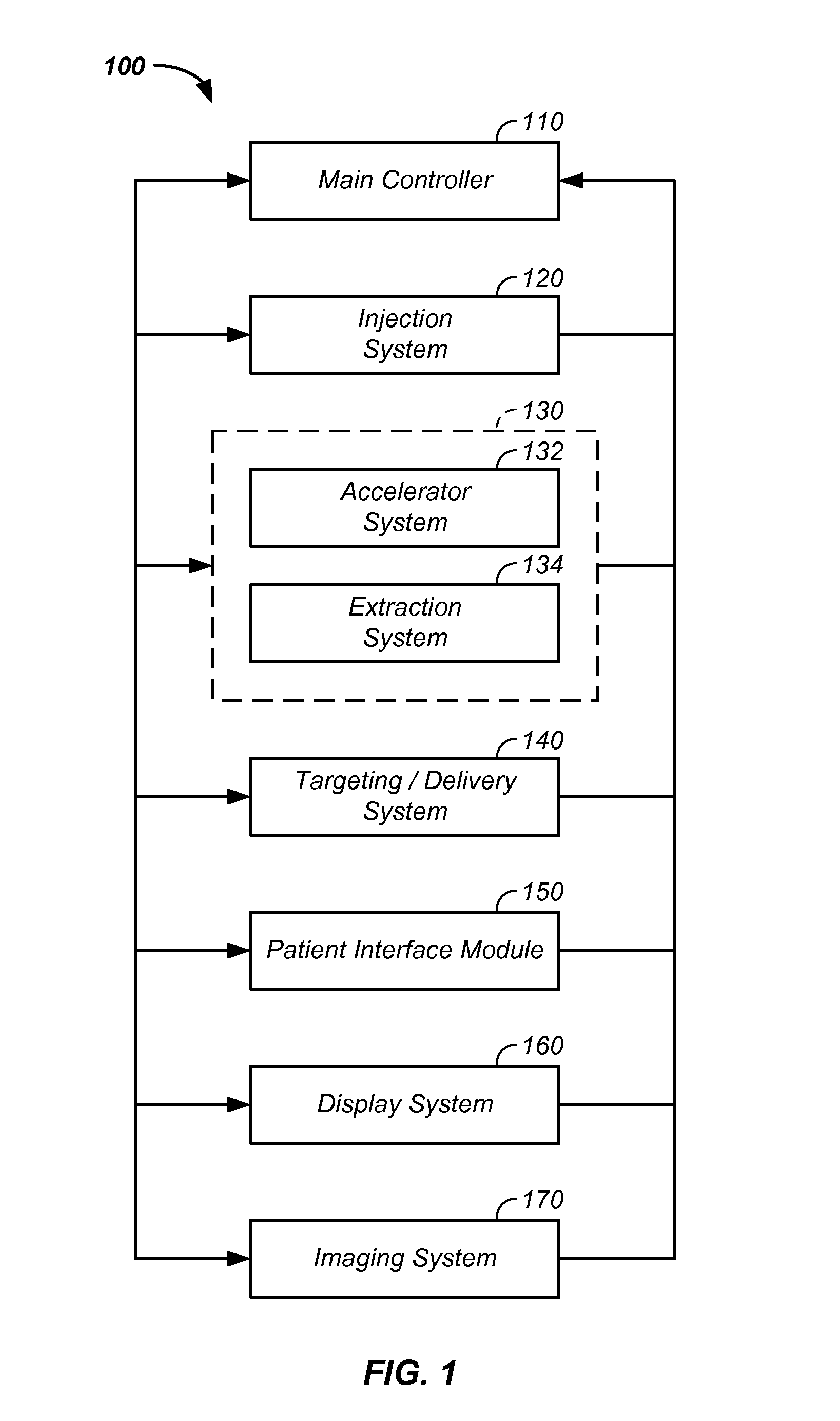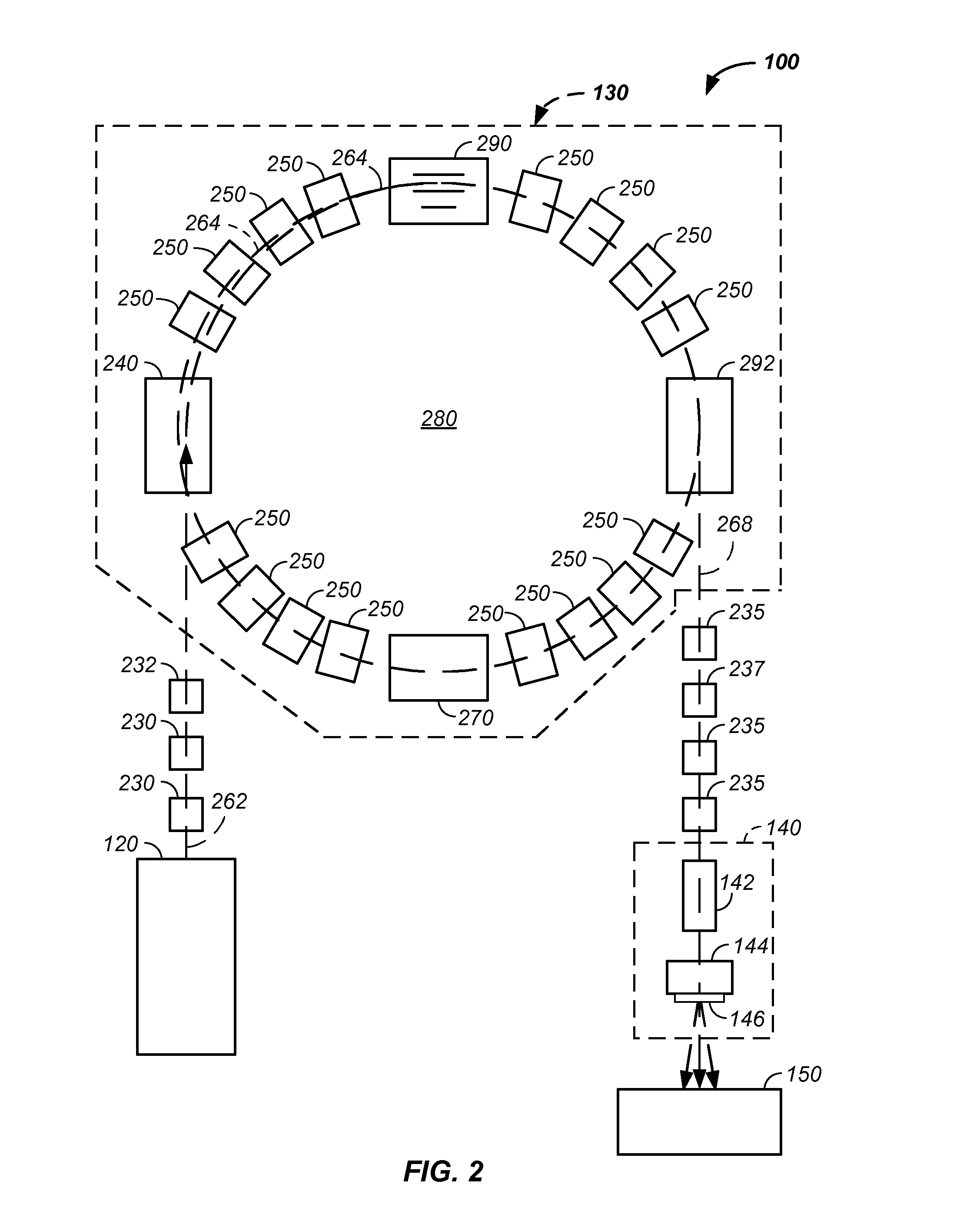Patents
Literature
Hiro is an intelligent assistant for R&D personnel, combined with Patent DNA, to facilitate innovative research.
3130 results about "Horizontal orientation" patented technology
Efficacy Topic
Property
Owner
Technical Advancement
Application Domain
Technology Topic
Technology Field Word
Patent Country/Region
Patent Type
Patent Status
Application Year
Inventor
Substrate conveyor apparatus, substrate conveyance method and exposure apparatus
ActiveUS20060291982A1Improve reliabilityStrong adhesionPhotomechanical apparatusSemiconductor/solid-state device manufacturingEngineeringReticle
The present invention pertains to a substrate conveyor apparatus that carries a substrate such as a reticle, a substrate conveyance method and an exposure apparatus, with the object of reliably adhering a substrate to the lower surface of a chuck. The present invention is characterized by having a movable stage that can move in the horizontal direction and that is equipped with a chuck having an adhesion surface that faces down for adhering a substrate, an up-down means equipped with an up-down table that is positionable in a position below the substrate and within the movement range of the movable stage, and a conveyance means equipped with a conveyor arm that carries the substrate to the up-down means.
Owner:NIKON CORP
Flooring panel
A panel, in particular a flooring panel, of a wood material which is provided with a mechanism for the detachable connection of a least two panels, whereby form-fitting elements for locking in the vertical direction and in the horizontal direction with another panel are embodied on at least one lateral edge of a first panel, whereby a chamfer is embodied on at least one lateral edge starting from an upper side. The chamfer or the form-fitting elements are coated or impregnated with at least one melamine layer.
Owner:KRONOTEC
Interbody fusion system with intervertebral implant retention assembly
ActiveUS20100217393A1Eliminating exacerbation of instabilityImprove stabilitySpinal implantsFastenersPosterior instrumentationCorpectomy
The present disclosure is directed towards a biomechanical implant and anterior, lateral or posterior instrumentation construct. The construct may be of unitary or modular construction, whereby a single molded construction can form the entire assembly, in which case the through holes may be adapted to receive a metallic insert for screw fixation; or alternatively be of a modular construction wherein the anterior / lateral instrumentation and intervertebral spacer are designed for removable locking engagement, one with the other, for insertion by the surgeon as a unitary construct. A unique feature of the construct resides within the instrumentation construction, whereby a single opening formed therein permits two bone screws, or the like fastener device, to be positioned within both the superior and inferior vertebral bodies surrounding the spacer implant, or, for example in the case of a corpectomy or diskectomy with cage insertion, wherein two screws can be fixed within a single vertebral body through a single through hole, and wherein the bone screws are constructed and arranged to cooperate with the retention plate so as to provide locking engagement, one to the other, with the retention plate, upon final fixation thereof. Screw retention elements of alternative shape, based upon the choice of vertical or horizontal orientation, based upon an opened figure eight design, are provided for insertion in a groove formed in the borehole of the instrumentation plate which allows insertion of each fixation element but will prevent a loosened fixation element from falling out of the plate.
Owner:SPARTAN CAGE HLDG
Dual display system
InactiveUSRE36978E1Increase spacingReduce spacingDigital data processing detailsStands/trestlesDisplay deviceAngular orientation
A display system includes a base, a pair of electronic displays, and an arm assembly that supports the displays from the base in vertical or horizontal registration. In one implementation, the arm assembly is a single telescopic member that rotates relative to the base and locks in vertical and horizontal orientations, the displays rotate relative to the member between corresponding extreme angular positions in which the operative angular orientation of the displays relative to horizontal is maintained, and the length of the member is adjusted to minimize separation of the displays. In another implementation, the arm assembly has separate arms rotating about vertically spaced axes and linked to minimize the separation of the displays automatically when vertically or horizontally registered. In a simple implementation, the arm assembly is a rigid arm that releasably attaches to the base only in vertical and horizontal orientations, the displays mounted releasably to the arm in pre-defined angular orientations that preserve their operative angular orientation, and one display can be connected to the arm at spaced apart position to adjust separation of the displays.
Owner:MOSCOVITCH JERRY
Multi-eye image pickup device
InactiveUS20080117316A1Television system detailsSignal generator with multiple pick-up deviceOptical axisHorizontal orientation
A multi-eye camera includes imaging units which are detachably attached to a camera main body. The camera main body has a concave container portion to which at most four imaging units in either vertical or horizontal orientation can be attached at the same time. A length between the optical axes of two imaging units is denoted by a base length R. Attachment positions and orientations of the imaging units can be changed according to a distance from the multi-eye camera to a subject for being captured, so that the length of the base length R is optimized for the subject.
Owner:FUJIFILM CORP
Nanotube-on-gate FET structures and applications
Nanotube on gate FET structures and applications of such, including n2 crossbars requiring only 2n control lines. A non-volatile transistor device includes a source region and a drain region of a first semiconductor type of material and a channel region of a second semiconductor type of material disposed between the source and drain region. A gate structure is made of at least one of semiconductive or conductive material and is disposed over an insulator over the channel region. A control gate is made of at least one of semiconductive or conductive material. An electromechanically-deflectable nanotube switching element is in fixed contact with one of the gate structure and the control gate structure and is not in fixed contact with the other of the gate structure and the control gate structure. The device has a network of inherent capacitances, including an inherent capacitance of an undeflected nanotube switching element in relation to the gate structure. The network is such that the nanotube switching element is deflectable into contact with the other of the gate structure and the control gate structure in response to signals being applied to the control gate and one of the source region and drain region. Certain embodiments of the device have an area of about 4 F2. Other embodiments include a release line is positioned in spaced relation to the nanotube switching element, and having a horizontal orientation that is parallel to the orientation of the source and drain diffusions. Other embodiments provide an n2 crossbar array having n2 non-volatile transistor devices, but require only 2n control lines.
Owner:NANTERO +1
Intermodal bulk dry particulate cargo container and method
A method for loading and unloading of dry bulk freight containers vertically, and a device in the form of an improved intermodal dry bulk freight container for vertical loading and unloading. Standardized corner locks may be used and dimensions may be selected so as to provide a standardized cargo container.The present invention teaches that an intermodal dry bulk freight container may be loaded in either the customary horizontal orientation of such devices, or in a vertical orientation in which one end is opened and elevated. In particular, however, such a container may advantageously be emptied by elevating it into the vertical orientation. The method of the invention is thus to provide only a single hopper and yet allow one hopper to empty the entire container, as well as providing a more efficient gravity feed of bulk cargo as it is off loaded.The present invention furthermore teaches an intermodal dry bulk freight container suitable for this method of operation. In the presently preferred embodiment, the container is loaded conventionally via hatches on the top of the container when it is in a horizontal orientation, but is unloaded via a single hopper located at the lower end when the container is raised into the vertical orientation.
Owner:LE ROY CURTIS W
Multi-user collaborative graphical user interfaces
InactiveUS7327376B2Cathode-ray tube indicatorsImage data processing detailsGraphicsGraphical user interface
A multi-user collaborative graphical user interface has a display area with a horizontal orientation, the display surface is positioned between the multiple users. The display area also has a centroid and a circumference. The display area is partitioned into work areas so that there is one working area for each user of the multiple users. An item is displayed in a particular working area using a global polar coordinate system centered on the centroid.
Owner:MITSUBISHI ELECTRIC RES LAB INC +1
Lid with bistably valved drinking spout
InactiveUS20060071008A1Easily resealableNot interfere and hinderLidsDrinking vesselsEngineeringStructural engineering
A lid with a raised drink-through spout (24) has a hinged flap valve (28) covering a drink opening (26′) formed in the surface of the spout. The user opens the valve by pushing the top of a post (28P) on the flap (28F) down. A hinge (28H) holding the flap urges the flap to return to its closed and horizontal orientation, but the top edge of the post will catch under a catch edge of the opening opposite the hinge. This holds the flap open. The user can then drink from the spout. To re-close the valve, the user applies inward force to the outer sidewall (16) below the catch edge. This causes the wall to deflect inwardly and the catch edge to distort outwardly, widening the hole. This releases the post, allowing it to move upwardly so that the flap can spring back to its horizontal and closed position.
Owner:DIXIE CONSUMER PROD
Wearable electronic display
A wearable display apparatus includes a display for providing viewable images. A display support assembly can support the display. The display support assembly can be self centering and telescoping for adjusting the position of the display for viewing by a user. The display support assembly can include right side and left side arm members spaced apart from each other, and a flexibly resilient support member to which the display is mounted between the arm members. The support member can be telescopically mounted to the arm members. The support member can have flexibly resilient right and left side portions secured to the display. Each side portion can be slidably mounted to a respective arm member for telescoping. The support member can have a material cross section that provides stiffness for supporting the display when in a generally horizontal orientation for viewing while also providing resilient flexibility between the arm members to self center the display between the arm members with changes in distances between the arm members.
Owner:KOPIN HK LTD
Method and apparatus for variable polarization control in a lithography system
InactiveUS20060092398A1Improve optical efficiencyPhotomechanical exposure apparatusPhotographic printingLithographic artistHorizontal orientation
A polarization control device for a lithography system selectively polarizes light in horizontal, vertical and / or circular orientations. A pair of relatively rotatable quarter-wave plates move to provide the desired polarization. When the quarter-wave plates are at a relative angle of 45 degrees, the polarization is circular. When the quarter-wave plates are both at zero or 45 degrees, the resulting polarization is vertical or horizontal. The polarization is selected based on the orientation of an image to be projected. Horizontal polarization is preferably used for images with a strong horizontal orientation, and vertical polarization is selected for images with a strong vertical orientation. Circular orientation is selected when the image has no strong horizontal or vertical orientation.
Owner:ASML HLDG NV
Interbody fusion system with intervertebral implant retention assembly
ActiveUS8187329B2Effective protectionLower profile of implantSpinal implantsFastenersPosterior instrumentationEngineering
The present disclosure is directed towards a biomechanical implant and anterior, lateral or posterior instrumentation construct. The construct may be of unitary or modular construction, whereby a single molded construction can form the entire assembly, in which case the through holes may be adapted to receive a metallic insert for screw fixation; or alternatively be of a modular construction wherein the anterior / lateral instrumentation and intervertebral spacer are designed for removable locking engagement, one with the other, for insertion by the surgeon as a unitary construct. A unique feature of the construct resides within the instrumentation construction, whereby a single opening formed therein permits two bone screws, or the like fastener device, to be positioned within both the superior and inferior vertebral bodies surrounding the spacer implant, or, for example in the case of a corpectomy or diskectomy with cage insertion, wherein two screws can be fixed within a single vertebral body through a single through hole, and wherein the bone screws are constructed and arranged to cooperate with the retention plate so as to provide locking engagement, one to the other, with the retention plate, upon final fixation thereof. Screw retention elements of alternative shape, based upon the choice of vertical or horizontal orientation, based upon an opened figure eight design, are provided for insertion in a groove formed in the borehole of the instrumentation plate which allows insertion of each fixation element but will prevent a loosened fixation element from falling out of the plate.
Owner:SPARTAN CAGE HLDG
Door and window coverings employing longitudinally rigid vanes
InactiveUS6354353B1Improve insulation performanceExtensible doors/windowsShutters/ movable grillesFiberControl system
A covering for window or doors includes a plurality of vanes mounted horizontally or vertically, the vanes being light in weight and longitudinally rigid. The vanes may be foam filled or may include a vane shell made from a polymer matrix, and in either case may optionally include a decorative fabric covering. In the hollow vane embodiment, the vane shell preferably includes a polymer matrix at least partially enveloping fibers, and in the most preferred embodiment is prepared from a fibrous batt including two different thermoplastic resin fibers, one having a lower melting point than the other. The vane shell is formed by thermally treating the batt to at least partially melt the lower melt fibers to at least partially envelope the higher melt fibers. Alternative embodiments of the invention described herein include the horizontal or vertical mounting of the foam core or hollow vanes, the attachment of sheer fabrics thereto, the use of ribbon or cord tilt control systems for the vanes, and other features which create door or window coverings providing light control, insulation, stacking to the side or top, and the capability for cordless operation when the vanes are used in a horizontal orientation.
Owner:NEWELL WINDOW FURNISHINGS
Wind turbine system
InactiveUS7084520B2Easy retrofit attachmentEngine fuctionsWind motor supports/mountsHorizontal orientationWind force
Wind turbine system, and related method, is provided that exploits an aerodynamically enhanced wind zone of a structure by aligning a wind turbine generator, and preferably a plurality thereof, along a wall thereof. Each generator includes a structural support, a wind turbine rotor and a generator set. The system includes a mounting assembly that attaches the generators to the upper edge of a wall of the building and that allows for easy retrofit attachment to existing structures. The system includes a busway extending along the mounting assembly and configured to provide electrical contact between the generator assembly and the electrical infrastructure of the building. Preferably, the generator assembly is mounted such that the rotor's axis of rotation is in a generally horizontal orientation. The system may further include a fairing attached to the mounting assembly and configured to extend outward from a front side of the wall. The fairing can be provided with a downwardly curved planar shape to facilitate airflow towards the rotors.
Owner:AEROVIRONMENT INC
Method and apparatus for retrieving a hovering aircraft
InactiveUS7954758B2Easy to aimElimination of undercarriageArrester hooksArresting gearJet aeroplaneHorizontal orientation
For retrieval of a hovering aircraft, a cable, bar, or similar fixture is suspended in an approximately horizontal orientation across the retrieval area between two well-separated supports. The aircraft slowly flies into this fixture, which then slides along the aircraft in a direction approximately parallel with the aircraft's thrust line. This leads to the aircraft becoming fastened to the fixture by an interceptor or aircraft capturer which in alternative embodiments are respectively on the aircraft or the fixture or both. Thrust is then reduced, and the aircraft comes to rest hanging from the fixture for subsequent removal. Retrieval is thus accomplished with simple and economical apparatus, light and unobtrusive elements on the aircraft, low risk of damage, and only moderate piloting accuracy.
Owner:AEROVEL CORP
Method and apparatus for nonlinear anamorphic scaling of video images
ActiveUS7158158B1Control amountThe location is limitedGeometric image transformationPicture reproducers using cathode ray tubesMorphingNonlinear scaling
Methods and apparatuses for nonlinear scaling of video images. To match the aspect ratios of a video image and the target display area, at least one embodiment of the present invention scales the video image according to one or more nonlinear functions along the horizontal direction and / or the vertical direction. In one embodiment, the nonlinear functions are such that the original aspect ratio of the video image is preserved near the center region (or strip) of the image and the image is gradually stretched (or compressed) as it is mapped to the edges. In one example, the scaling is implemented by the texture mapping functionality of OpenGL using graphics hardware. In one embodiment of the present invention, the nonlinear mapping is constructed according to a polynomial mapping; and, the coefficients of the polynomial are adjustable by a user to trade off distortion between the image center and the image edges, giving the user control over the location and the amount of distortion.
Owner:APPLE INC
Peripheral layer forming apparatus and method for manufacturing honeycomb structure
InactiveUS20080179781A1Pretreated surfacesSurface layering apparatusHorizontal orientationHoneycomb structure
A peripheral layer forming apparatus for coating a pillar-shaped member with a peripheral layer. The apparatus includes supporting members configured to sandwich the member from both sides and support the member so that an axis of the member is maintained in a horizontal orientation. A peripheral layer forming head is provided having a squeegee with a face configured to be oriented parallel to the axis. The apparatus is configured to provide the face at a predetermined angle with respect to a virtual face, where the virtual face is defined as a plane that is parallel to the axis of the member and that is tangential to a contact point on a peripheral face of the member where the squeegee is configured to contact the member. The apparatus is configured to maintain the predetermined angle as a peripheral layer is formed on the peripheral face of the member by a movement of at least one of the squeegee and the member.
Owner:IBIDEN CO LTD
Portable device
InactiveUS20080132288A1Possible to selectImprove usabilityDevices with multiple keyboard unitsTelephone sets with user guidance/featuresDisplay deviceEngineering
The present invention provides a portable device which can easily (by one action) bring the display device into a use state from a stored state when a display device is used in a vertical orientation or the display device is used in a horizontal orientation, and can make an exclusive operation part usable in each use state, can hide an unnecessary operation part to enhance operability, or can show an exclusive appearance on a surface.
Owner:FUJIFILM CORP
Optical fiber array connectivity system with indicia to facilitate connectivity in four orientations for dual functionality
A fan-out unit for a data communication system includes: a plurality of optical fibers; and a faceplate with a plurality of ports arranged in at least one row, each of the ports being optically interconnected with a respective one of the optical fibers and configured to received a mating optical fiber. The faceplate includes a first visual indicia associated with the ports that indicates an arrangement in which mating optical fibers are to be inserted into the ports, the first visual indicia being easily readable when the faceplate is in either a first horizontal orientation or a first vertical orientation, but not being easily readable when the faceplate is in a second horizontal orientation that is inverted from the first horizontal orientation or a second vertical orientation that is inverted from the first vertical orientation.
Owner:COMMSCOPE INC
Knee arthroplasty apparatus and method
A method for aligning a bone cutting guide on a tibia may involve coupling a cutting guide alignment device and an attached cutting guide with a tibia, adjusting the alignment device in a varus / valgus orientation, adjusting the alignment device in an anterior / posterior orientation, attaching the cutting guide to the tibia, and removing the alignment device from the cutting guide, leaving the cutting guide attached to the tibia. The adjustments to the alignment device may be made according to vertically and horizontally oriented laser lights emitted from the alignment device. As the alignment device is adjusted, the bone cutting guide attached to the alignment device changes position relative to the tibia.
Owner:SYNVASIVE TECH
Fence system
A modular fence system. The system includes fence planks designed for insertion into open channels of upper and lower fence rails. The fence rails are supported in a horizontal orientation between intermittent fence posts, with the fence planks extending vertically between the rails. The planks include resilient protrusions, called plank-projections, at their upper ends. The plank-projections are designed to engage with channel-projections formed in the open channels of the upper fence rail and lower fence rail, to inhibit inadvertent removal of the planks from the upper rail. Alternatively, the plank-projections may be eliminated in favor of having the channel-projections simply grip the planks frictionally, or, vice versa, the channel-projections could be eliminated in favor of having the plank-projections press frictionally against the walls of the open channels in the upper rail or lower rail or both. Accordingly, the engagement between the upper rail and the planks takes some weight off the lower rail such that fewer support posts are needed, and that engagement can be provided with just the channel-projections, or just the plank-projections, or both.
Owner:KROY BUILDING PROD
Determining user intent from position and orientation information
InactiveUS20120127012A1Electric signal transmission systemsOptical rangefindersEngineeringDirection information
In a first embodiment of the present invention, a method for controlling a receiving device, the method comprising: detecting a position of a control device operated by a user; detecting horizontal orientation or vertical inclination of the control device; based on the position and the horizontal orientation or vertical inclination of the control device, determining that the control device is pointed at the receiving device as opposed to another receiving device in the vicinity; and causing the control device to control the receiving device at which it is pointed based on the determination that the control device is pointed at the receiving device.
Owner:SAMSUNG ELECTRONICS CO LTD
Mobile robot
Disclosed is a mobile robot including a main body and a pattern irradiation unit emitting a cross-shaped optical pattern including a horizontal line optical pattern and a vertical line optical pattern intersecting the horizontal line optical pattern. The pattern irradiation unit includes a light source and a lens converting light emitted from the light source into the cross-shaped optical pattern, the lens includes convex cells on an incidence surface upon which the emitted light is incident, the incidence surface is divided into a first area converting the light emitted from the light source into the horizontal line optical pattern and a second area converting the light emitted from the light source into the vertical line optical pattern, vertical convex cells extended in parallel in the vertical direction are formed in the first area, and horizontal convex cells extended in parallel in the horizontal direction are formed in the second area.
Owner:LG ELECTRONICS INC
Measuring device for heat pipe
InactiveUS7147368B2Accurate transferLow thermal conductivityThermometer detailsMaterial thermal conductivityWorking fluidDesign testing
Owner:HON HAI PRECISION IND CO LTD
Method of assembling a fence
InactiveUS6041486ASimple designEasy to assembleFencingMetal working apparatusEngineeringHorizontal orientation
A modular fence system. The system includes fence planks designed for insertion into open channels of upper and lower fence rails. The fence rails are supported in a horizontal orientation between intermittent fence posts, with the fence planks extending vertically between the rails. The planks include resilient protrusions at their upper ends. The protrusions of the planks are designed to fit into internal passages formed in the open channels of the upper fence rail, into engagement with ledges defining the passages, to inhibit inadvertent removal of the planks from the upper rail.
Owner:KROY BUILDING PROD
Fire-code-compatible, collapsible partitions to prevent unwanted airflow between computer-room cold aisles and hot aisles
An arrangement for the cooling of computer data centers. More particularly, the arrangement eliminates the problems present in the uneven or inadequate cooling of computer racks due to unwanted airflows, which are encountered between so-called hot aisles and cold aisles present in a computer data center. Specifically, this problem is solved through the provision of partitions which, under normal circumstances, prevent the unwanted airflows by standing in a vertical orientation, yet which, in the event of a fire, collapse from the vertical orientation to a horizontal orientation, thereby avoiding interference with water sprays from sprinkler heads, and thus complying with fire codes and ordinances. Moreover, also employed is a method of preventing the unwanted air flows by utilization of the novel arrangement comprising the fire-code-compatible, collapsible partitions.
Owner:DAEDALUS BLUE LLC
Optical fiber array connectivity system with indicia to facilitate connectivity in four orientations for dual functionality
A fan-out unit for a data communication system includes: a plurality of optical fibers; and a faceplate with a plurality of ports arranged in at least one row, each of the ports being optically interconnected with a respective one of the optical fibers and configured to received a mating optical fiber. The faceplate includes a first visual indicia associated with the ports that indicates an arrangement in which mating optical fibers are to be inserted into the ports, the first visual indicia being easily readable when the faceplate is in either a first horizontal orientation or a first vertical orientation, but not being easily readable when the faceplate is in a second horizontal orientation that is inverted from the first horizontal orientation or a second vertical orientation that is inverted from the first vertical orientation.
Owner:COMMSCOPE INC
Card Shuffler
InactiveUS20150238848A1Easy to operateAvoid necessityCard gamesComputer hardwareHorizontal orientation
Systems, apparatuses and methods are described for shuffling a deck, group, stack or pile of cards. The cards are placed into a shuffler. The shuffler may be accessed under a lid, or via a slot or tray. Buttons, switches, or a touch screen and the like serve as an interface to access and control the shuffler. Cards are introduced into a substantially vertical shuffling chute. Cards are counted or audited. Sensors provide information as to the location of the cards. Static barriers and agitators encourage cards to remain in proper orientation and location. An elevator lifts cards from the shuffling chute. Sweeper arms or other mechanism manipulates the cards and returns the cards to a substantially horizontal orientation and exit position. Manual override is possible when errors are detected. Rubber-coated commodity rollers mountable to cantilevered axles engage and launch cards into the air when shuffled in the shuffling chute. Cards settle back into the stack of cards under the influence of gravity. The shuffler is mounted inside a simple enclosure. Maintenance and interface features provide convenience when working with the shuffler. Authentication may be employed to correlate user or dealer with operation of the shuffler.
Owner:DIGIDEAL
Holistic face-down recovery apparatus and method therefor
InactiveUS20080134434A1Optimizes a patient's recovery regimenMaximize comfortChiropractic devicesNursing bedsEngineeringActuator
A face-down recovery apparatus for use in rehabilitation of patients, particularly vitreoretinal surgical patients. The apparatus has a base and a housing that is pivotally connected to the base by an actuator. A support is positioned contiguously on the housing for received a user in a face-down position. The apparatus is moveable between a substantially vertical, upright orientation to a substantially horizontal orientation. The apparatus is in a substantially upright vertical orientation when the support receives a user in a standing position. The face of a user is secured in a face-down position in a face support, and the rest of the user is secured to the support in a standing position in an unrestricted manner permitting mobility. As the housing is tilted into a horizontal position, the user is positioned in a substantially horizontal orientation. As the user is tilted between the substantially vertical upright orientation and the substantially horizontal orientation, the user's face is continuously maintained in a face-down position in the face support.
Owner:CELAURO PAUL J
Charged particle therapy patient constraint apparatus and method of use thereof
InactiveUS20130218009A1Rapid positioningMagnetic resonance acceleratorsDiagnostic recording/measuringHorizontal orientationPositioning system
The invention comprises a rapid patient positioning system including a computer and motor controlled patient constraint system, such as a patient head and / or back support system having multiple adjustable degrees of freedom that facilitates accurate, precise, and rapid alignment of a patient relative to a support or table. The patient support system is preferably integrated with a rapid patient positioning system including steps of: positioning a patient relative to the table in a substantially vertical orientation, transitioning the table through a semi-vertical orientation, such as with a robot arm, and orientating the patient and the table in a substantially horizontal orientation, such as in a position for charged particle tumor therapy. Preferably, the robot arm is in common with an arm used to move the patient in traditional proton therapy.
Owner:BALAKIN ANDREY VLADIMIROVICH +1
Features
- R&D
- Intellectual Property
- Life Sciences
- Materials
- Tech Scout
Why Patsnap Eureka
- Unparalleled Data Quality
- Higher Quality Content
- 60% Fewer Hallucinations
Social media
Patsnap Eureka Blog
Learn More Browse by: Latest US Patents, China's latest patents, Technical Efficacy Thesaurus, Application Domain, Technology Topic, Popular Technical Reports.
© 2025 PatSnap. All rights reserved.Legal|Privacy policy|Modern Slavery Act Transparency Statement|Sitemap|About US| Contact US: help@patsnap.com
